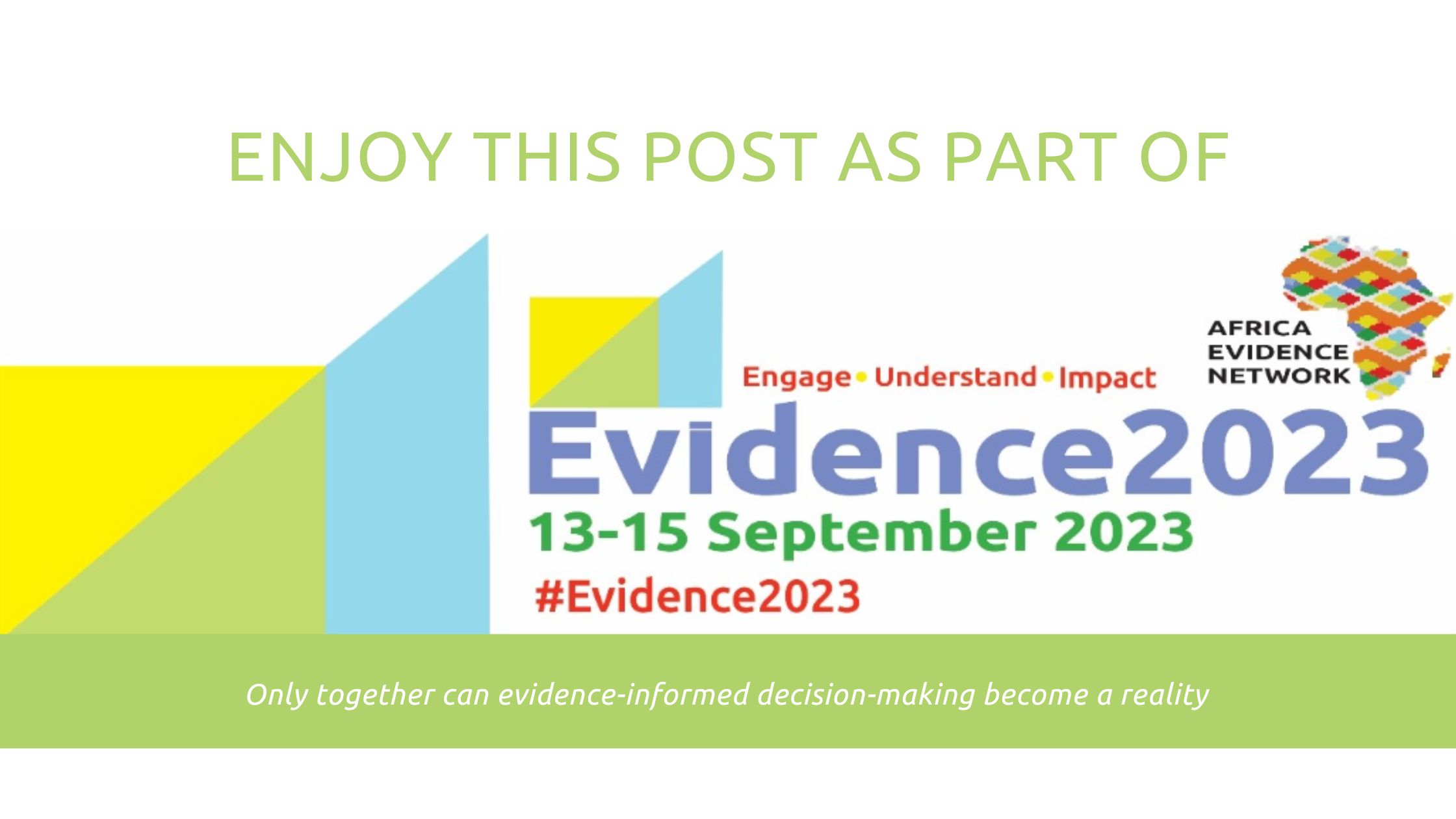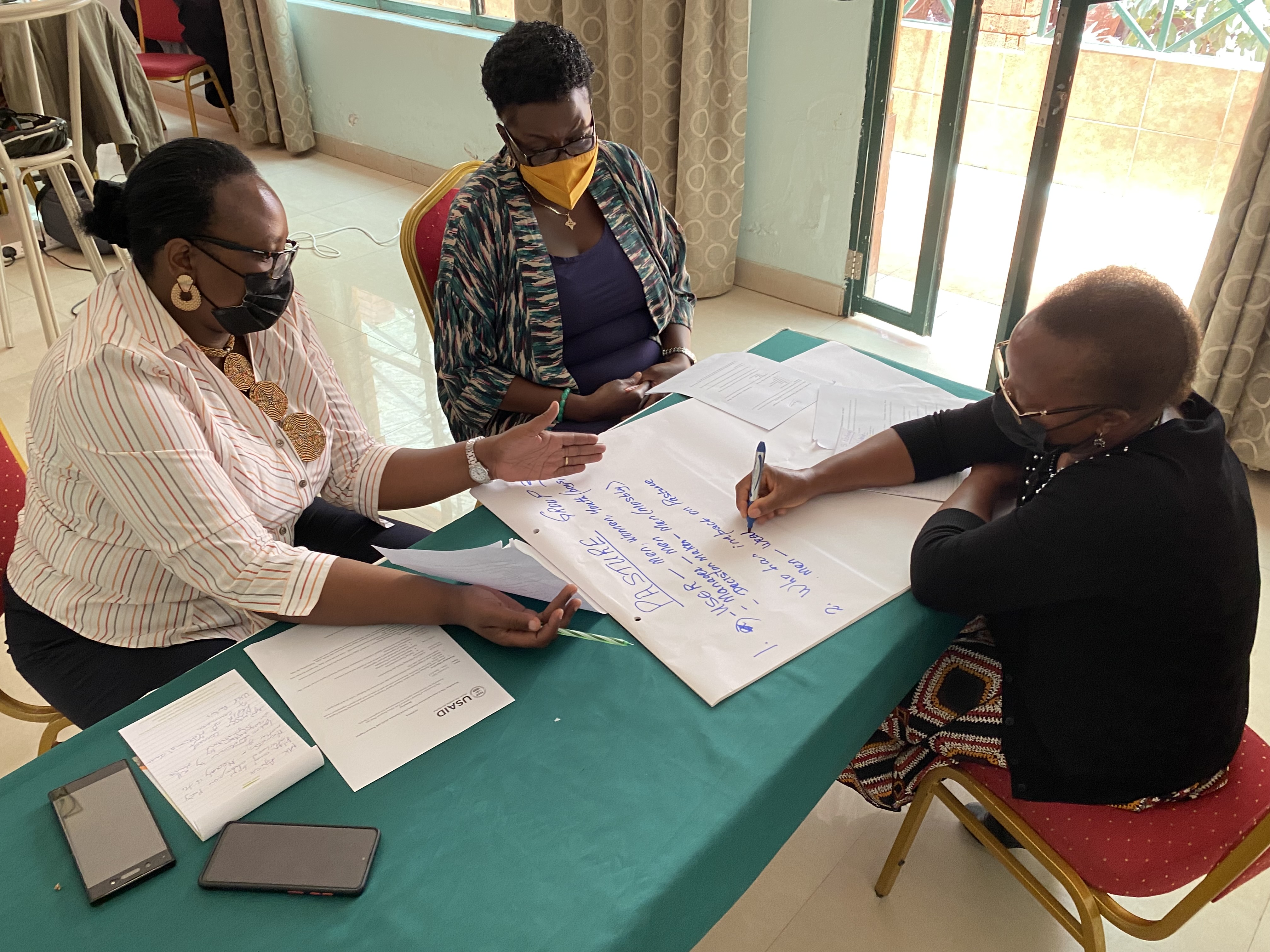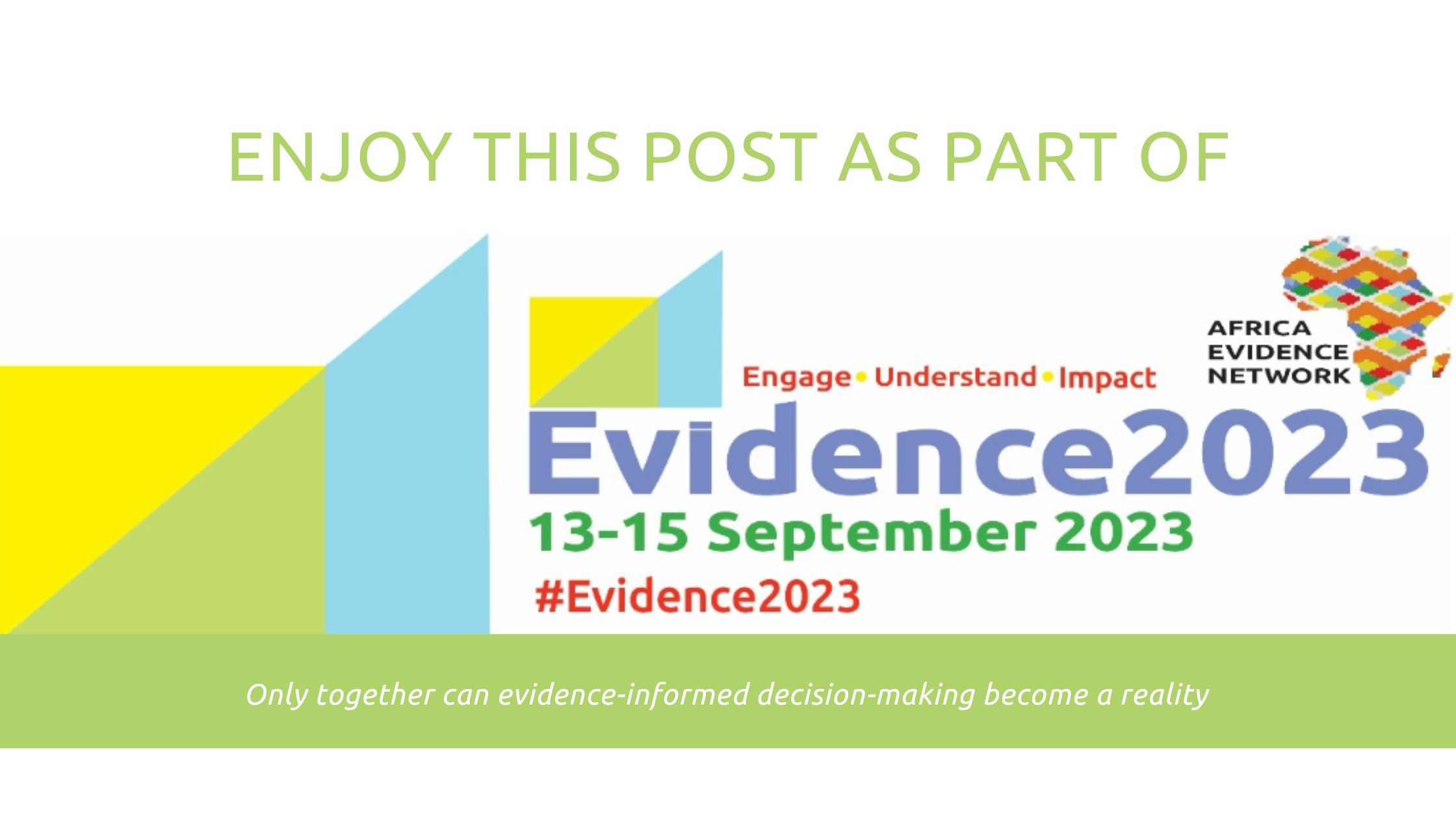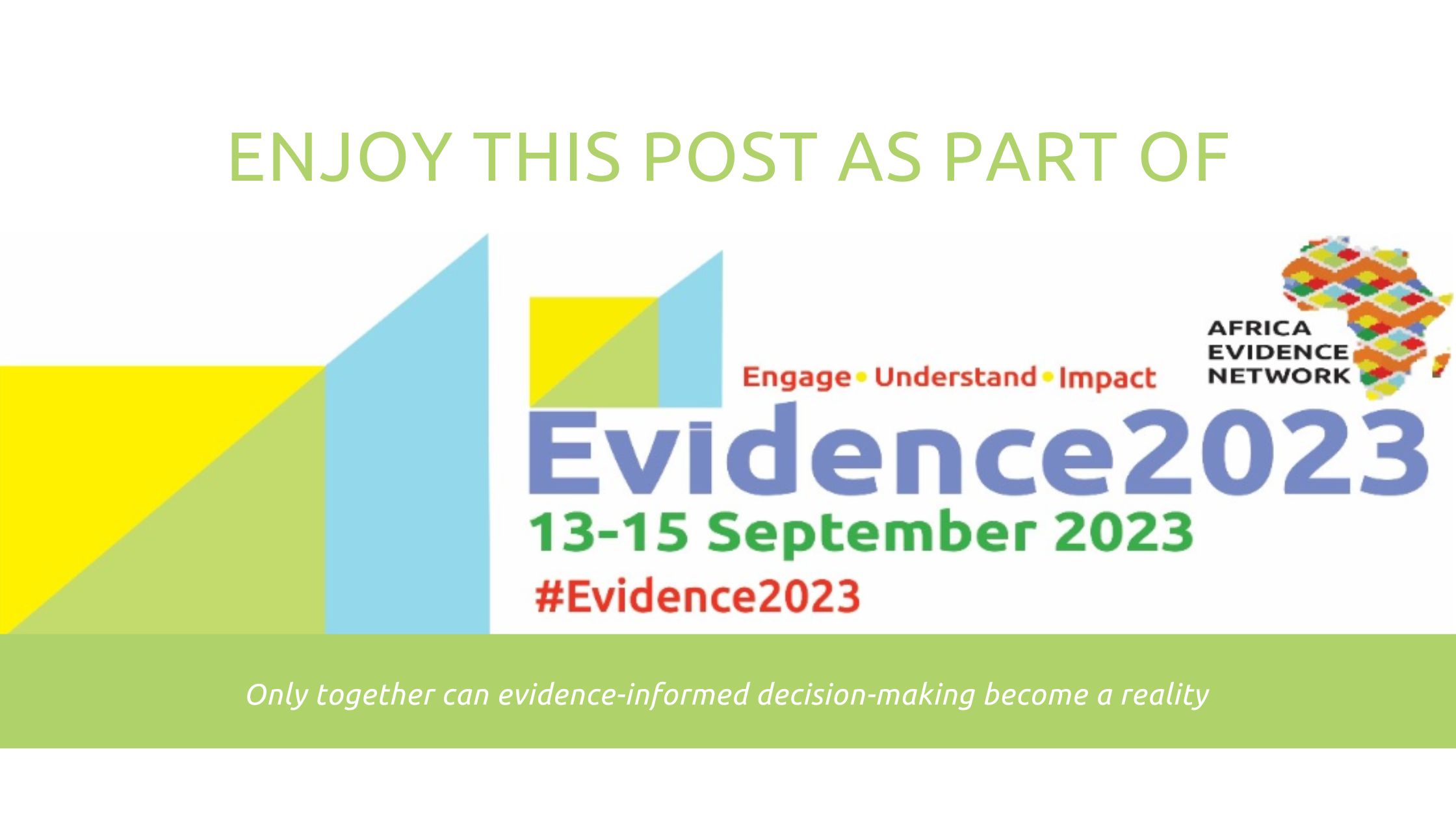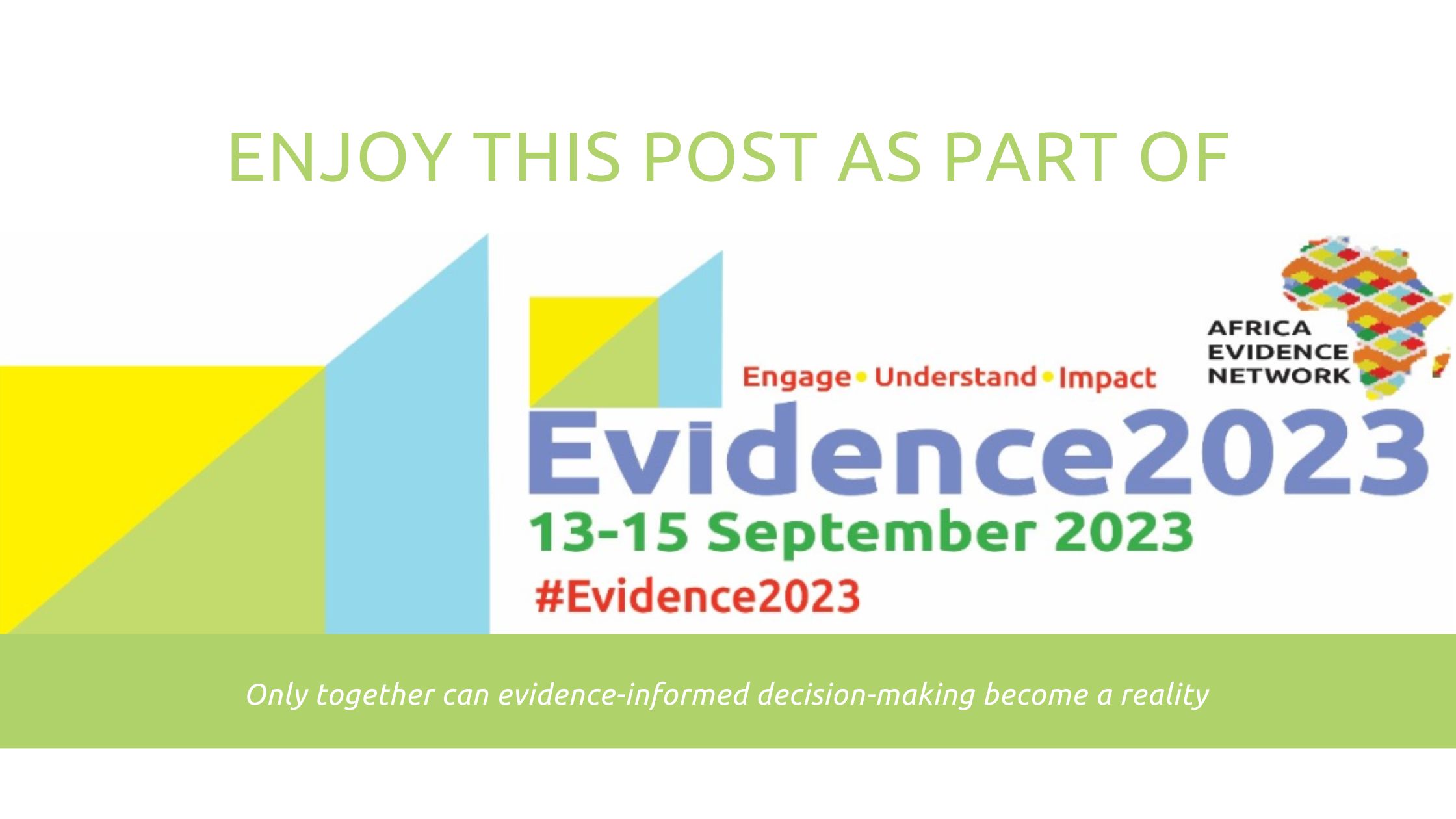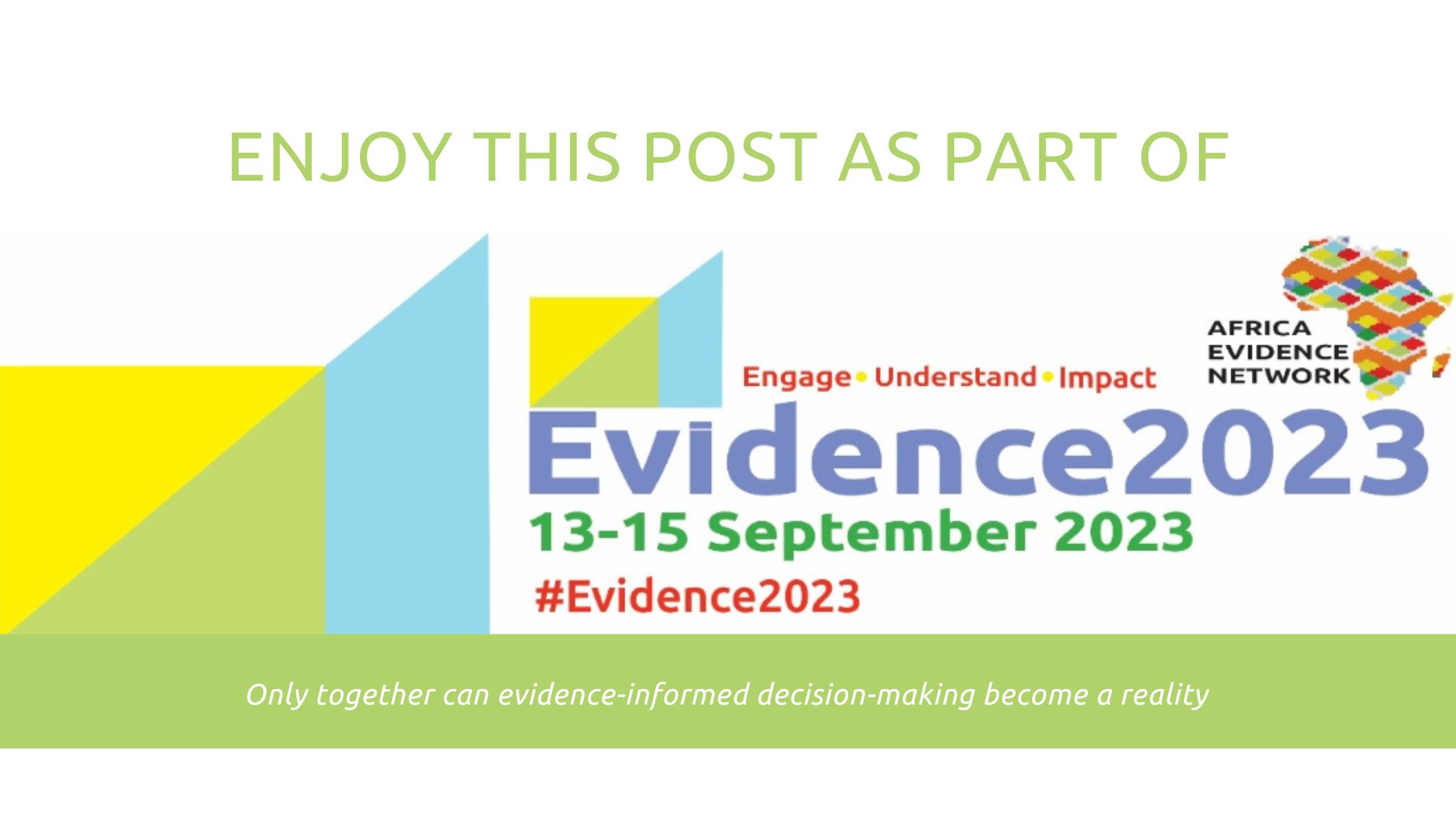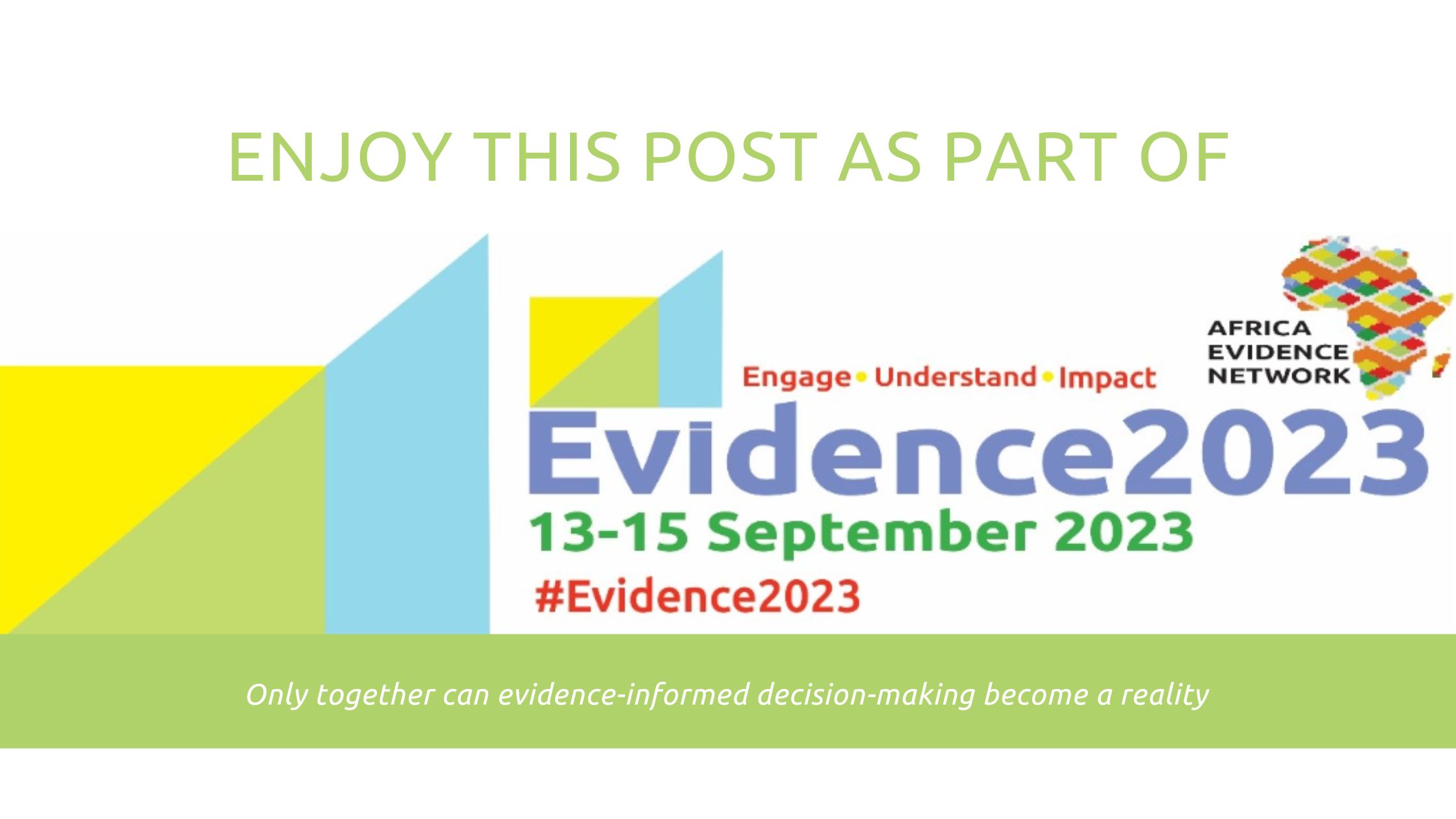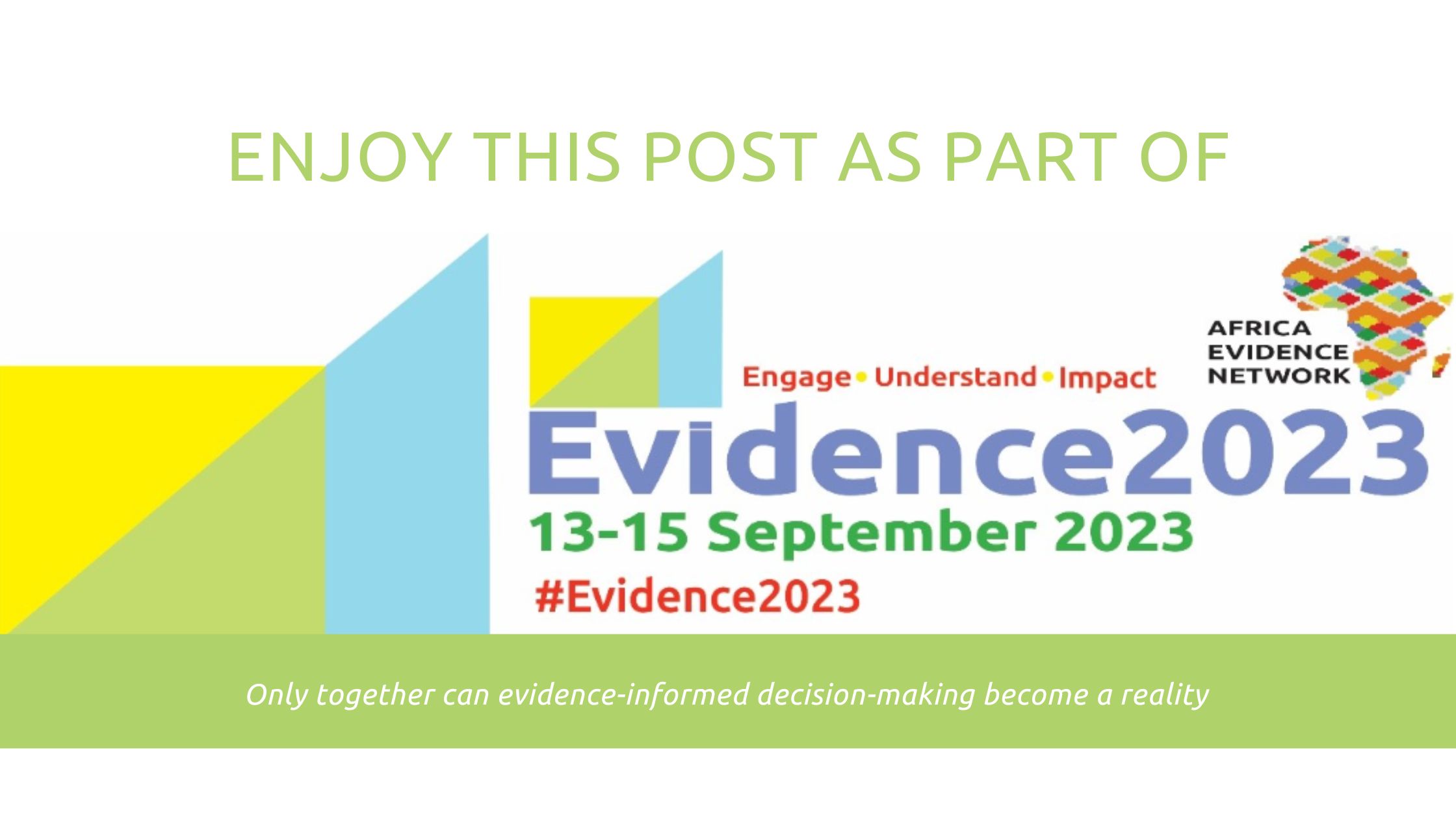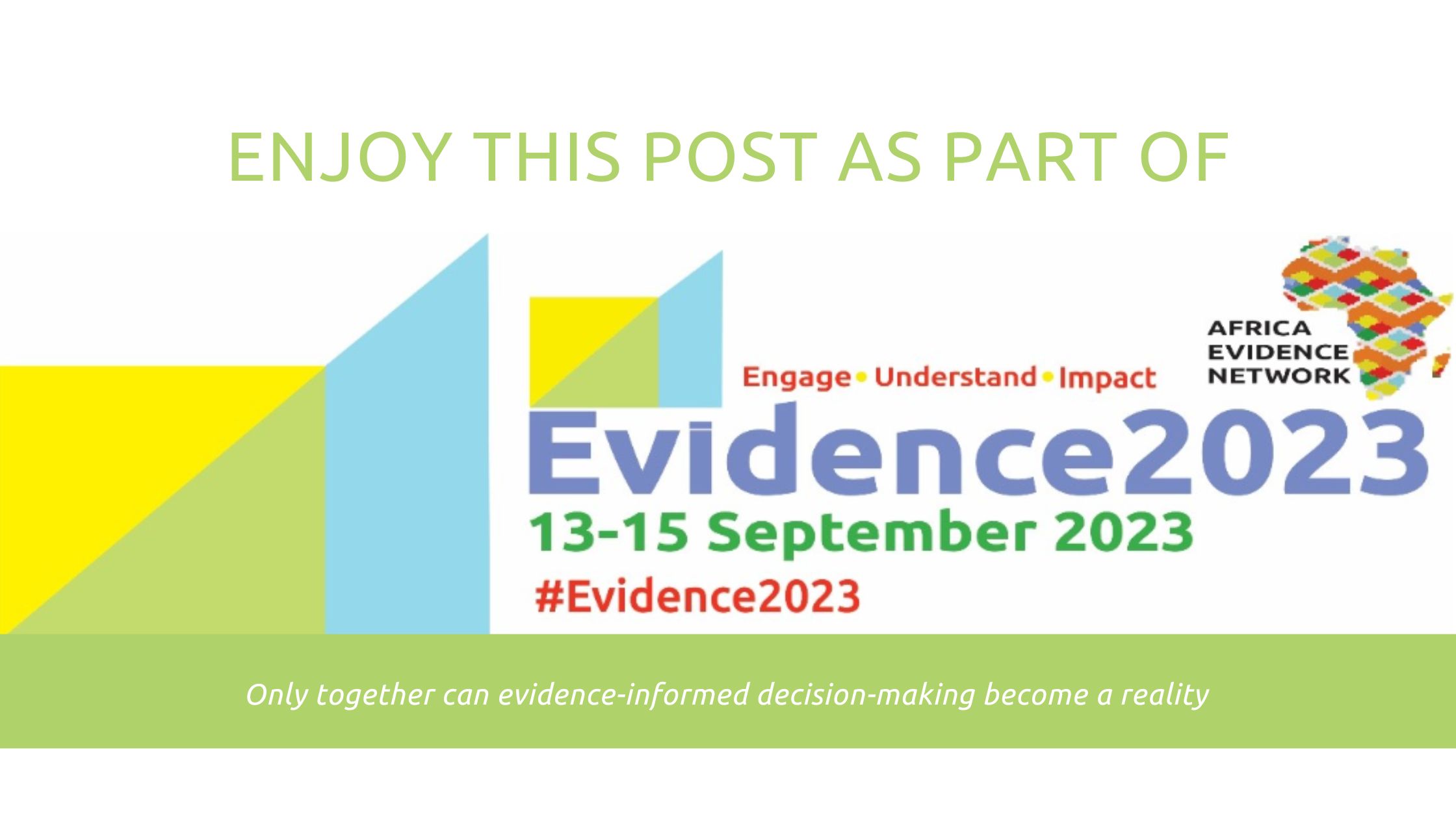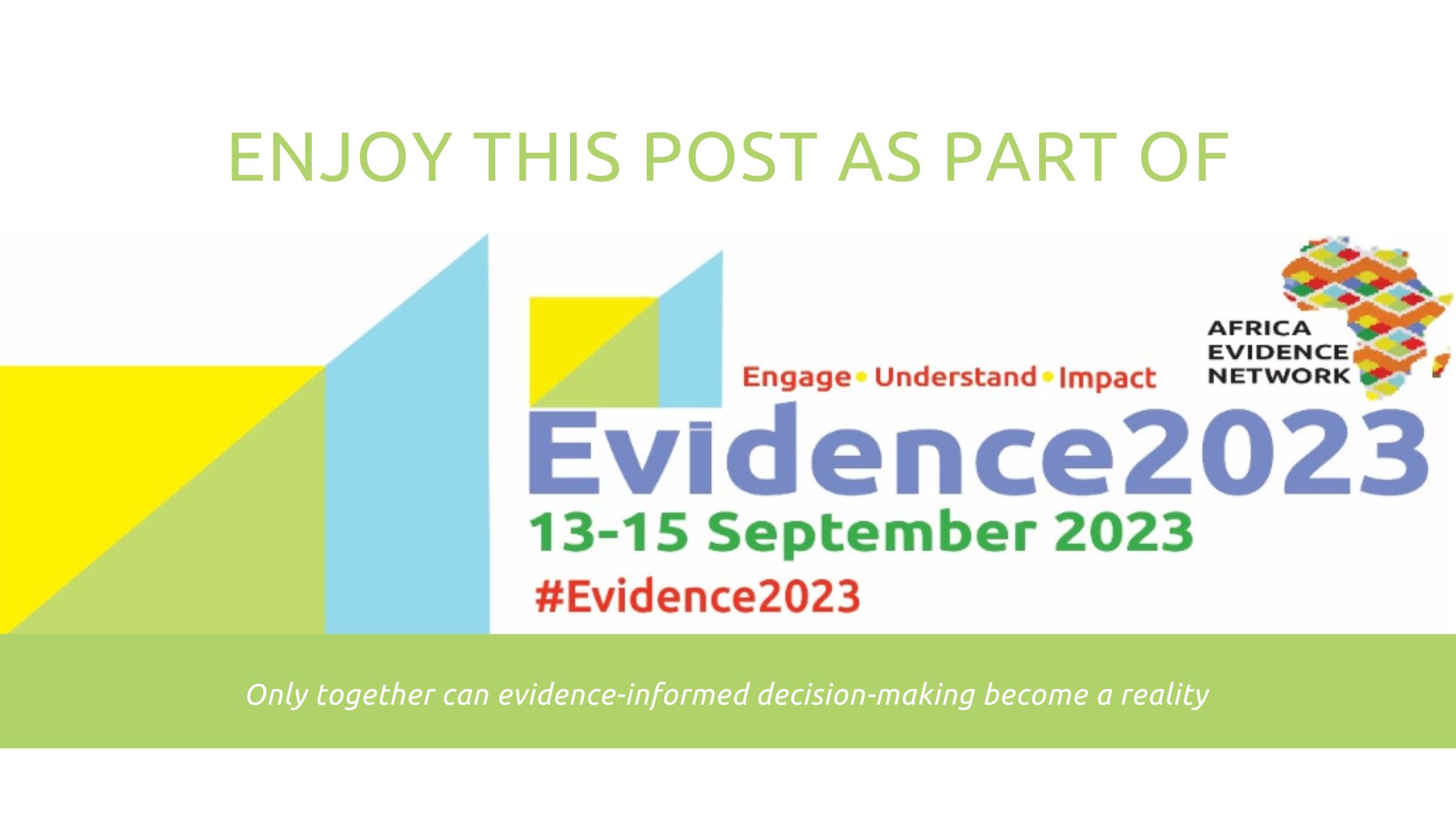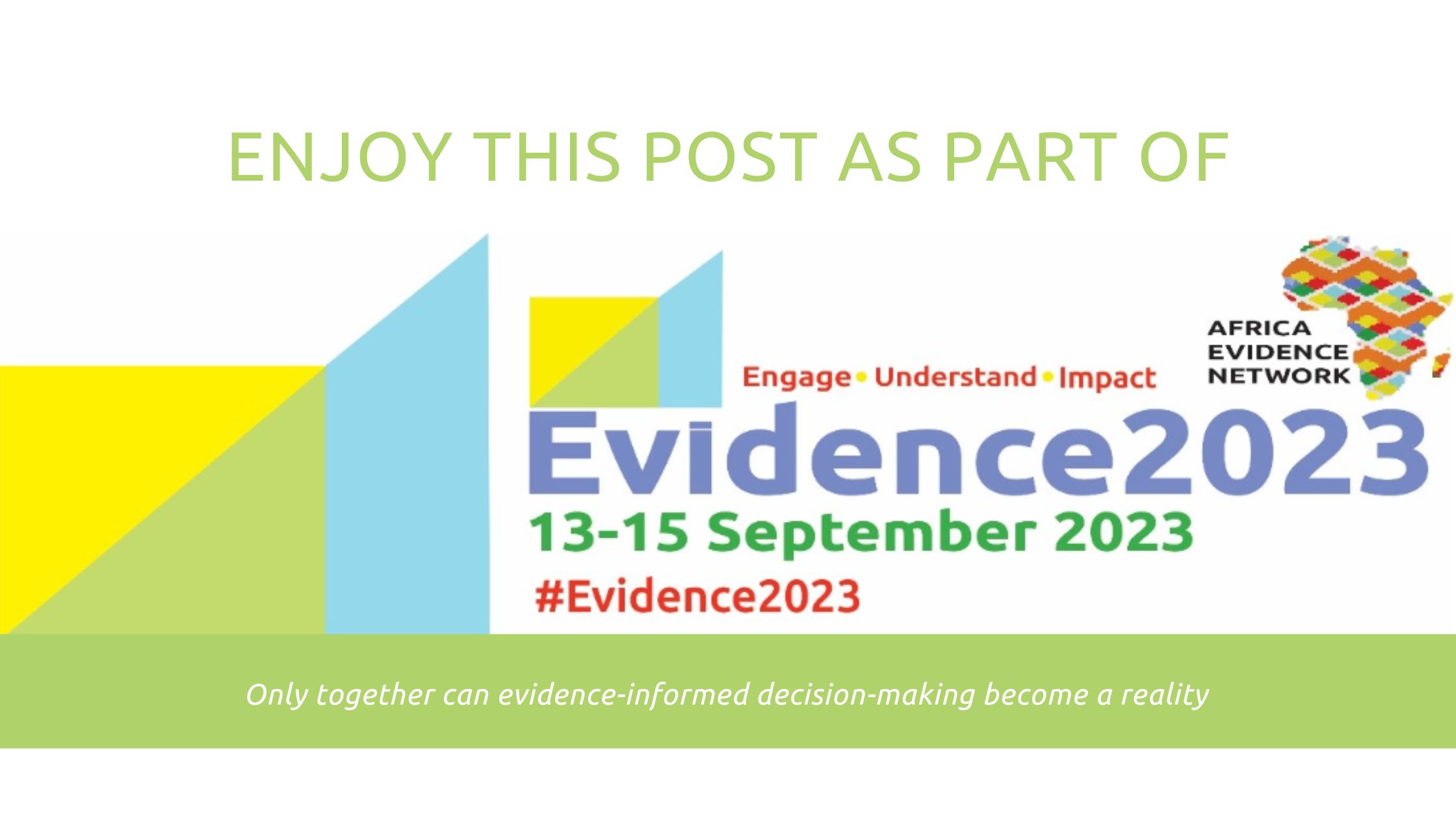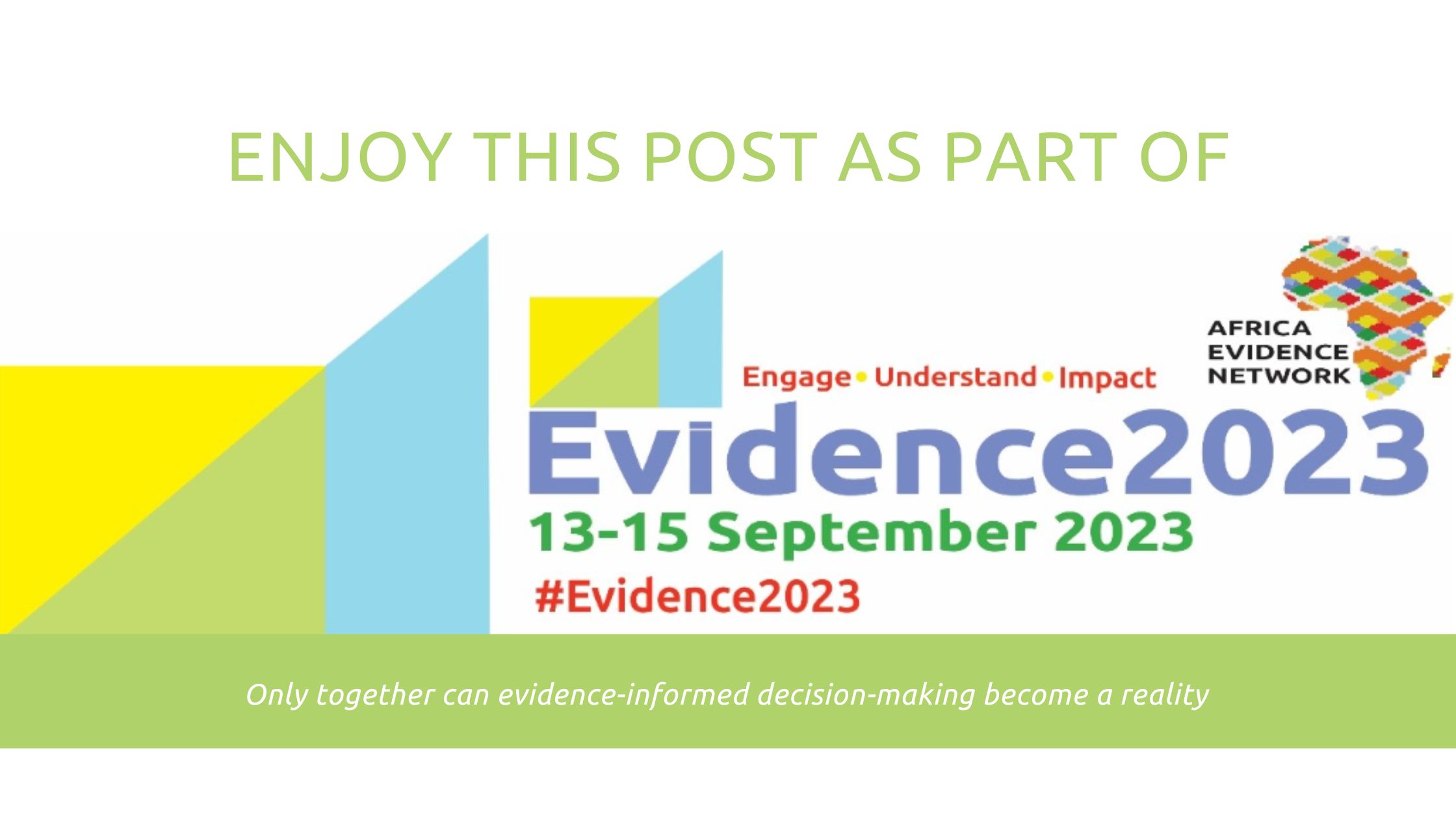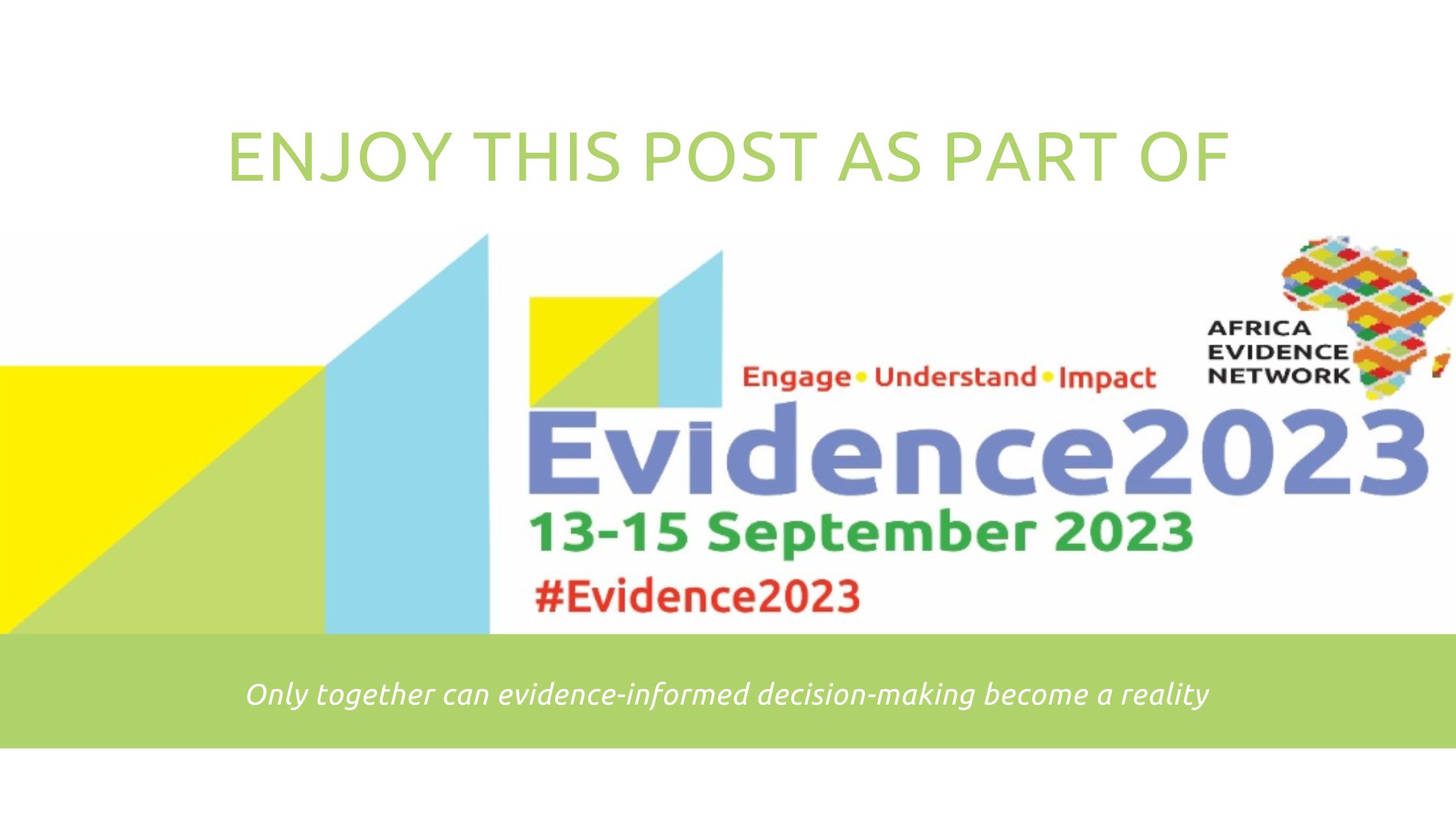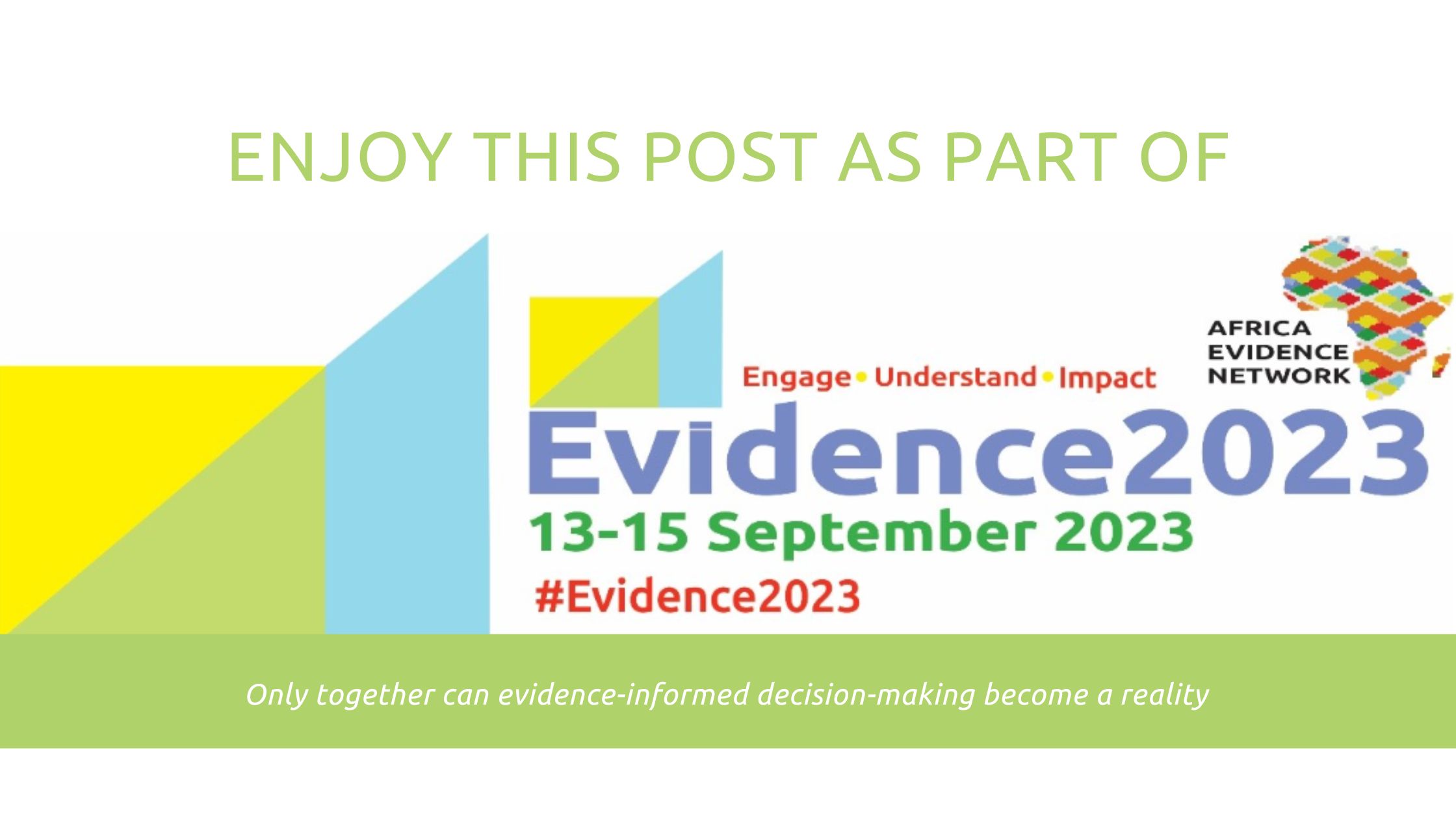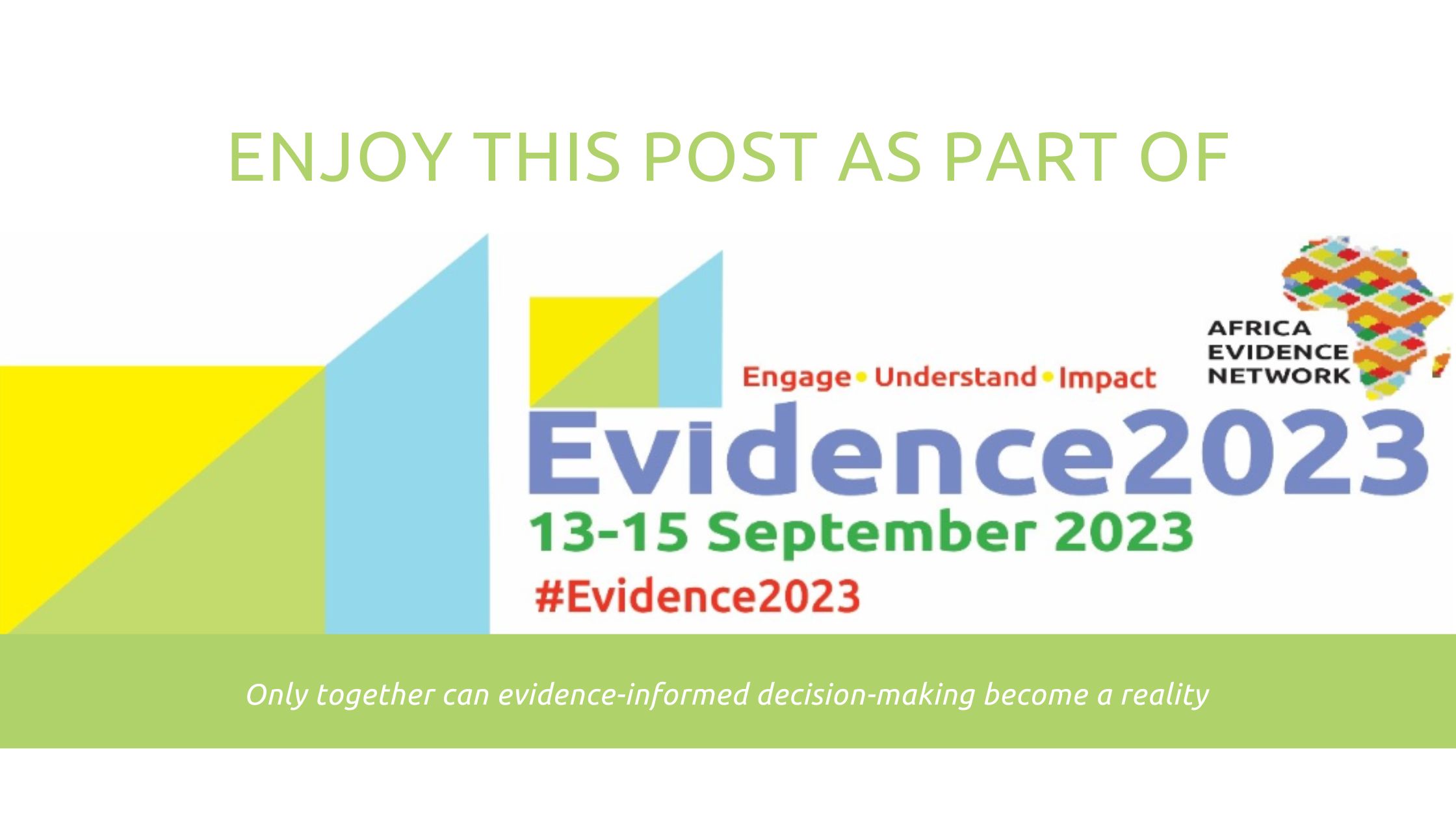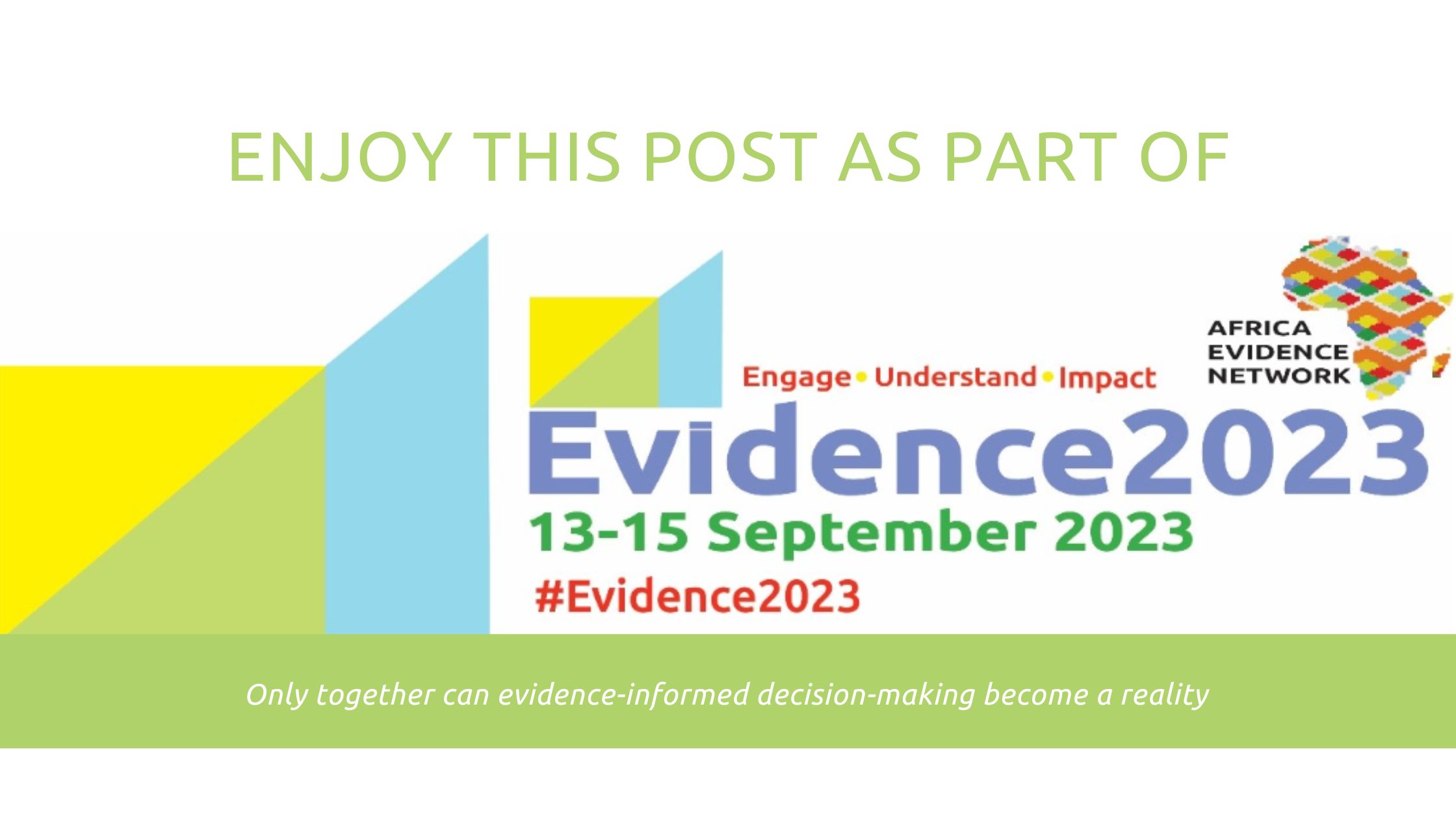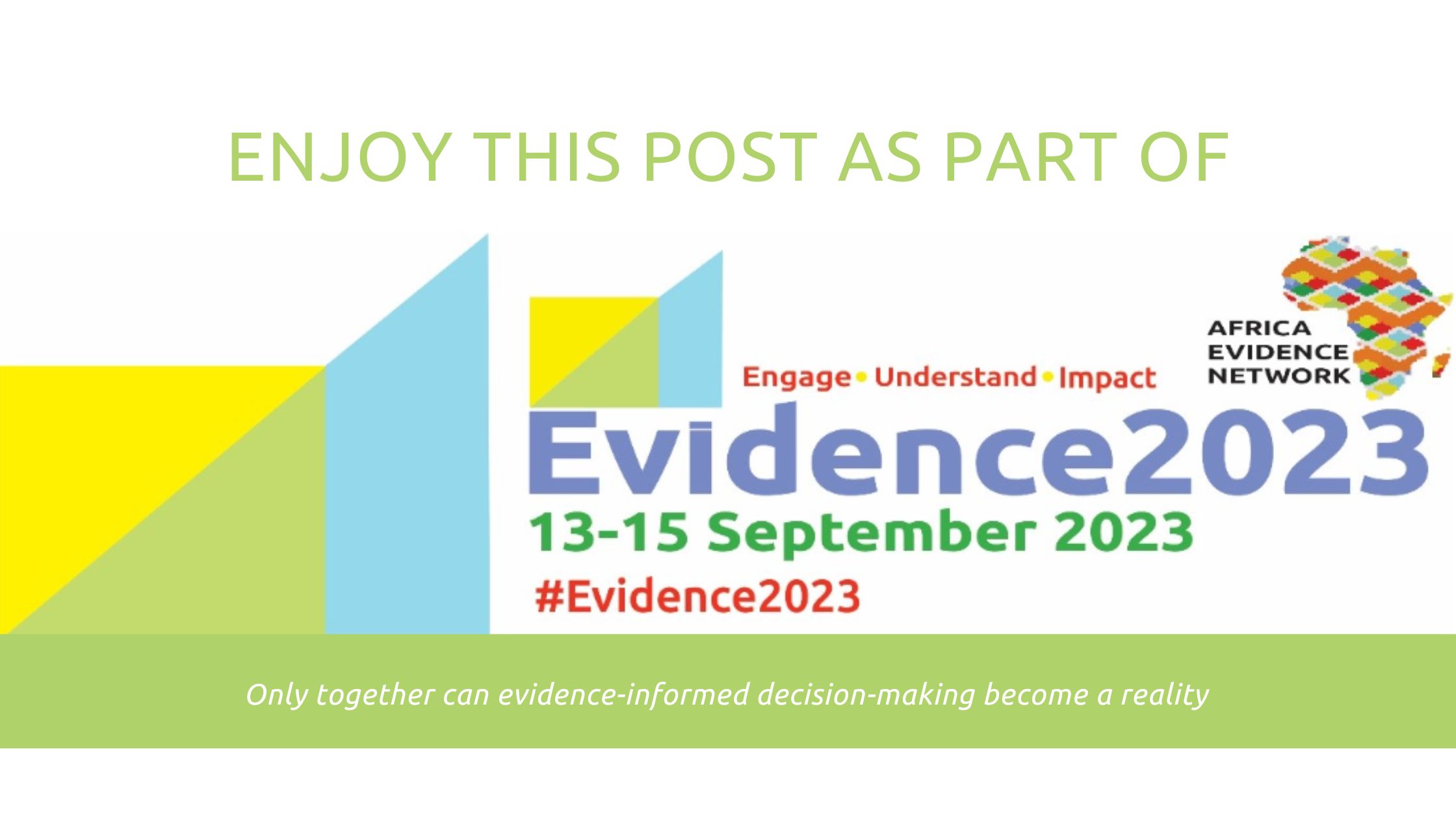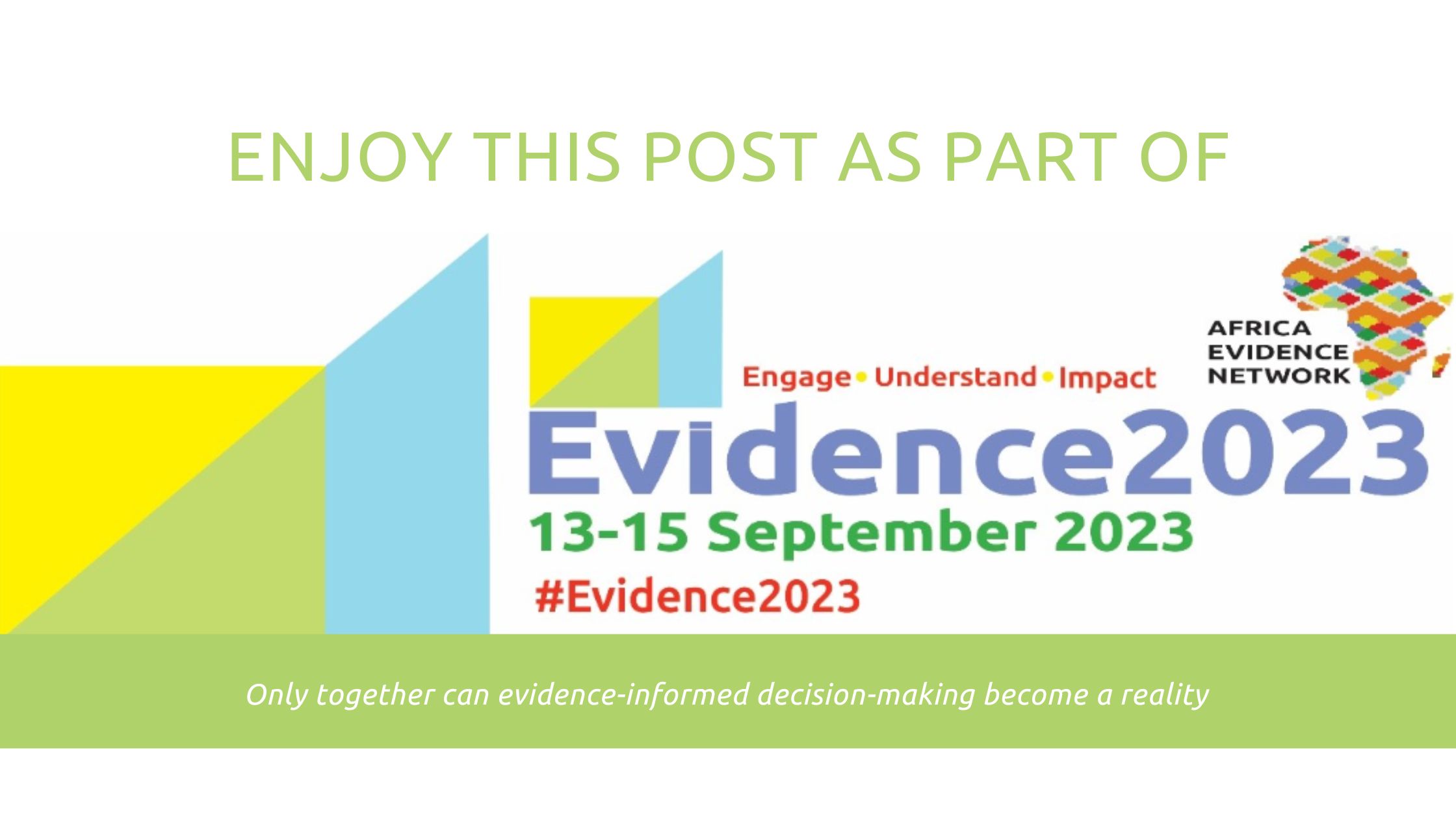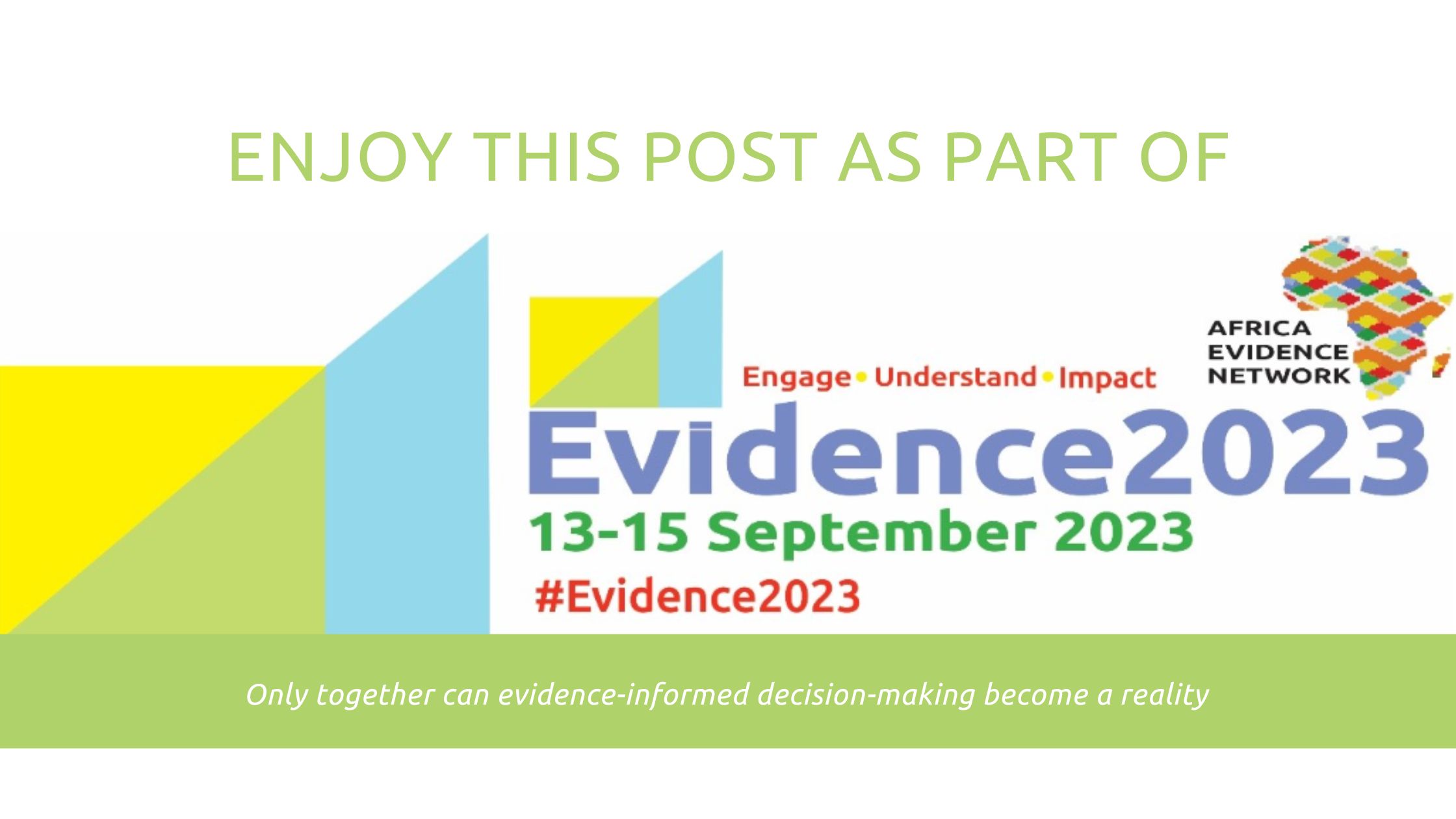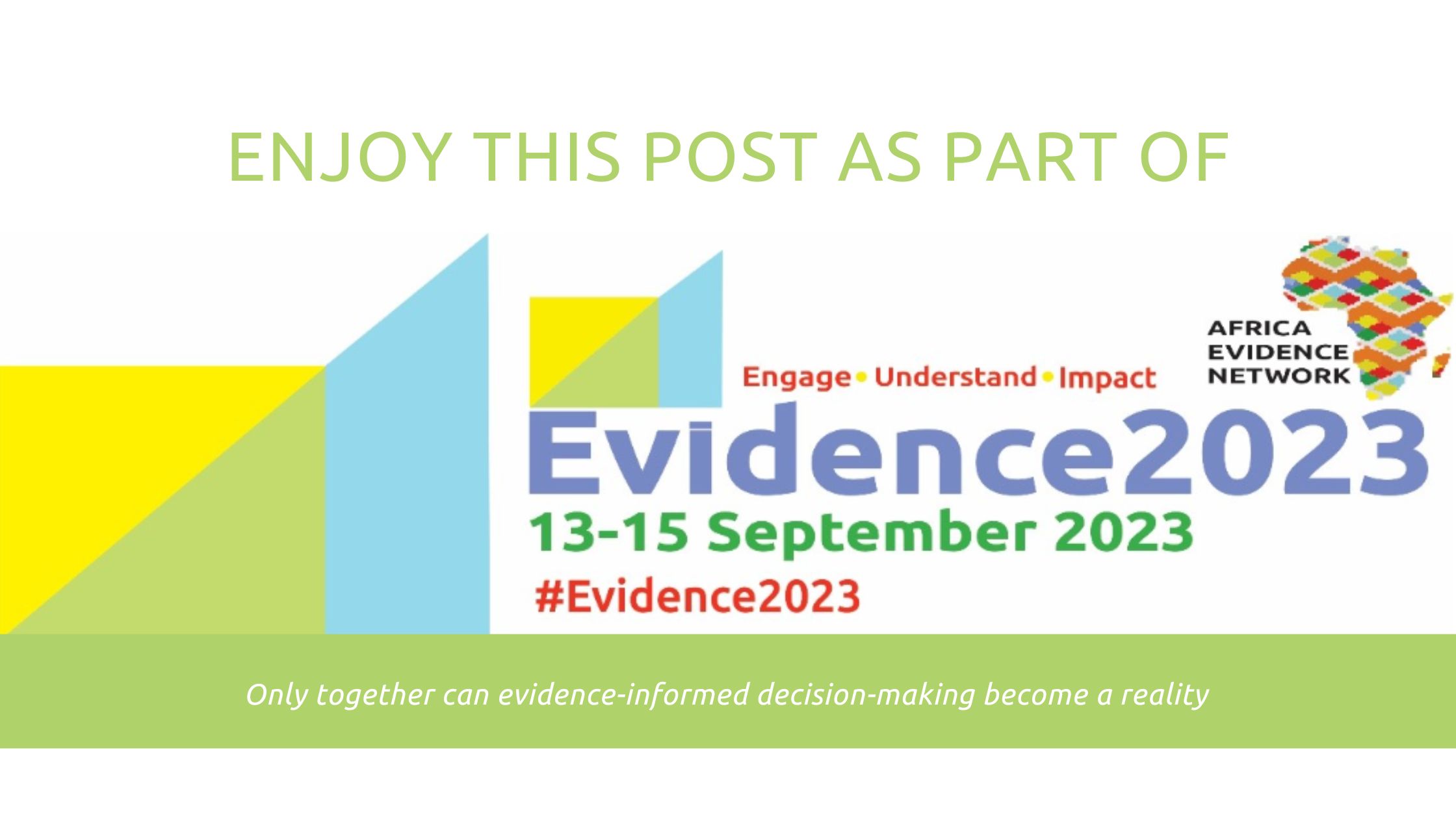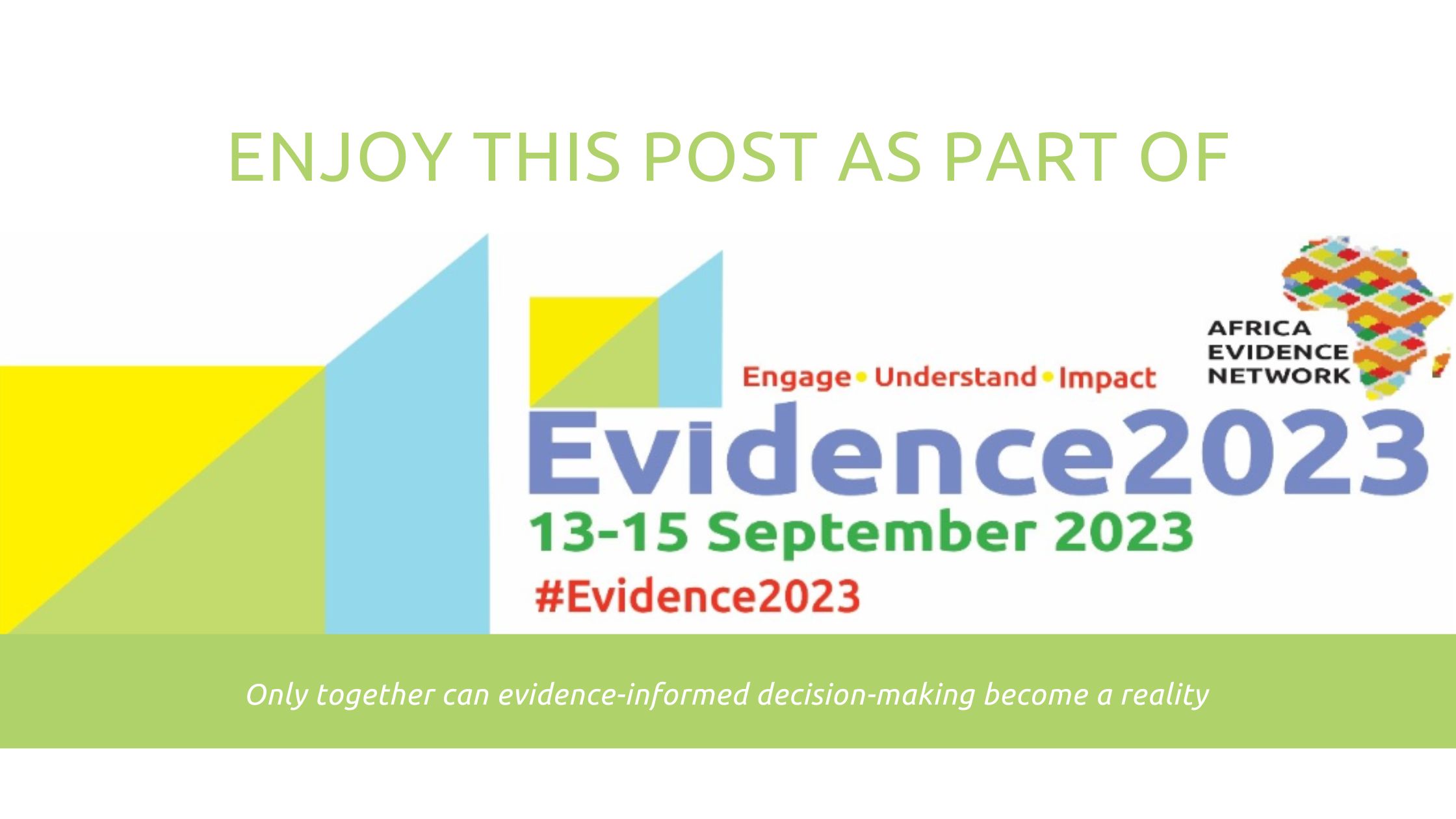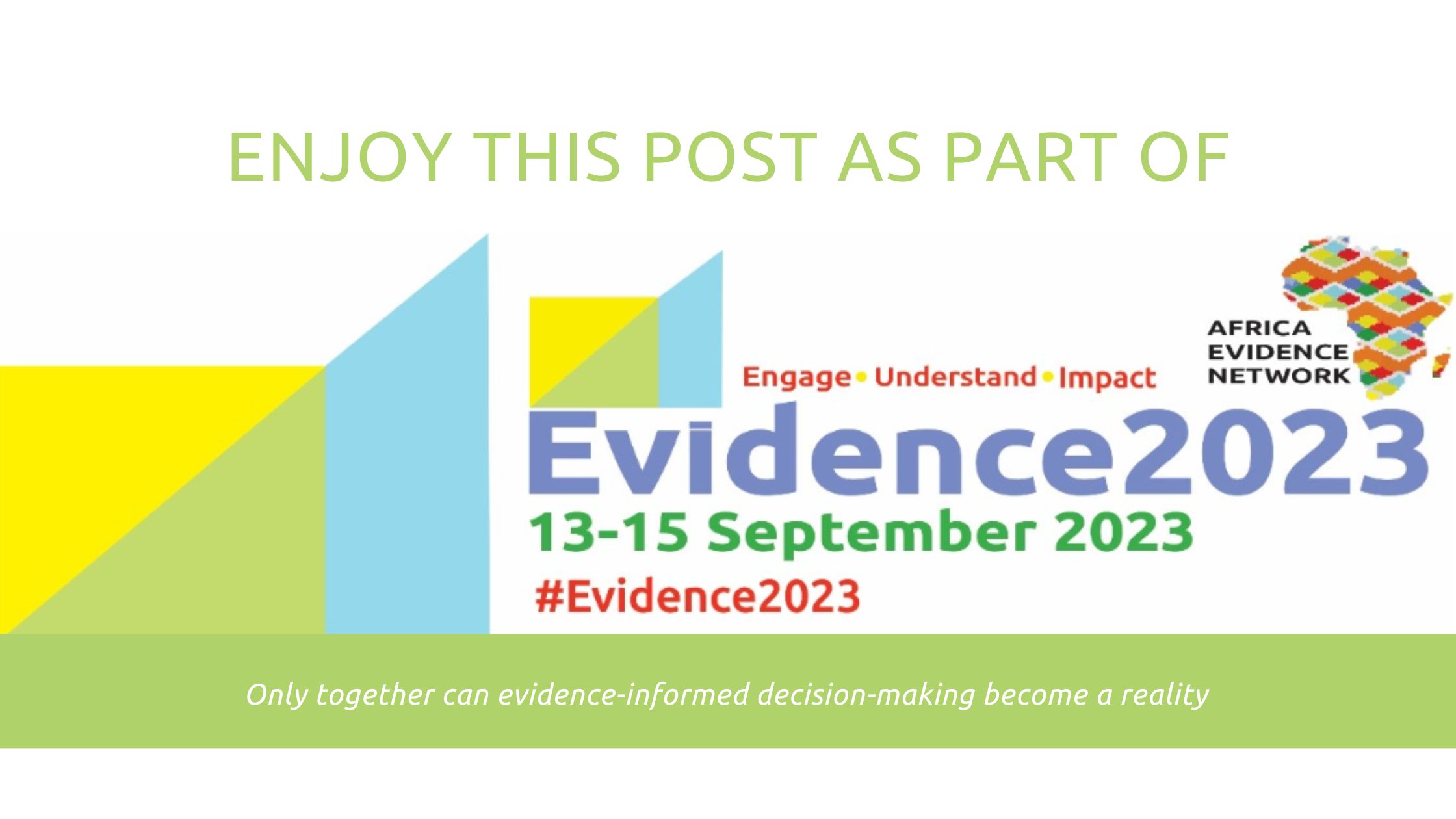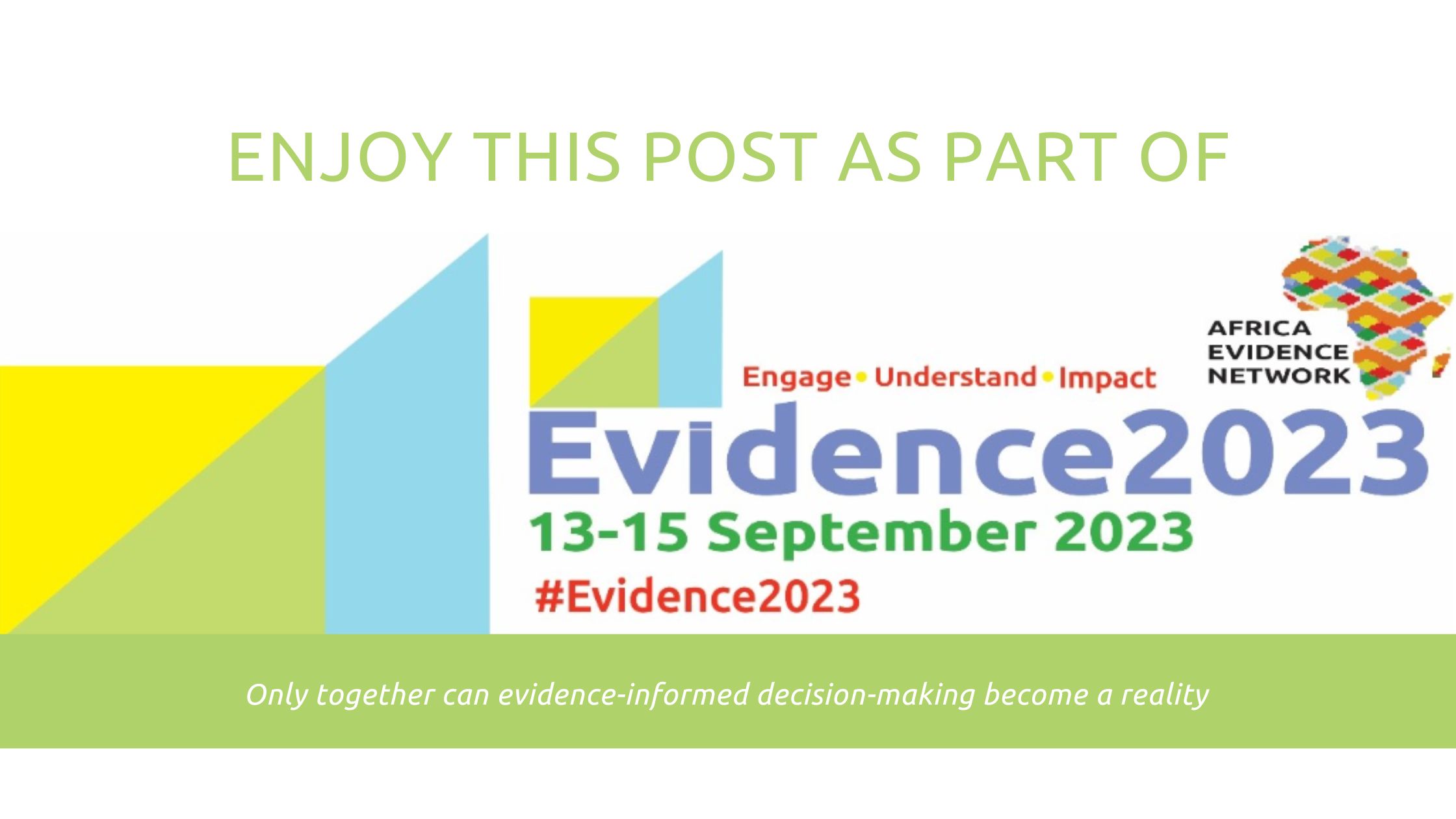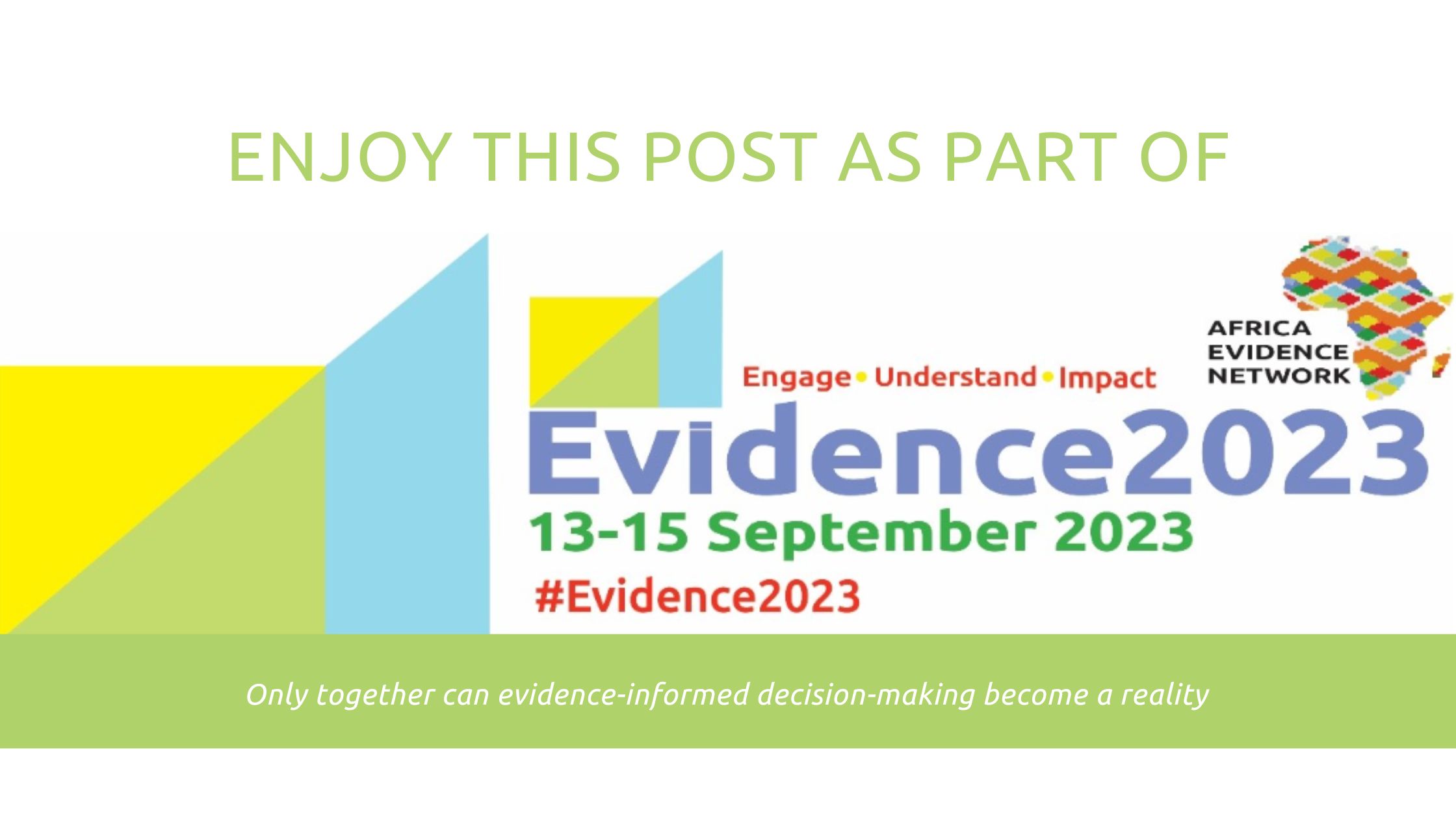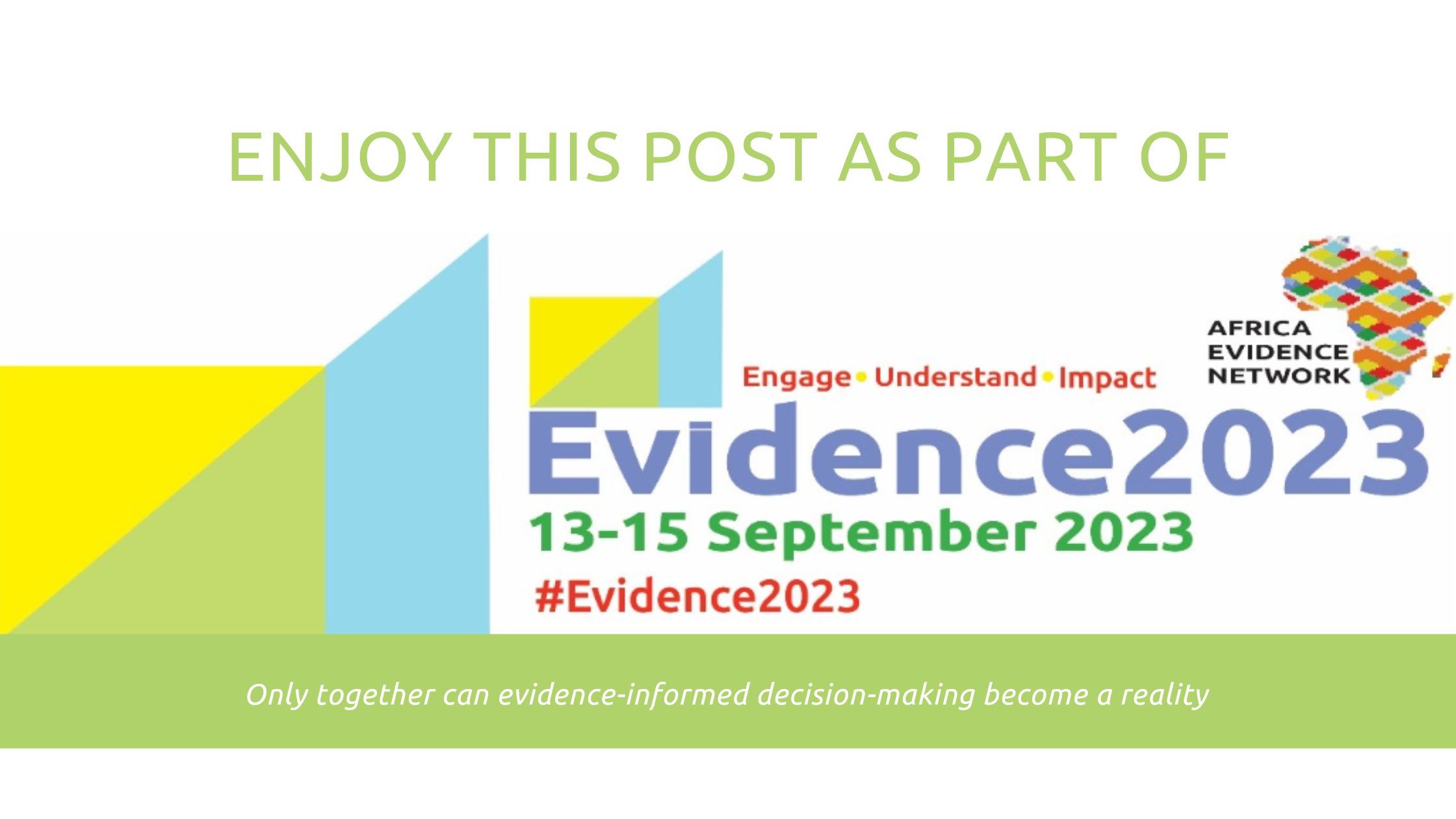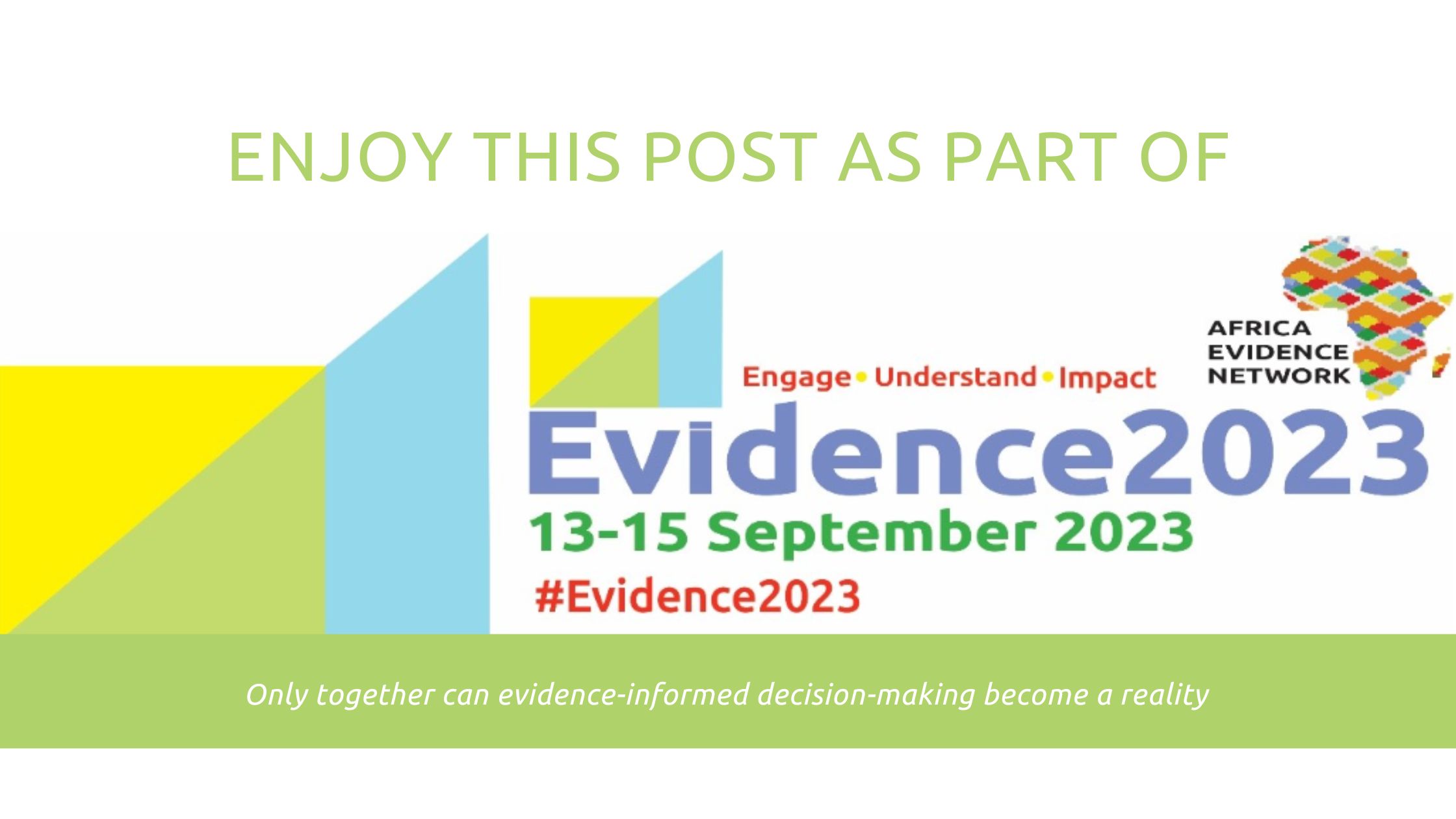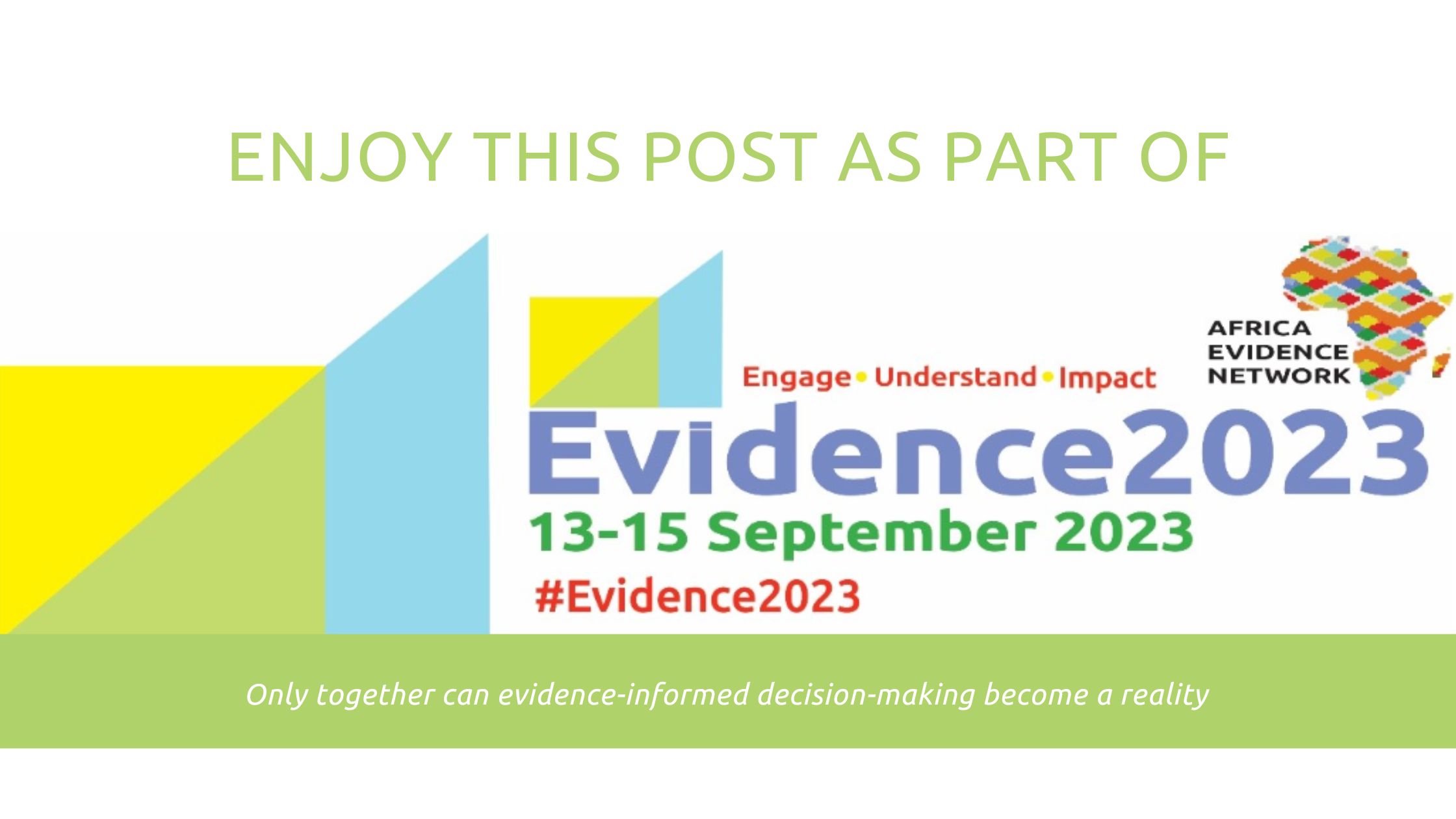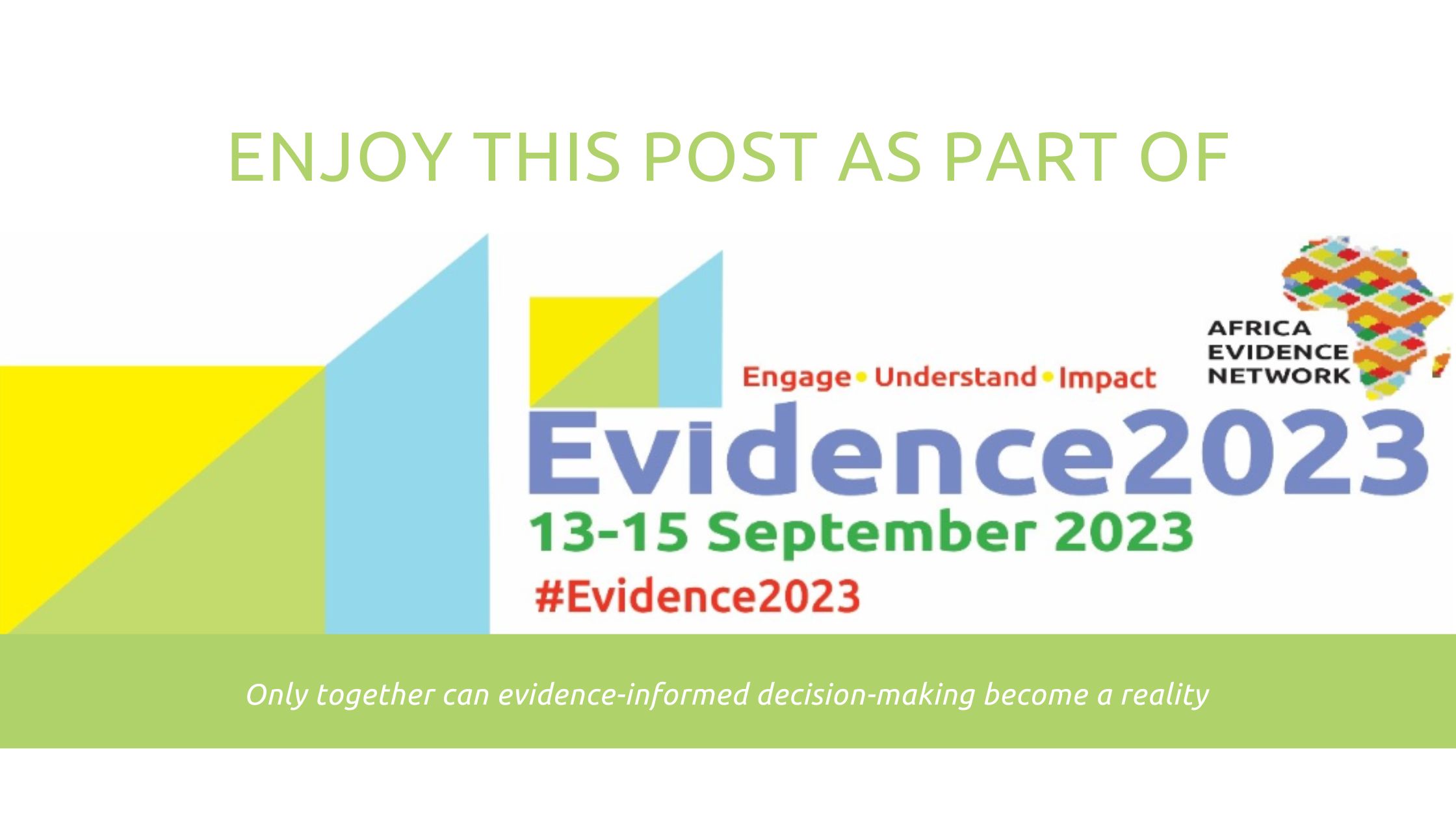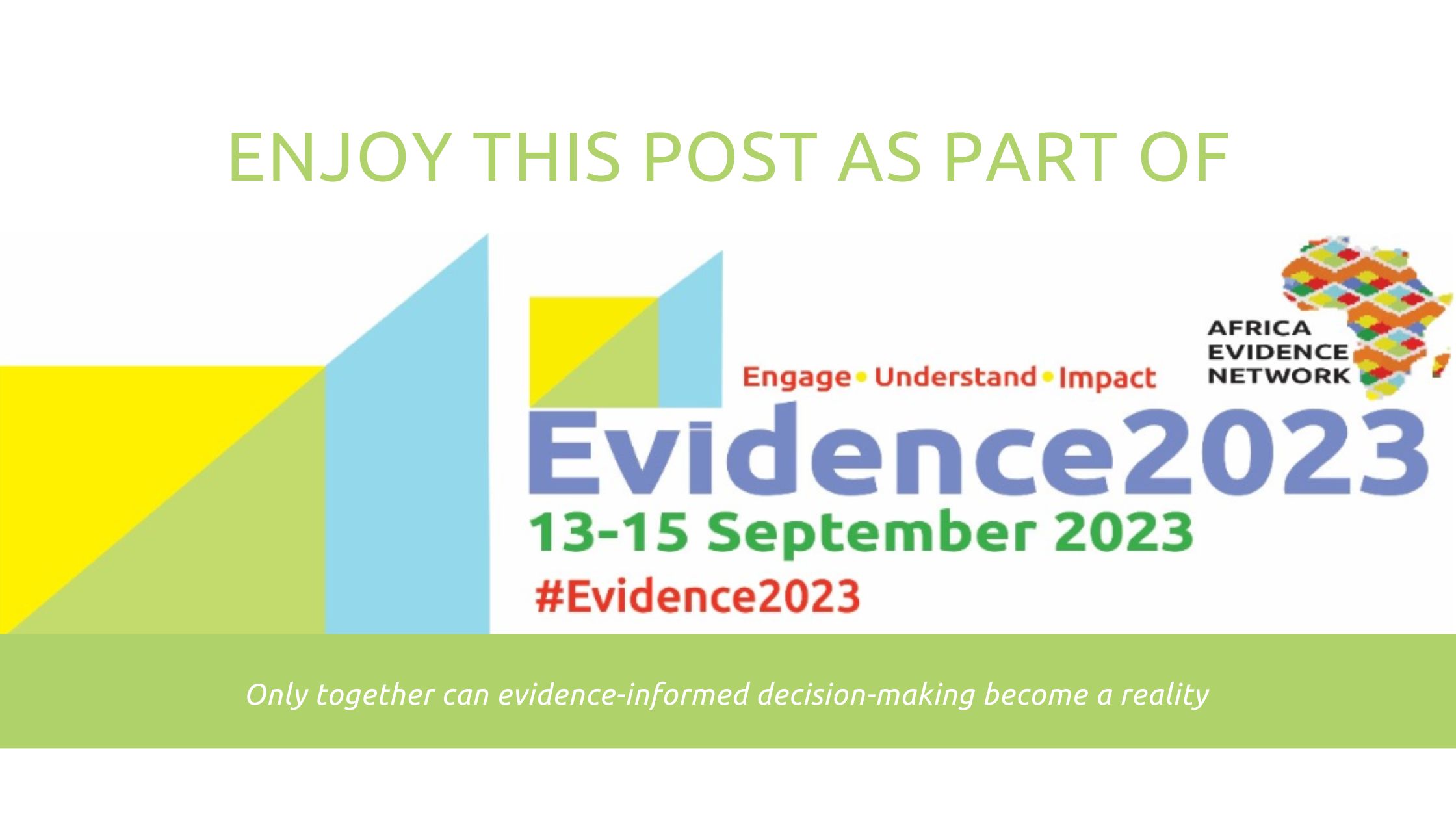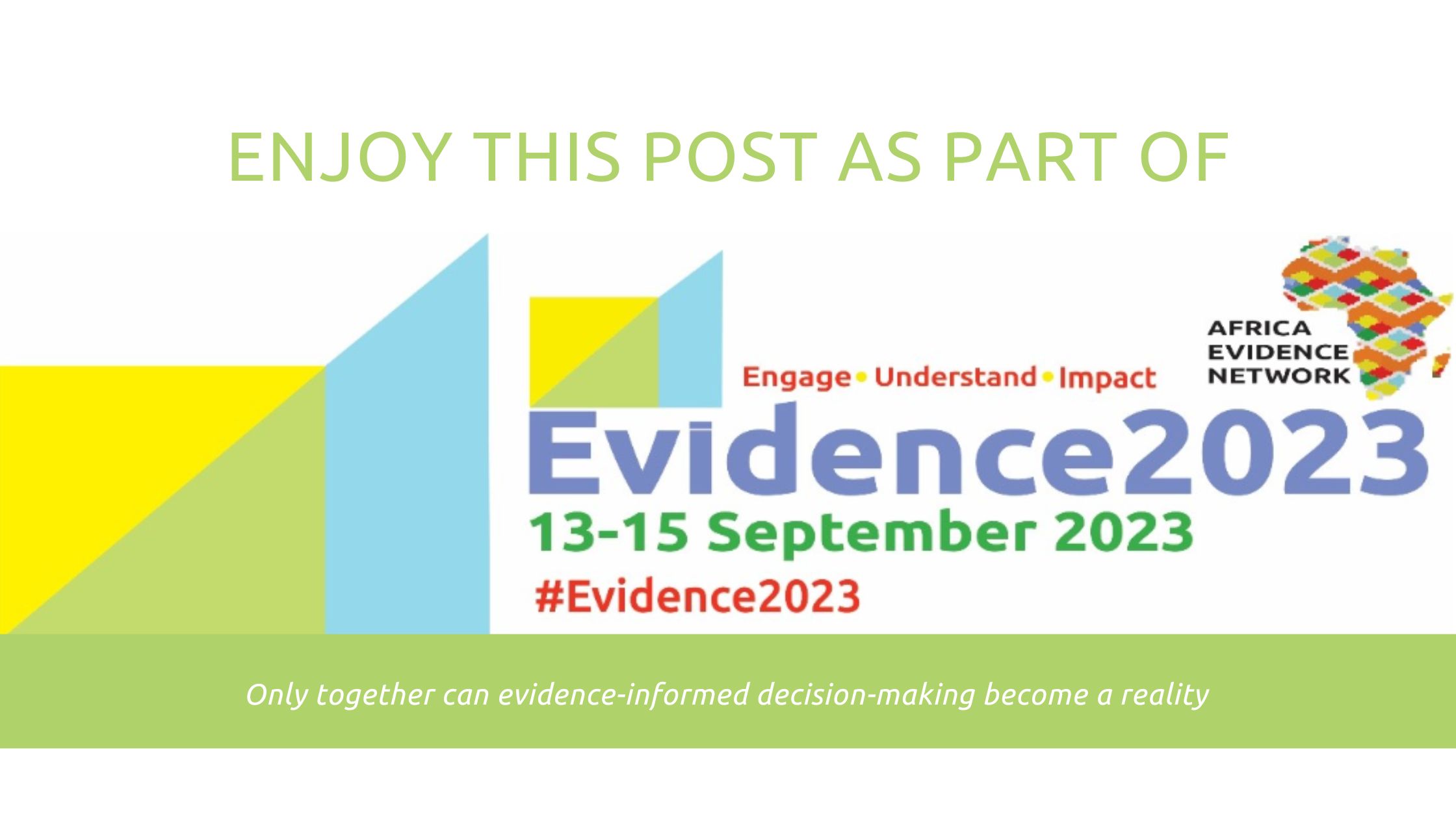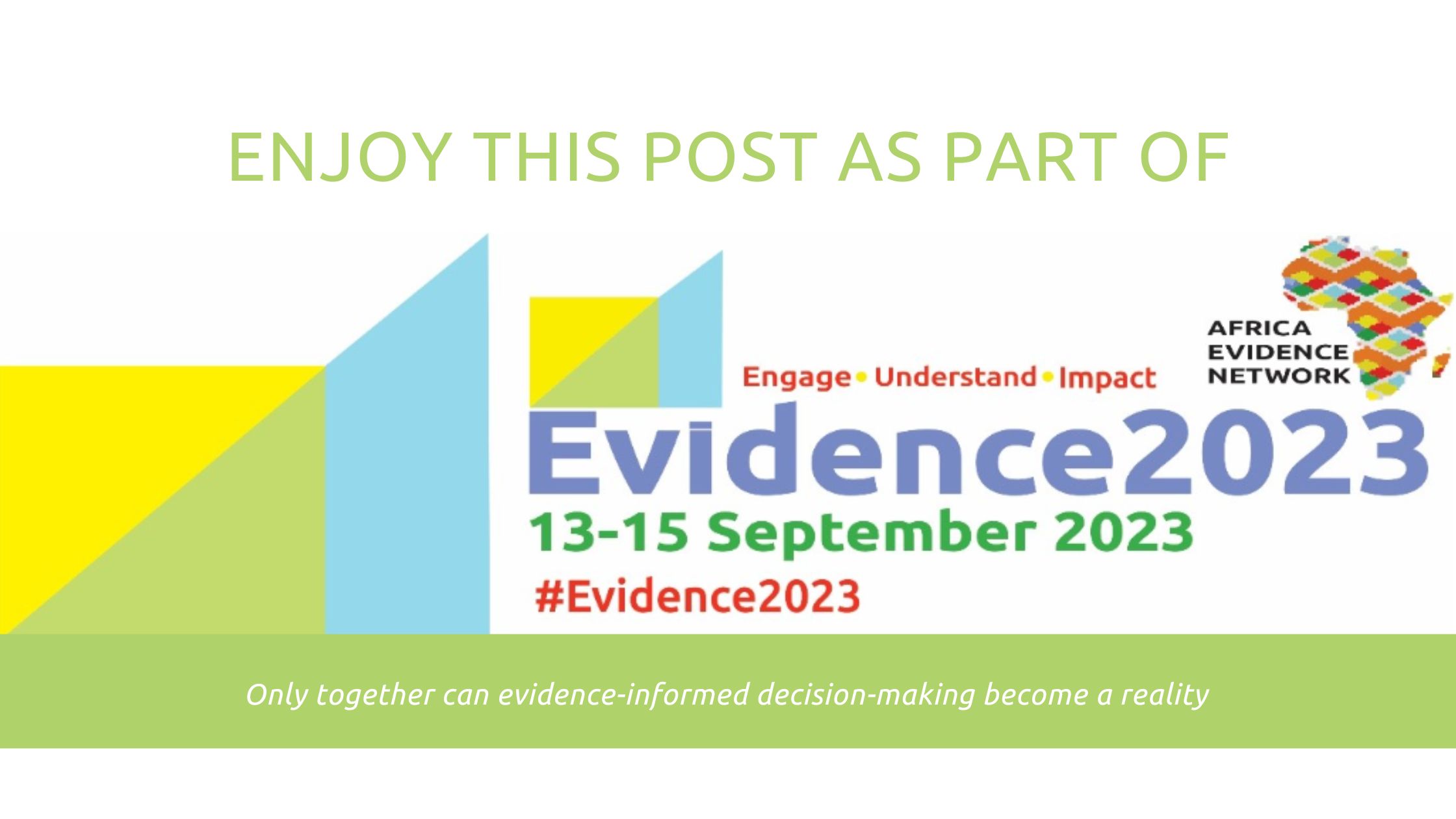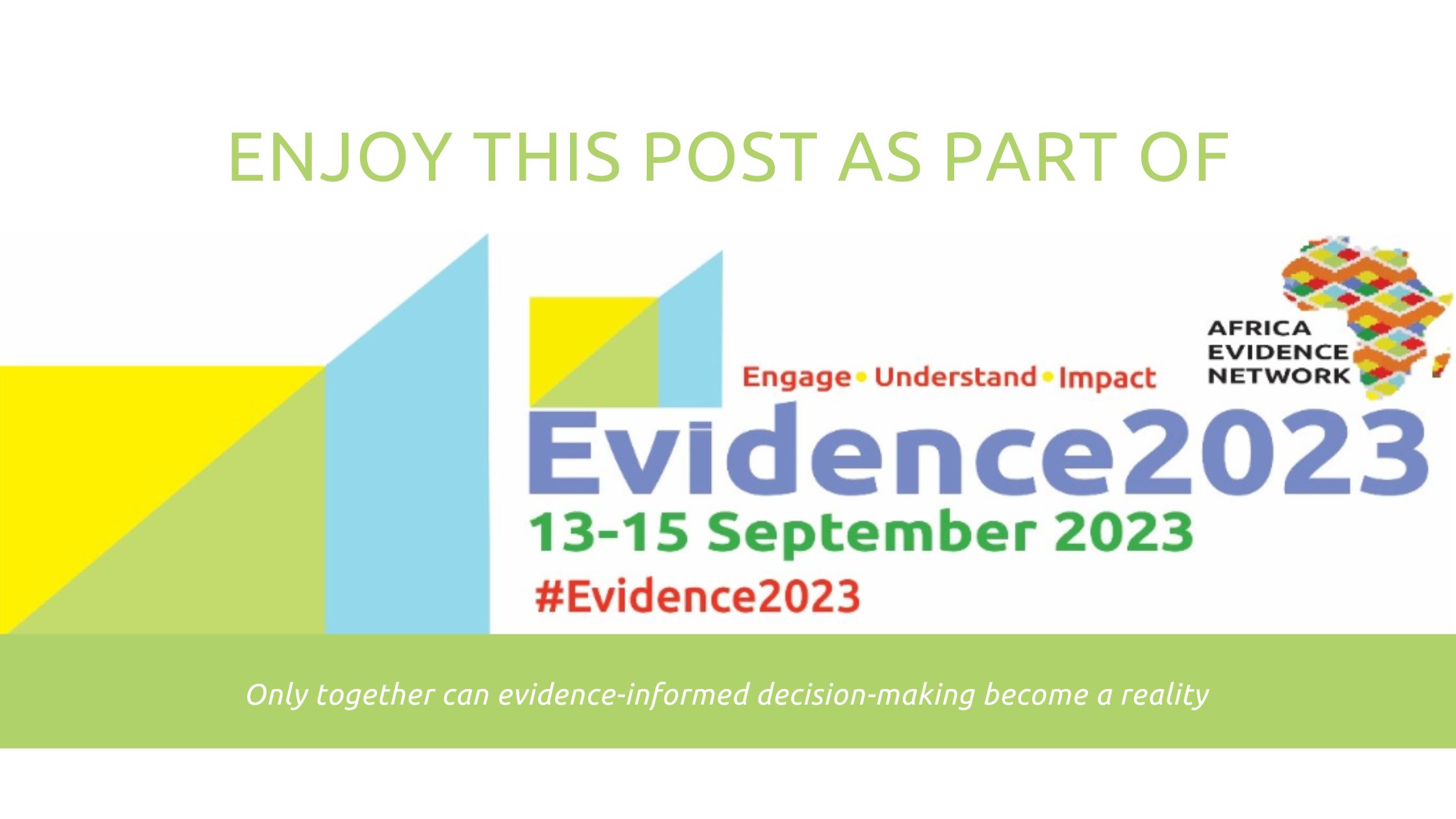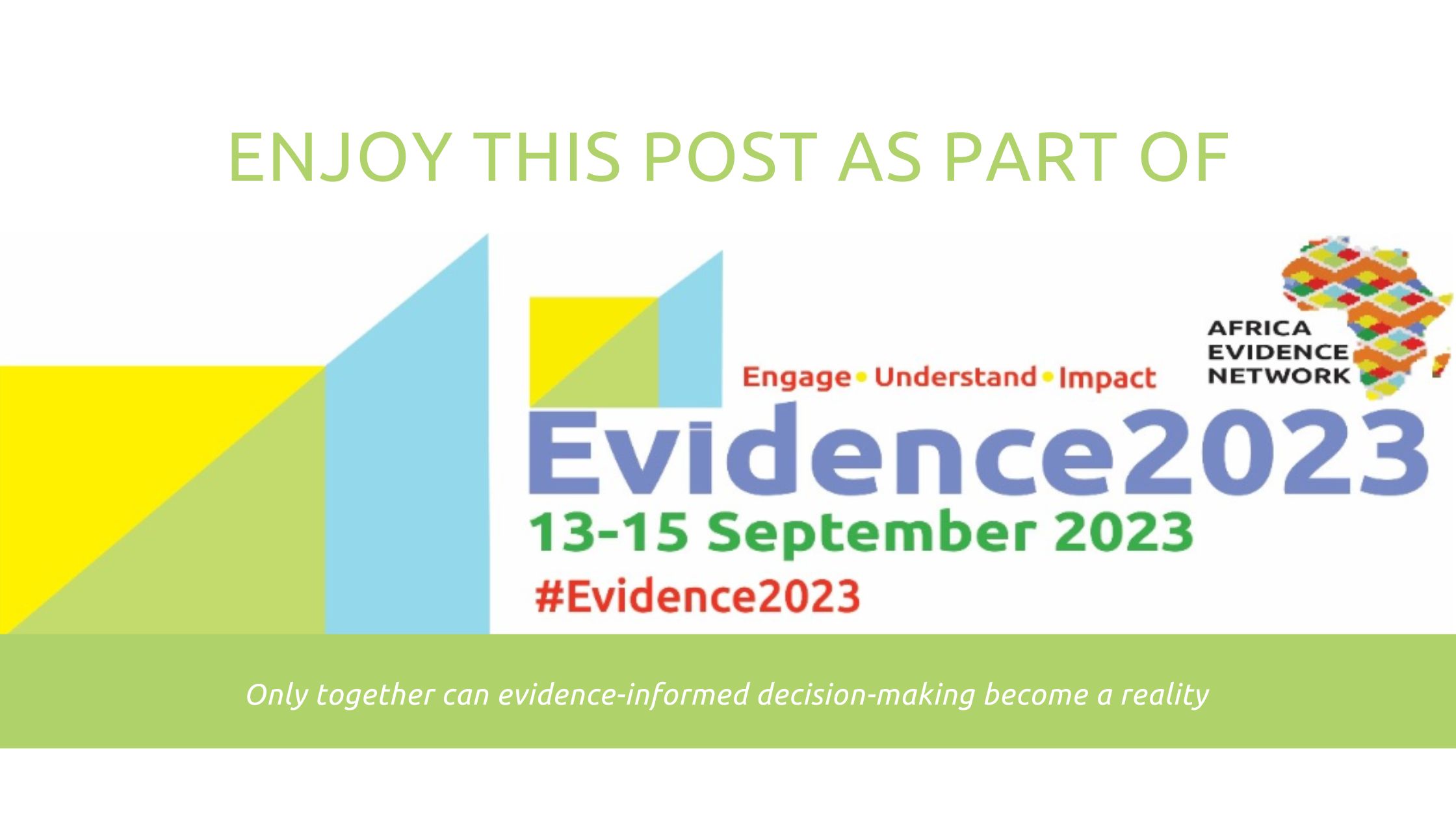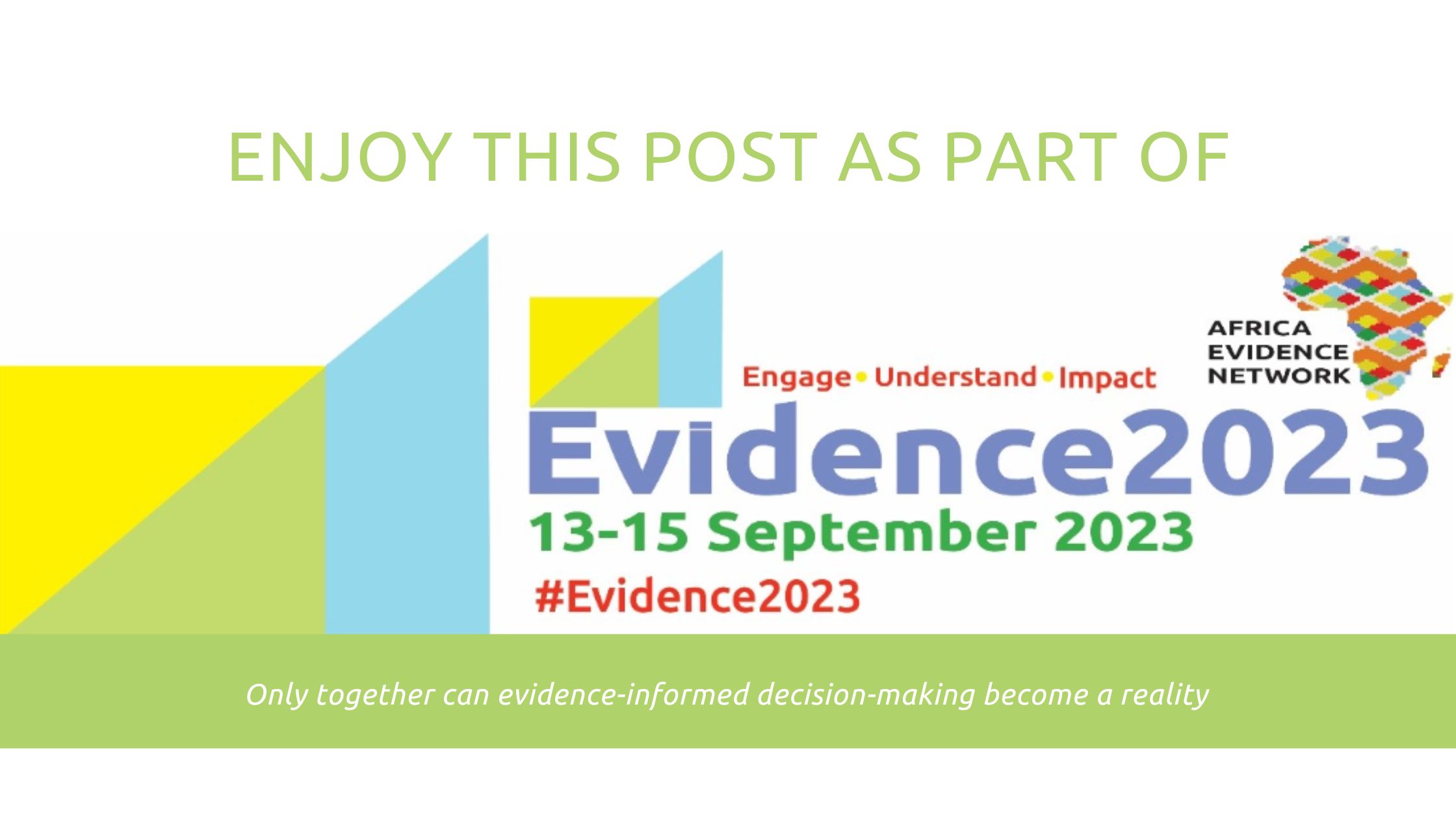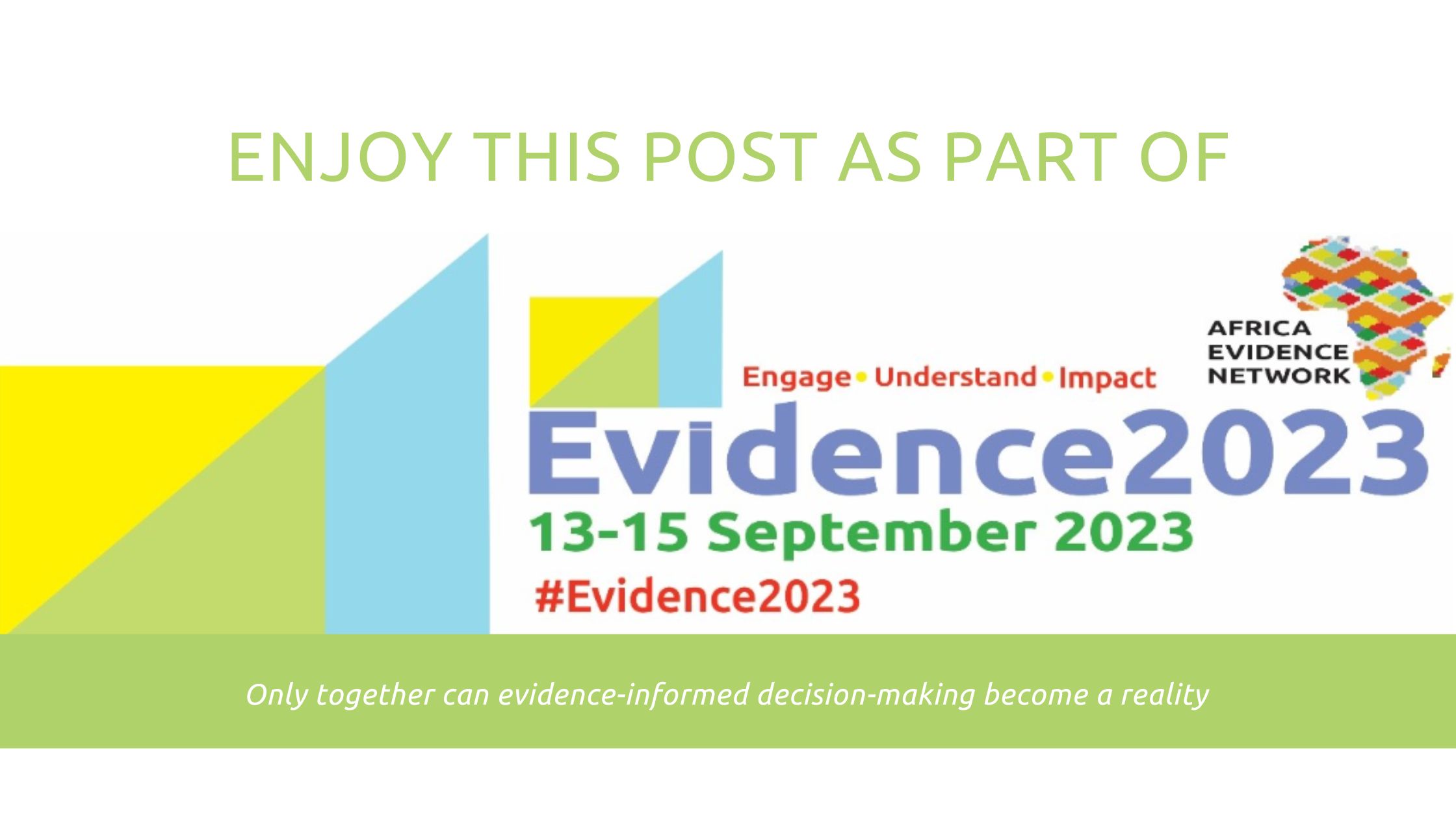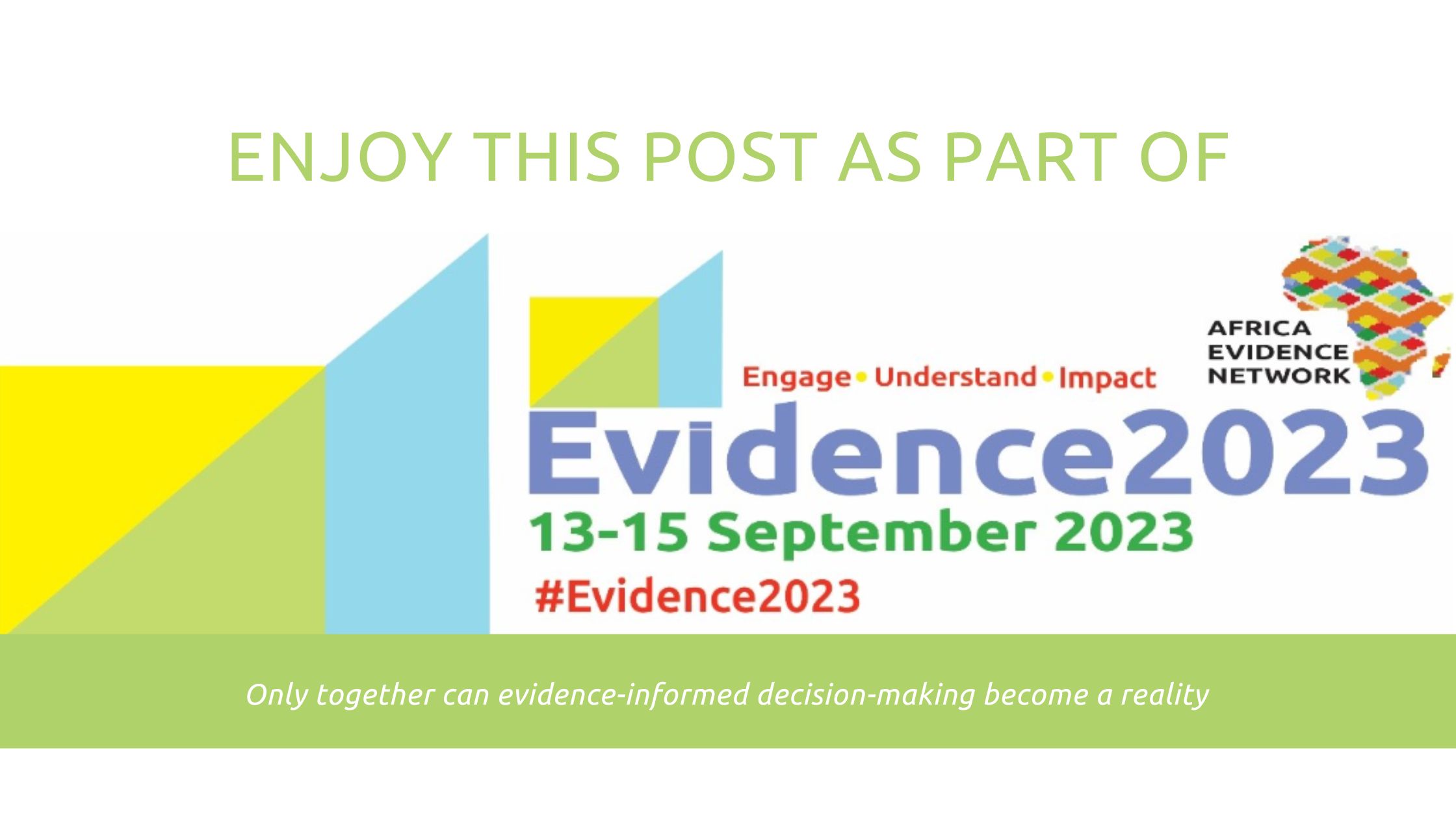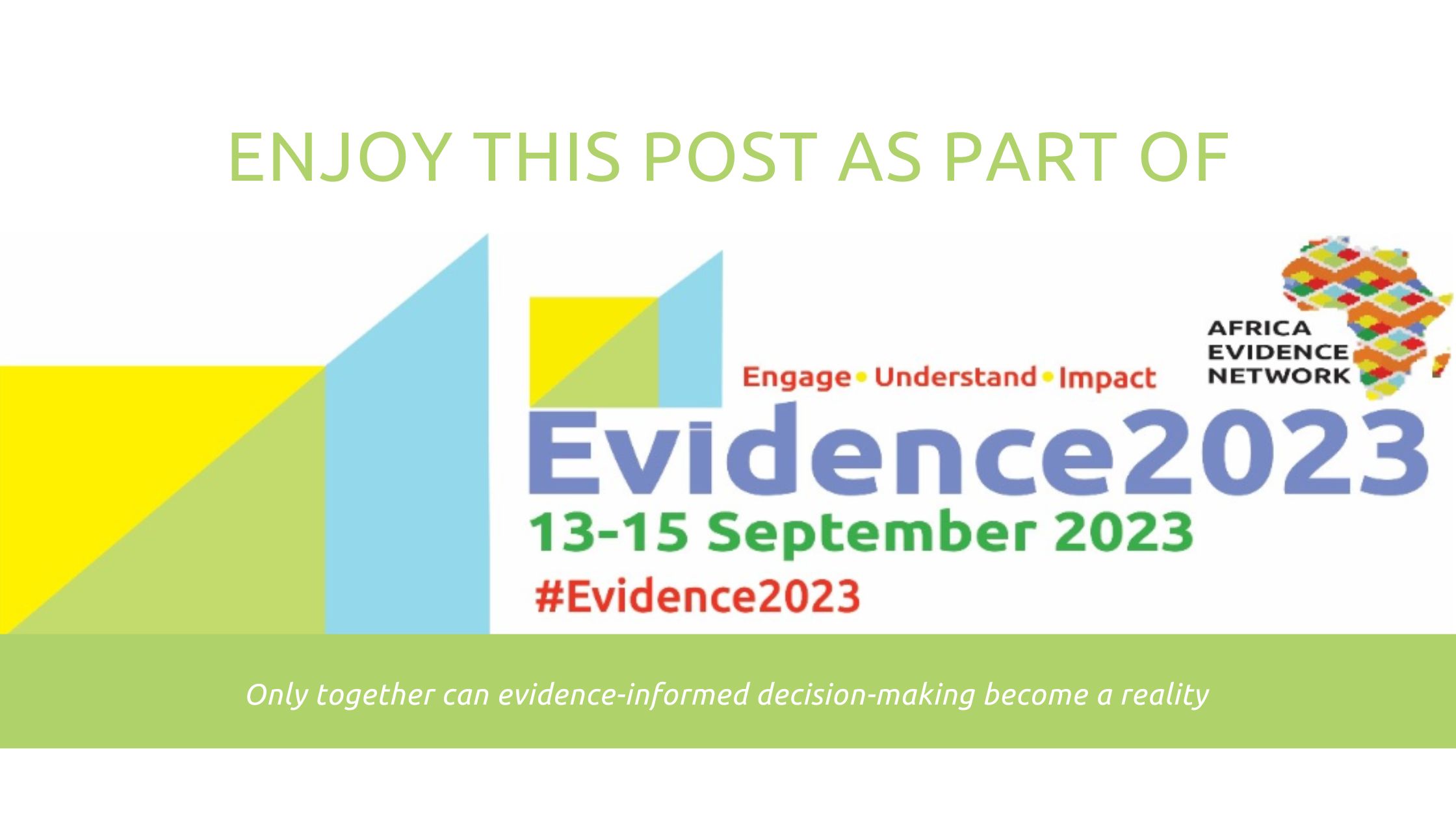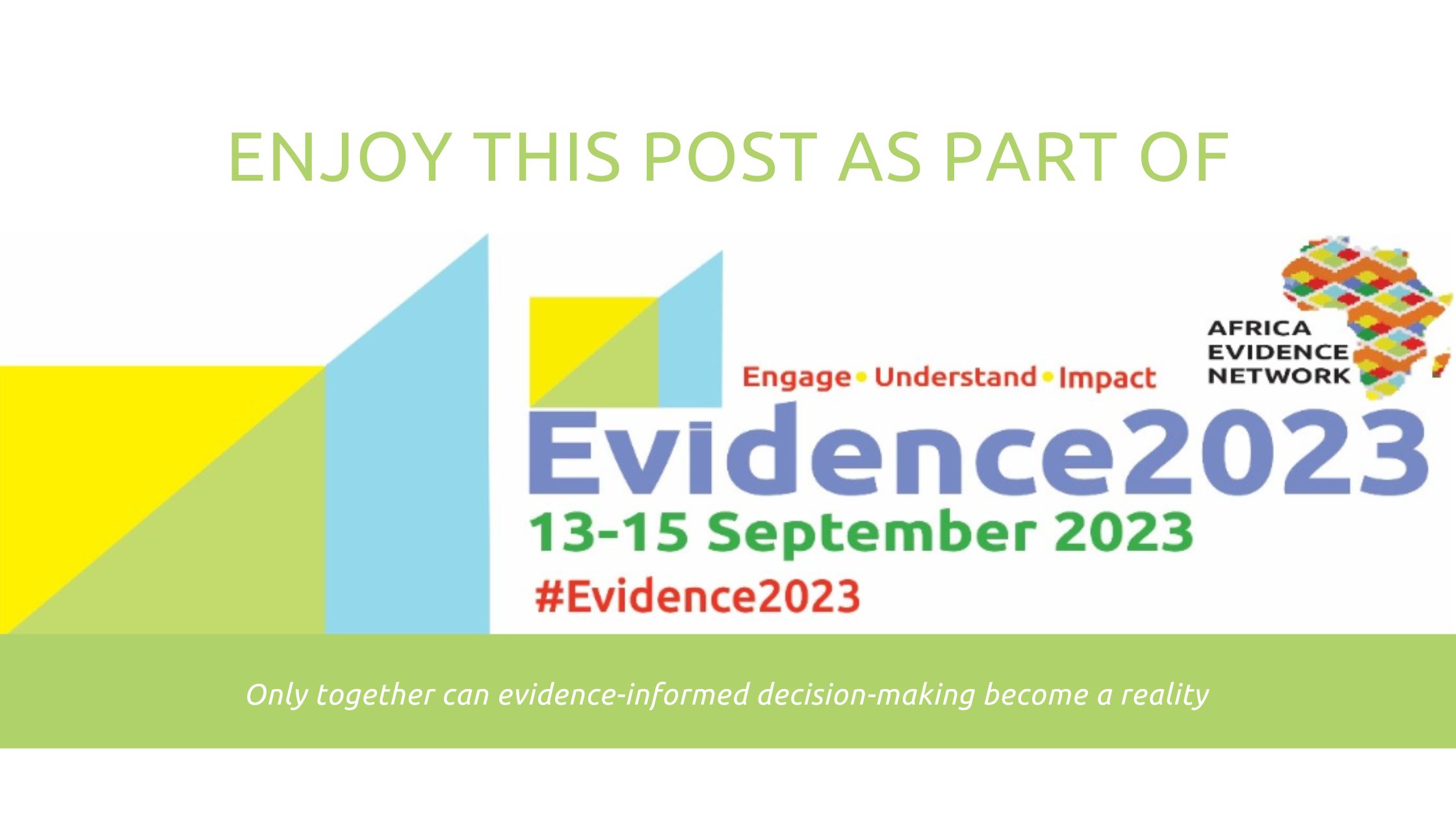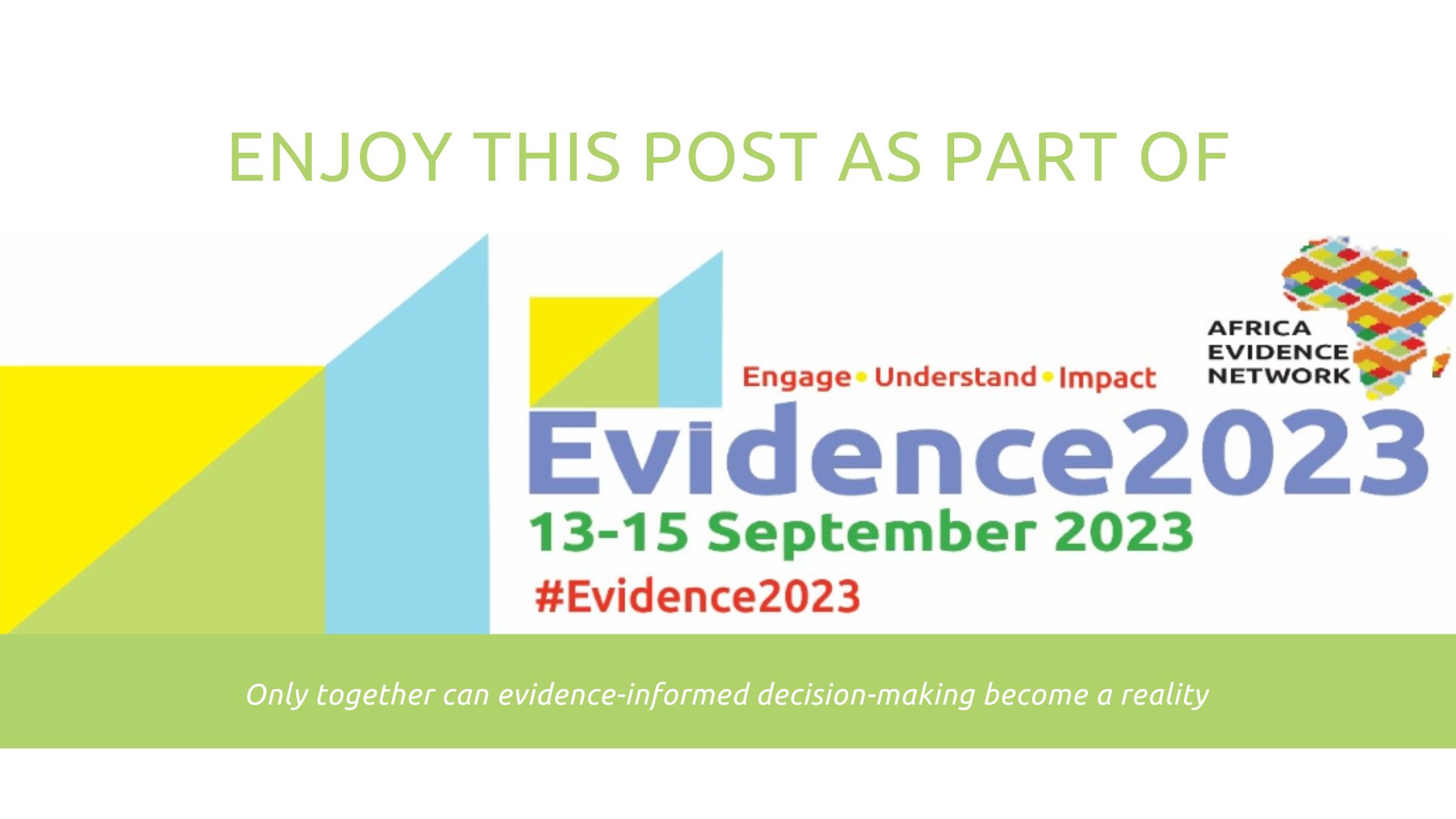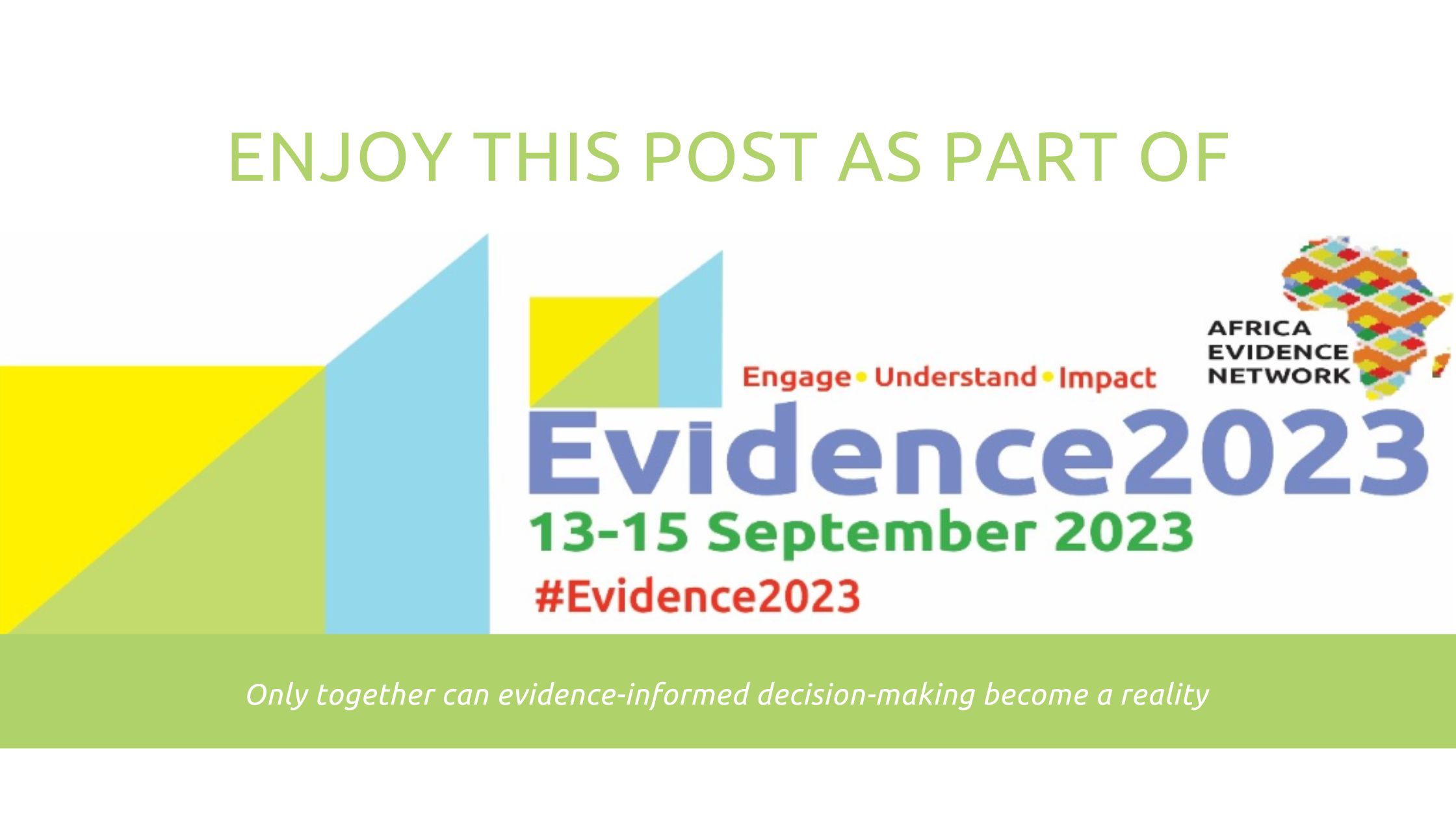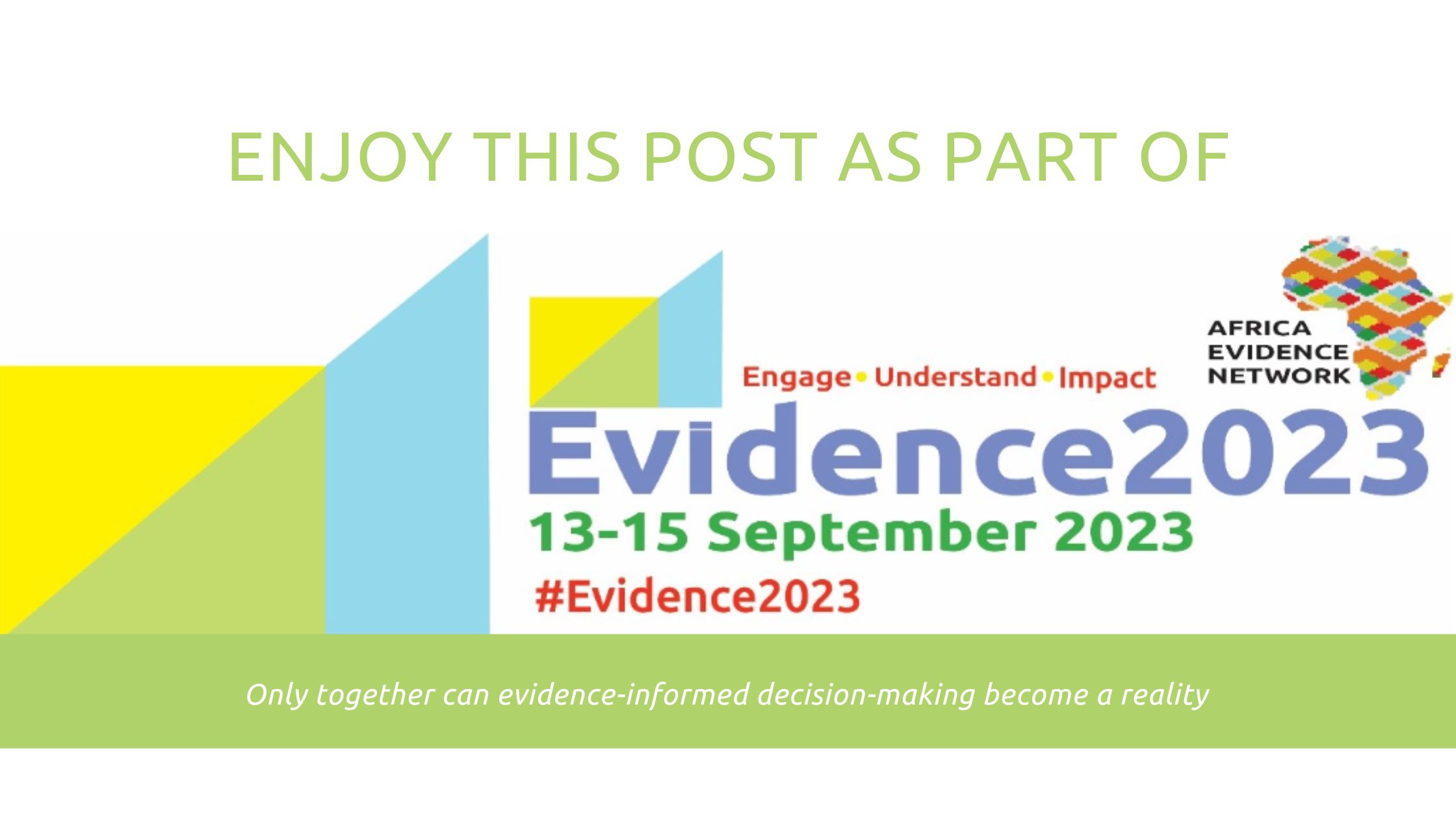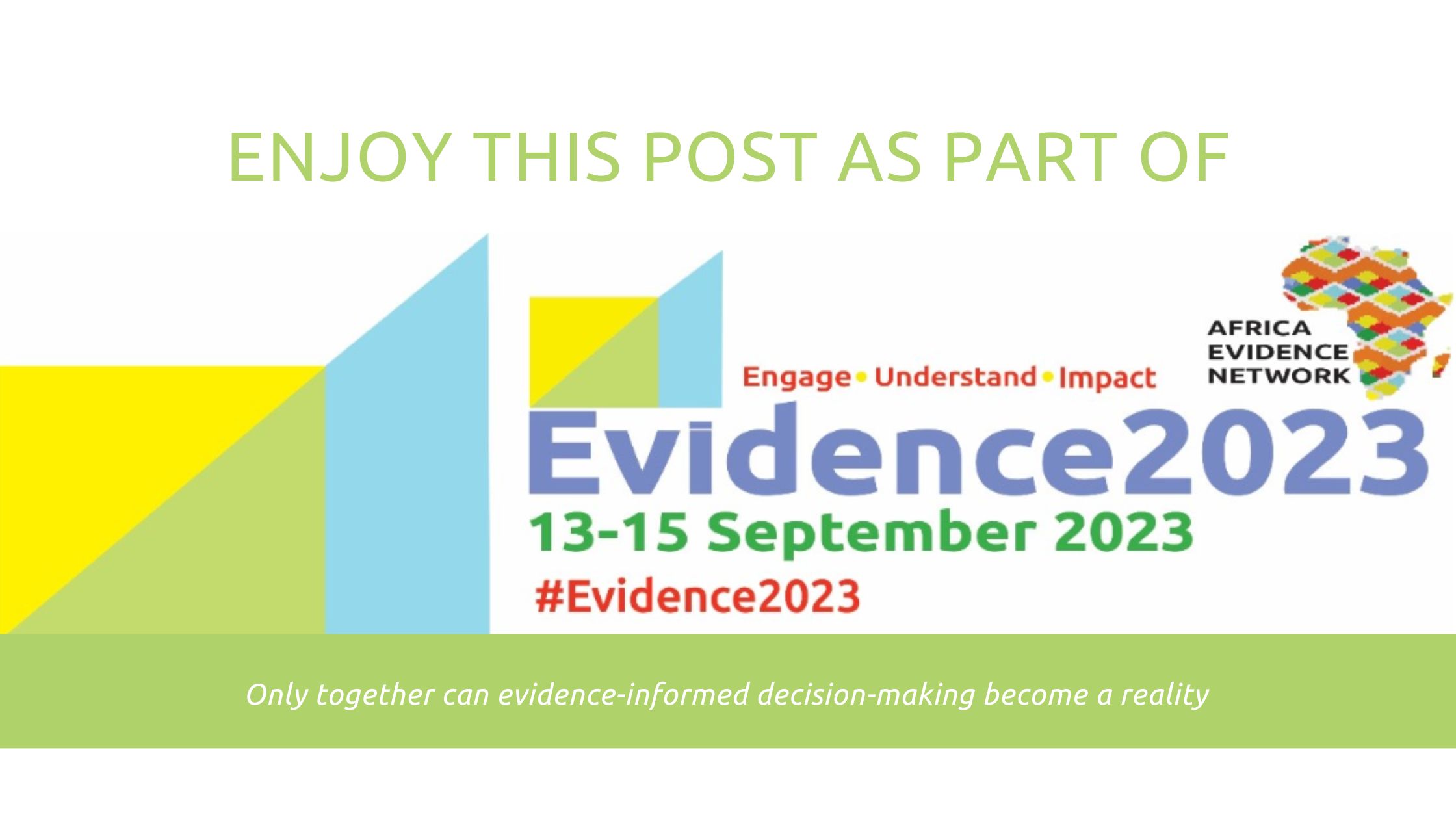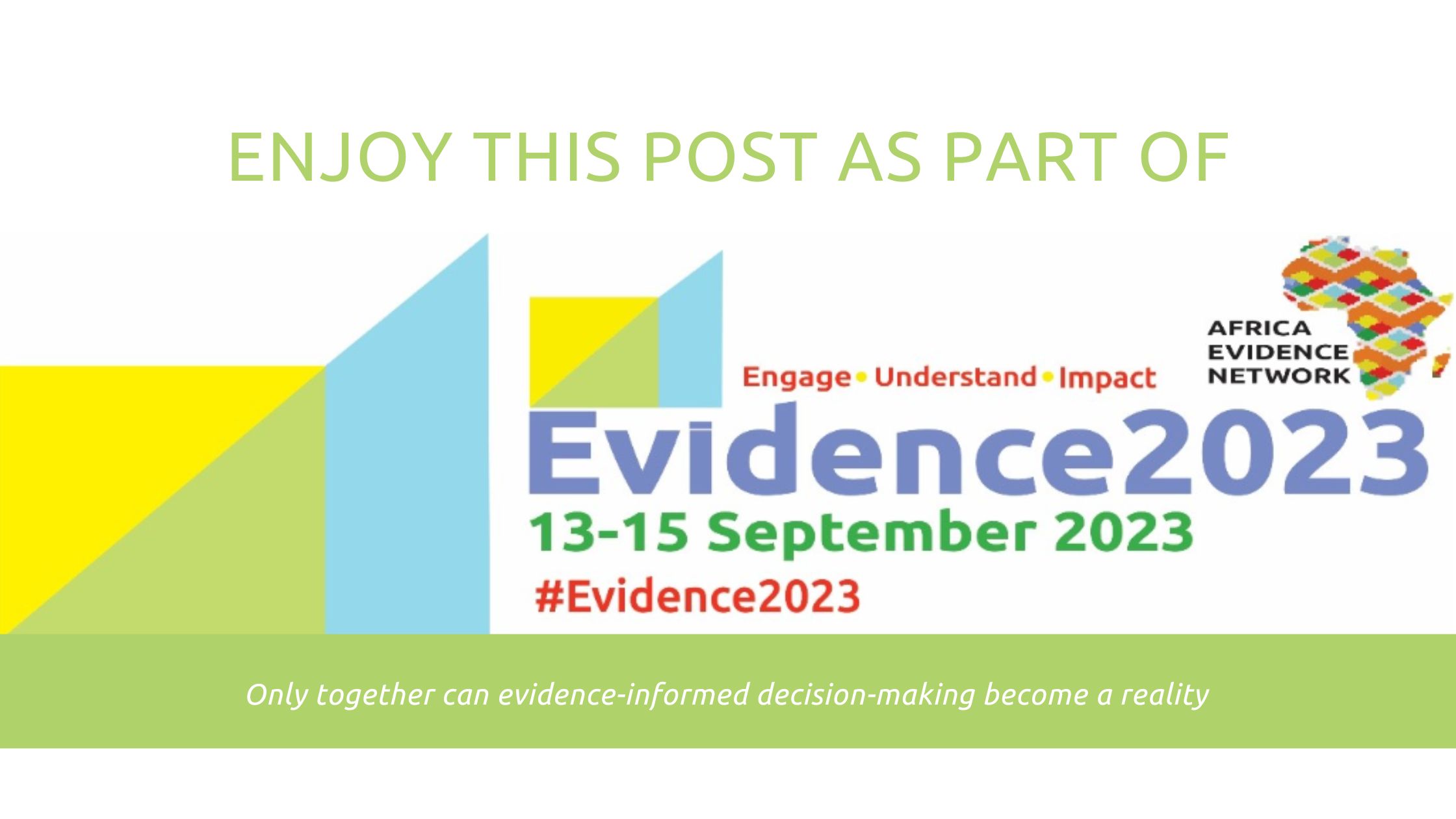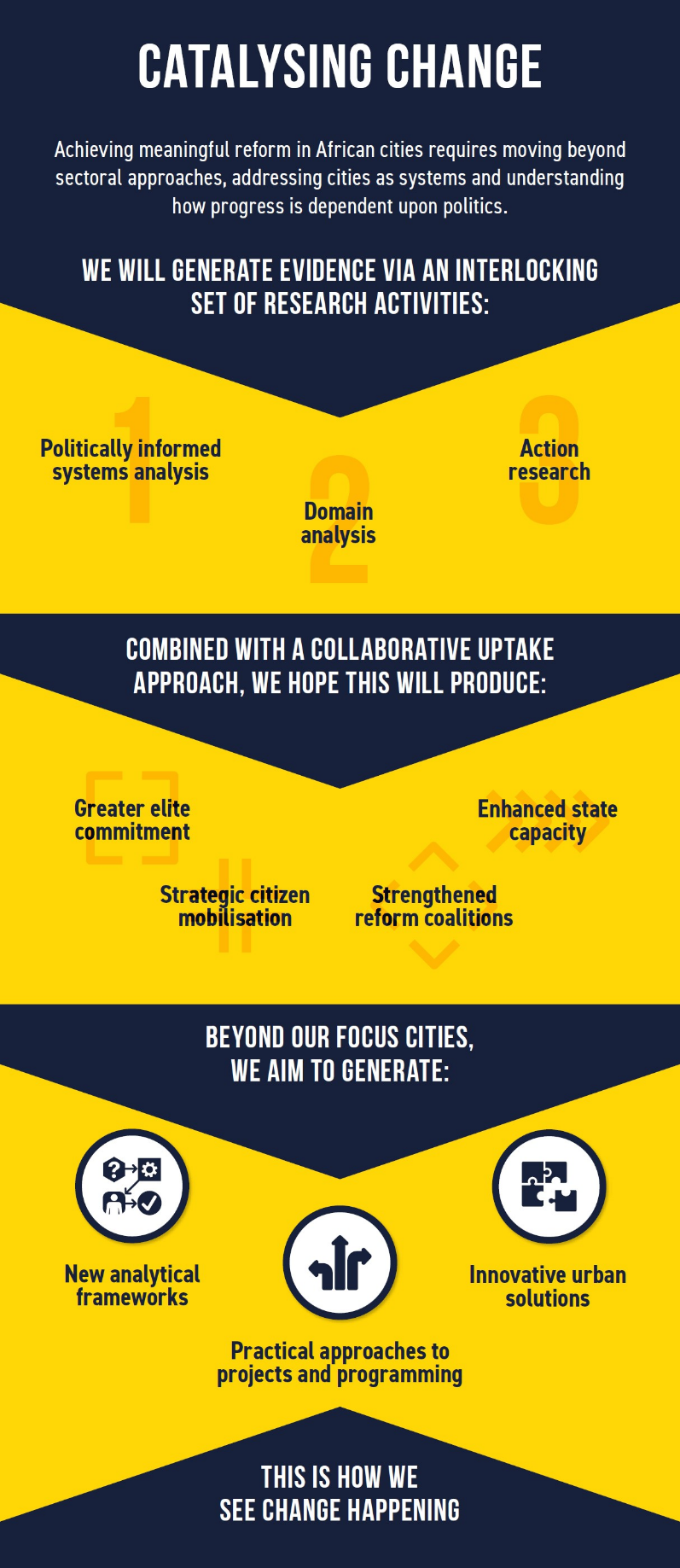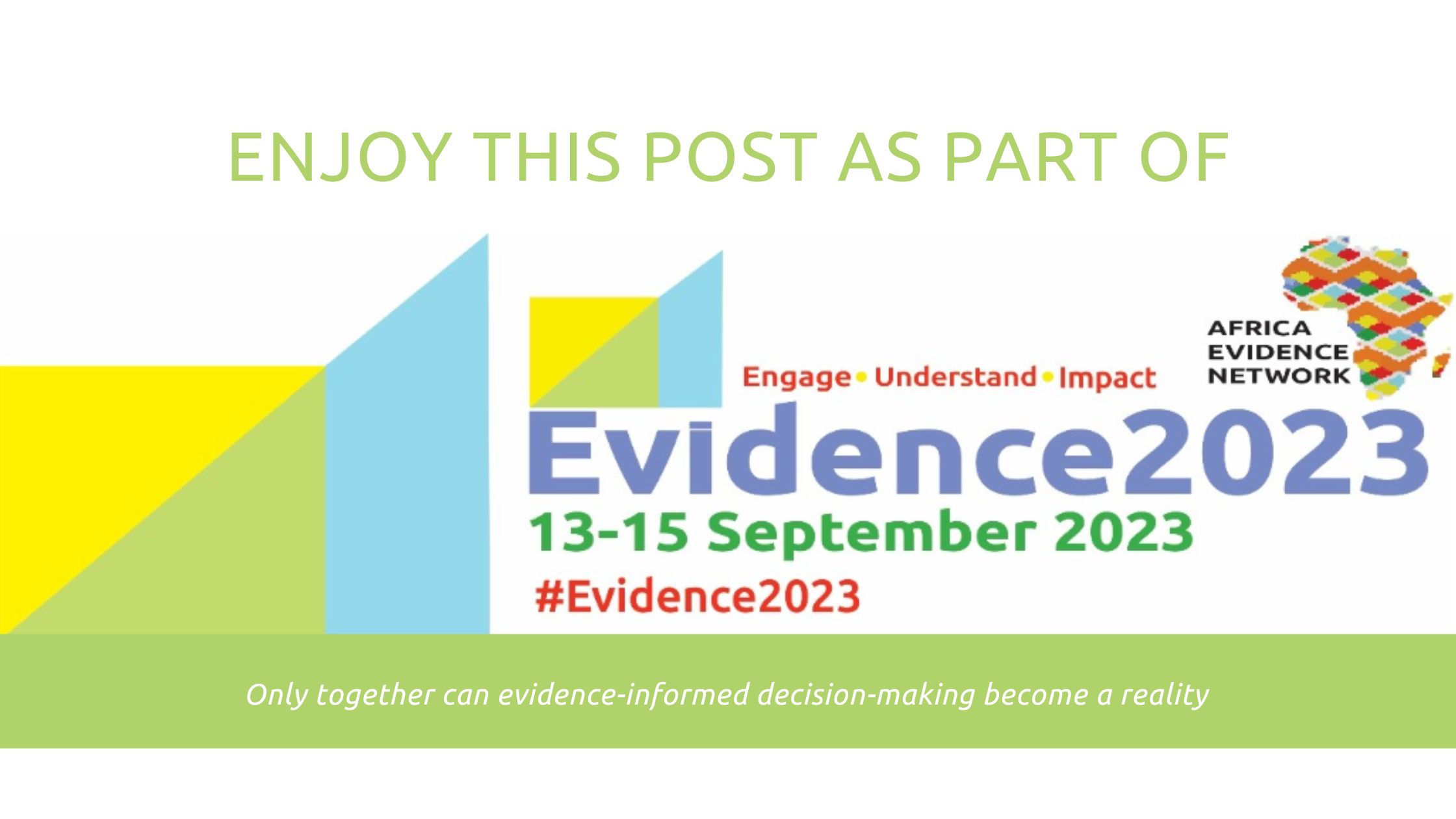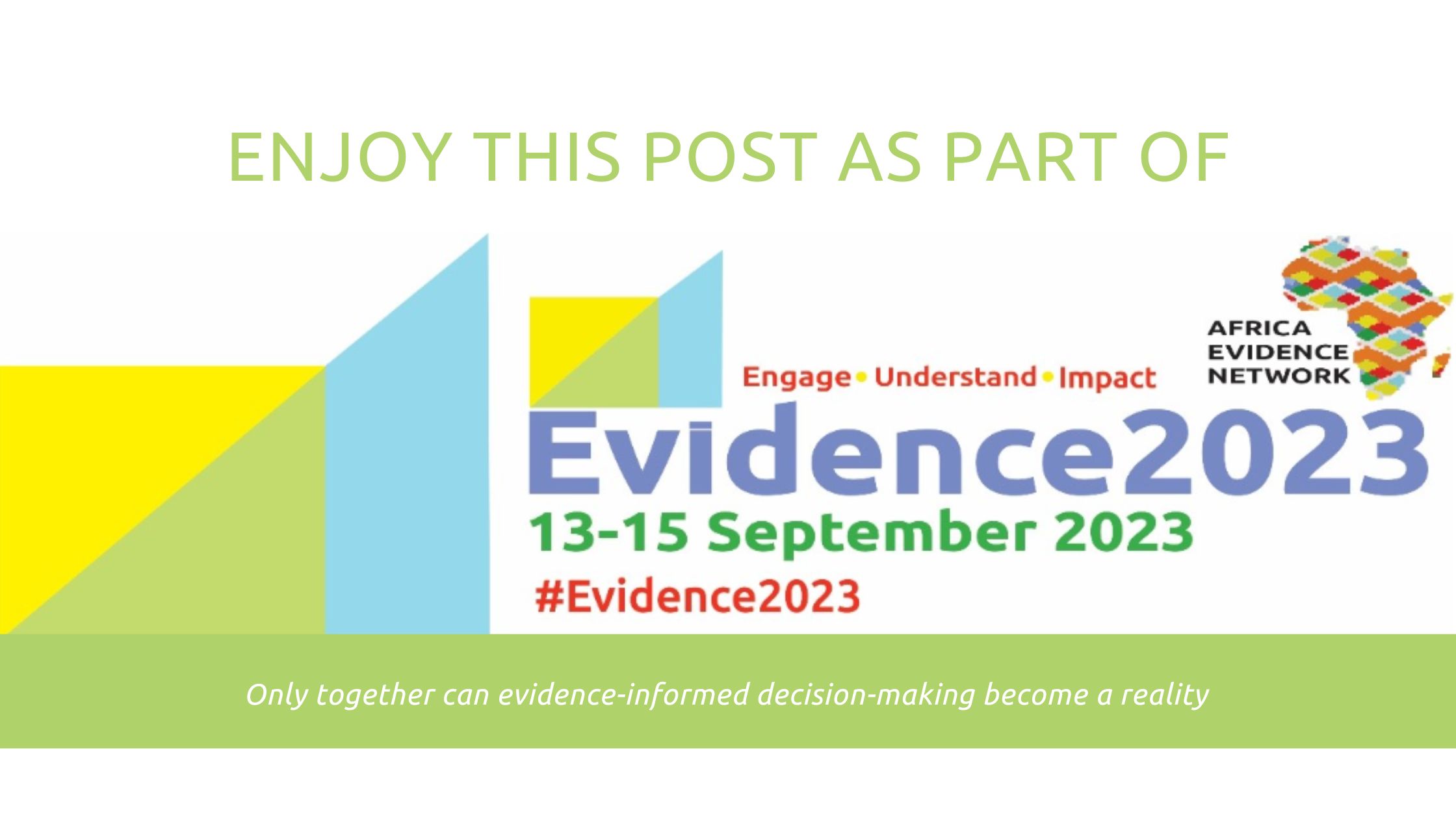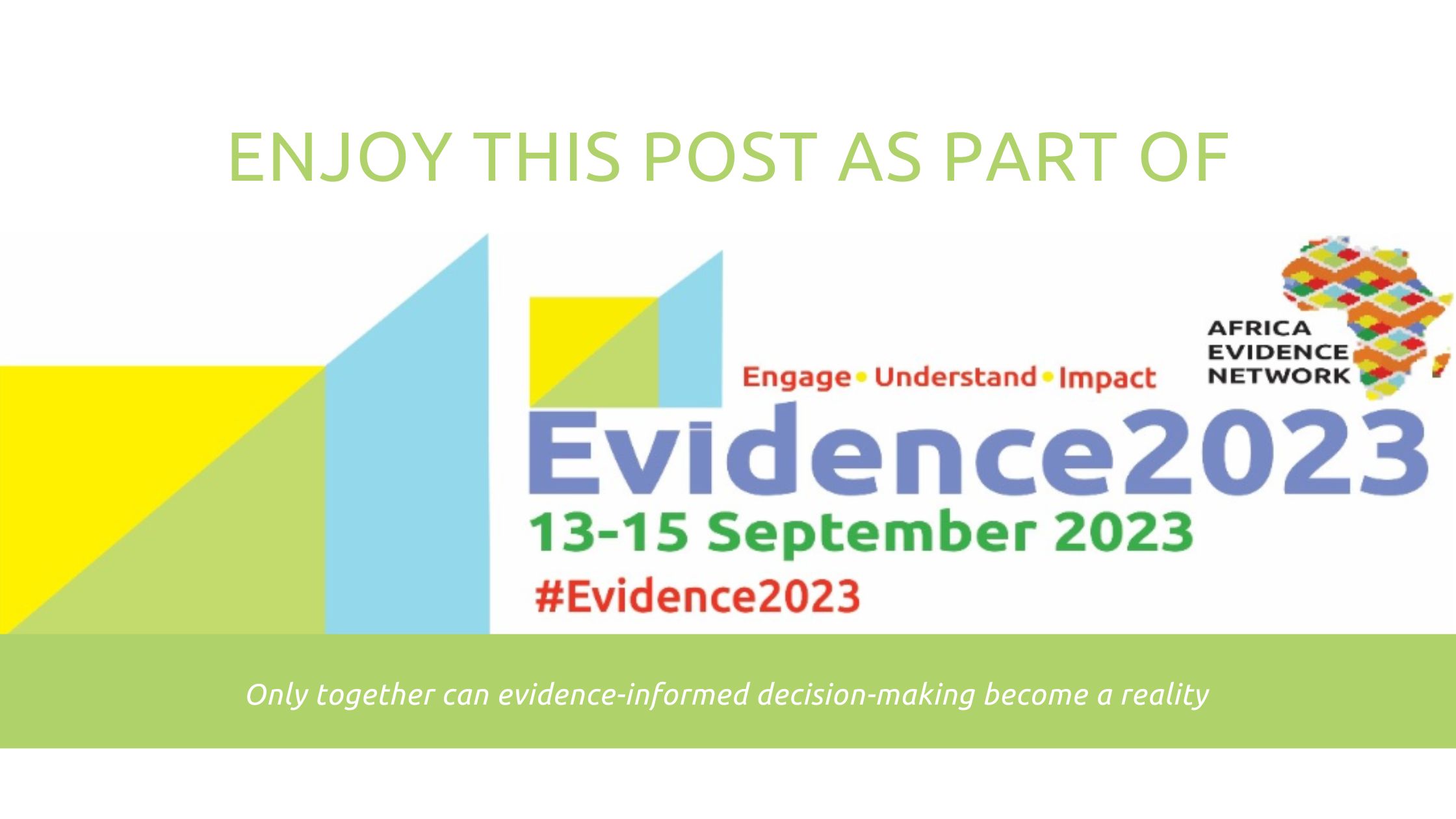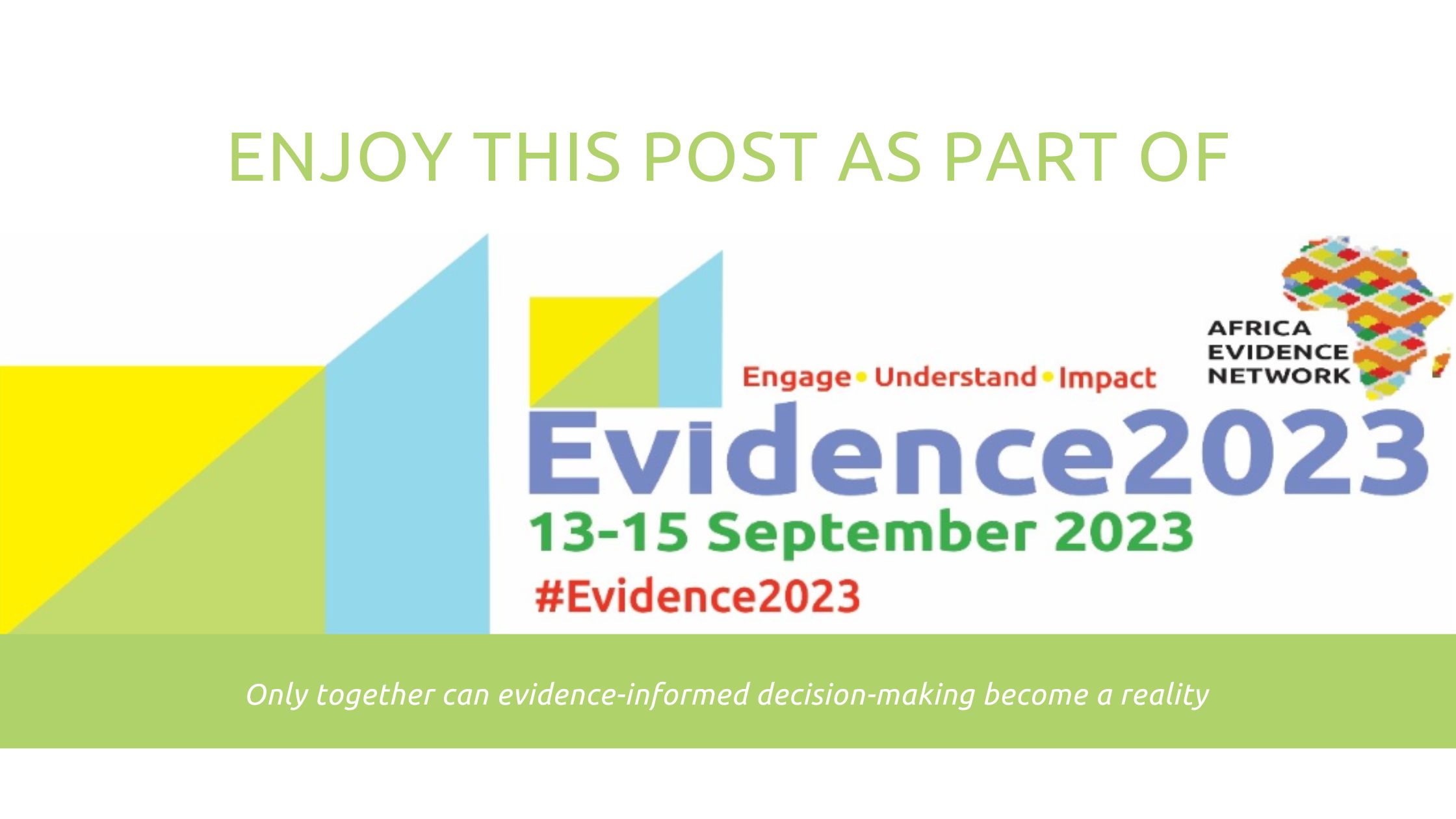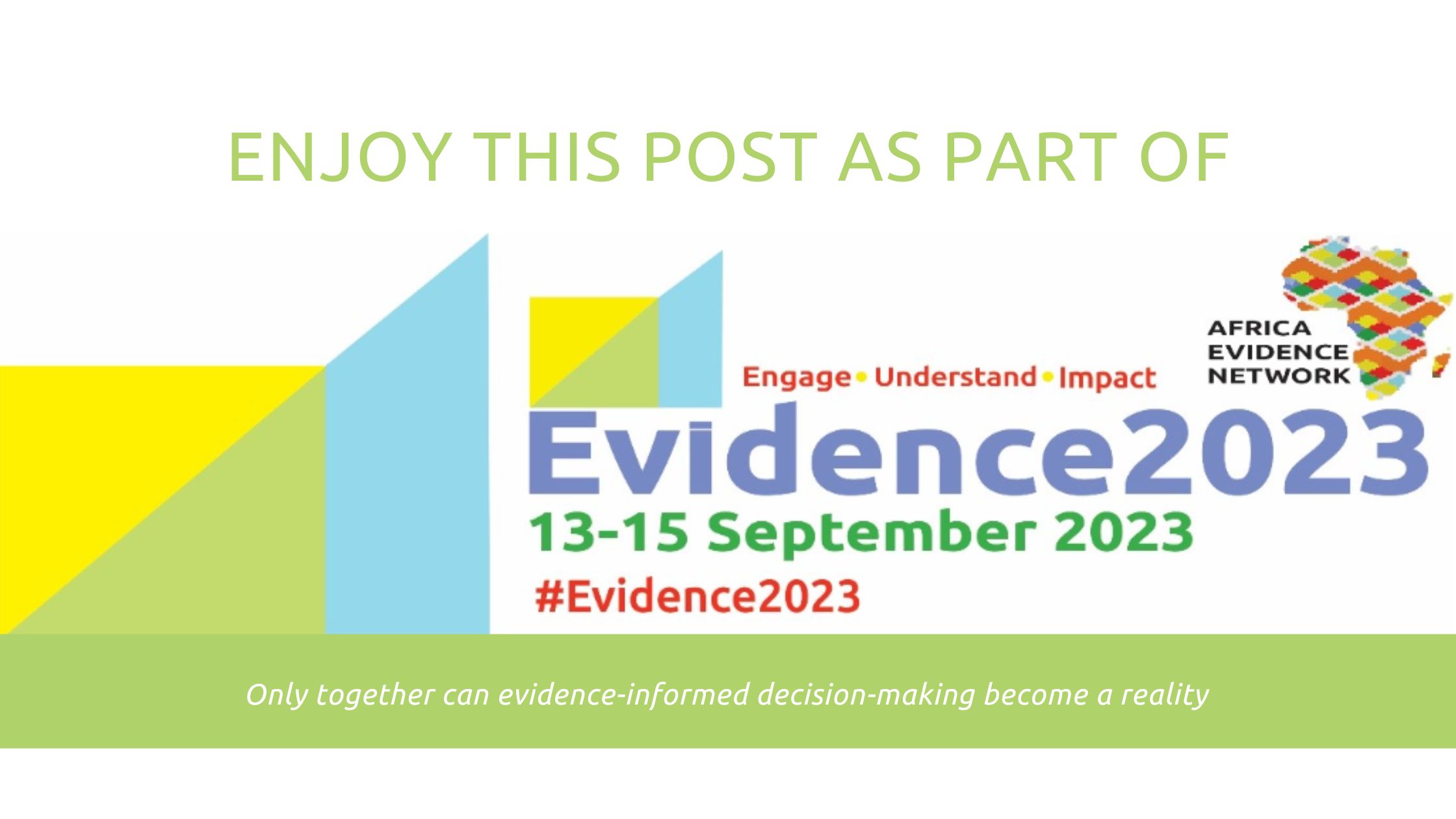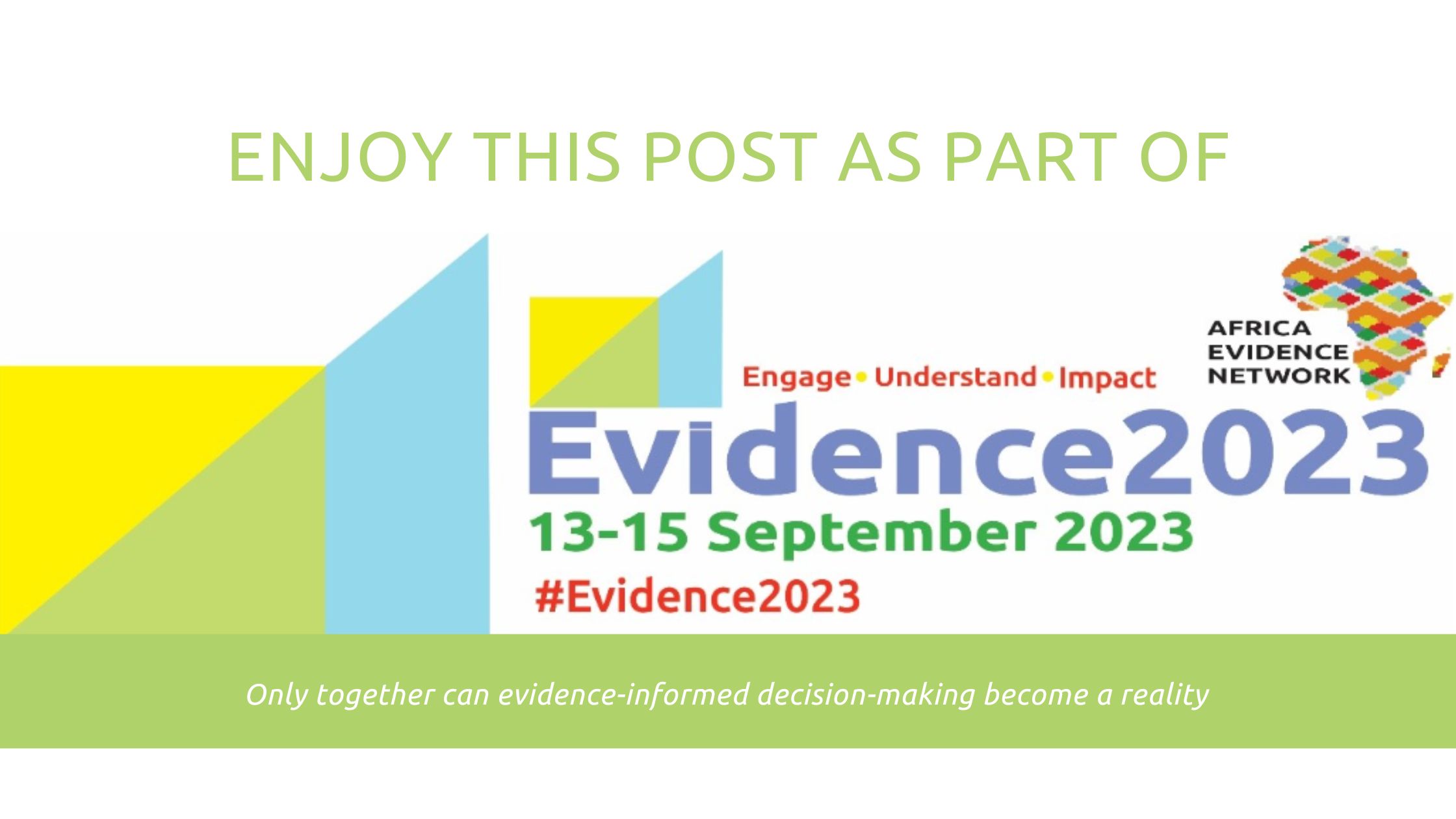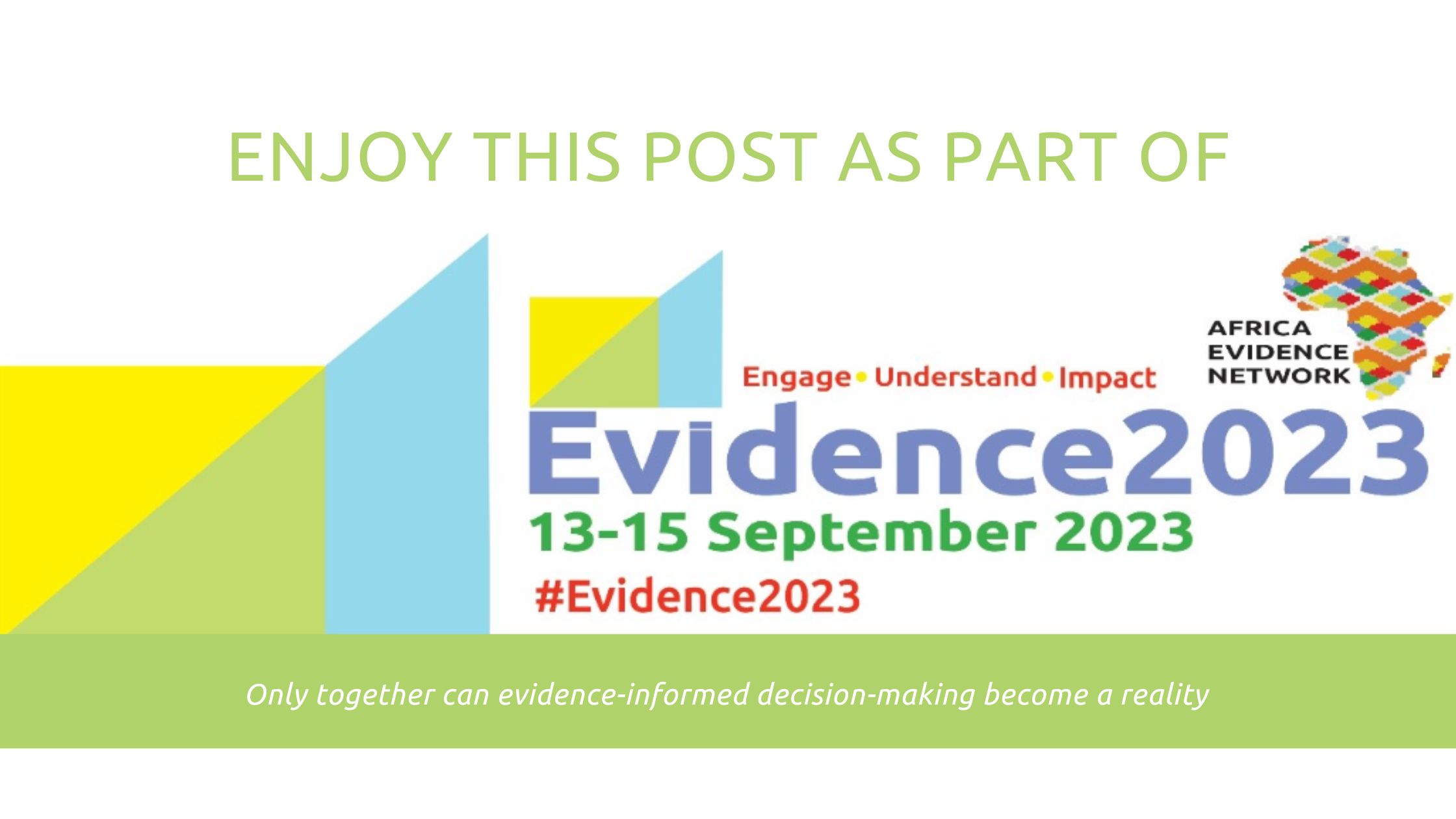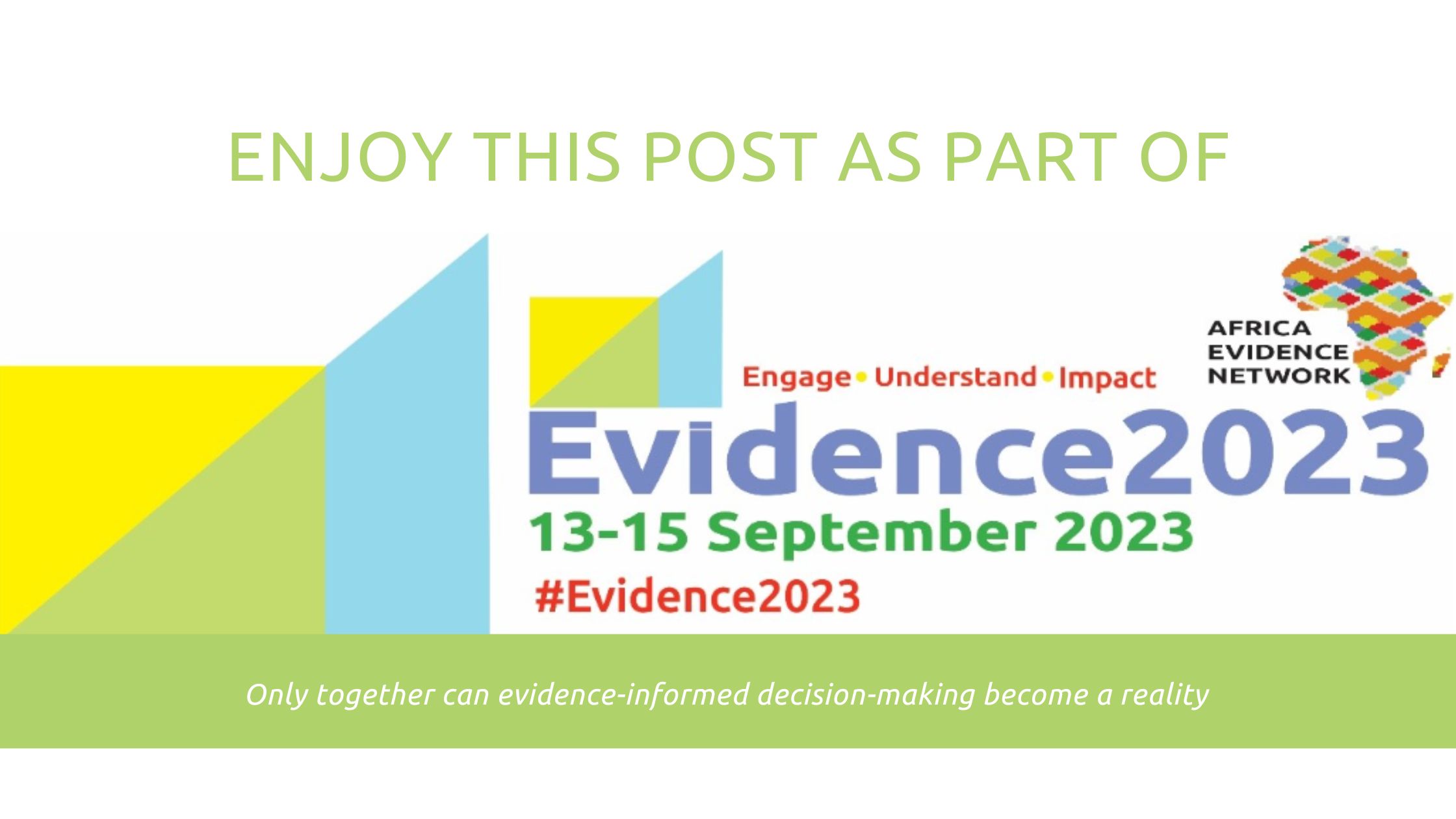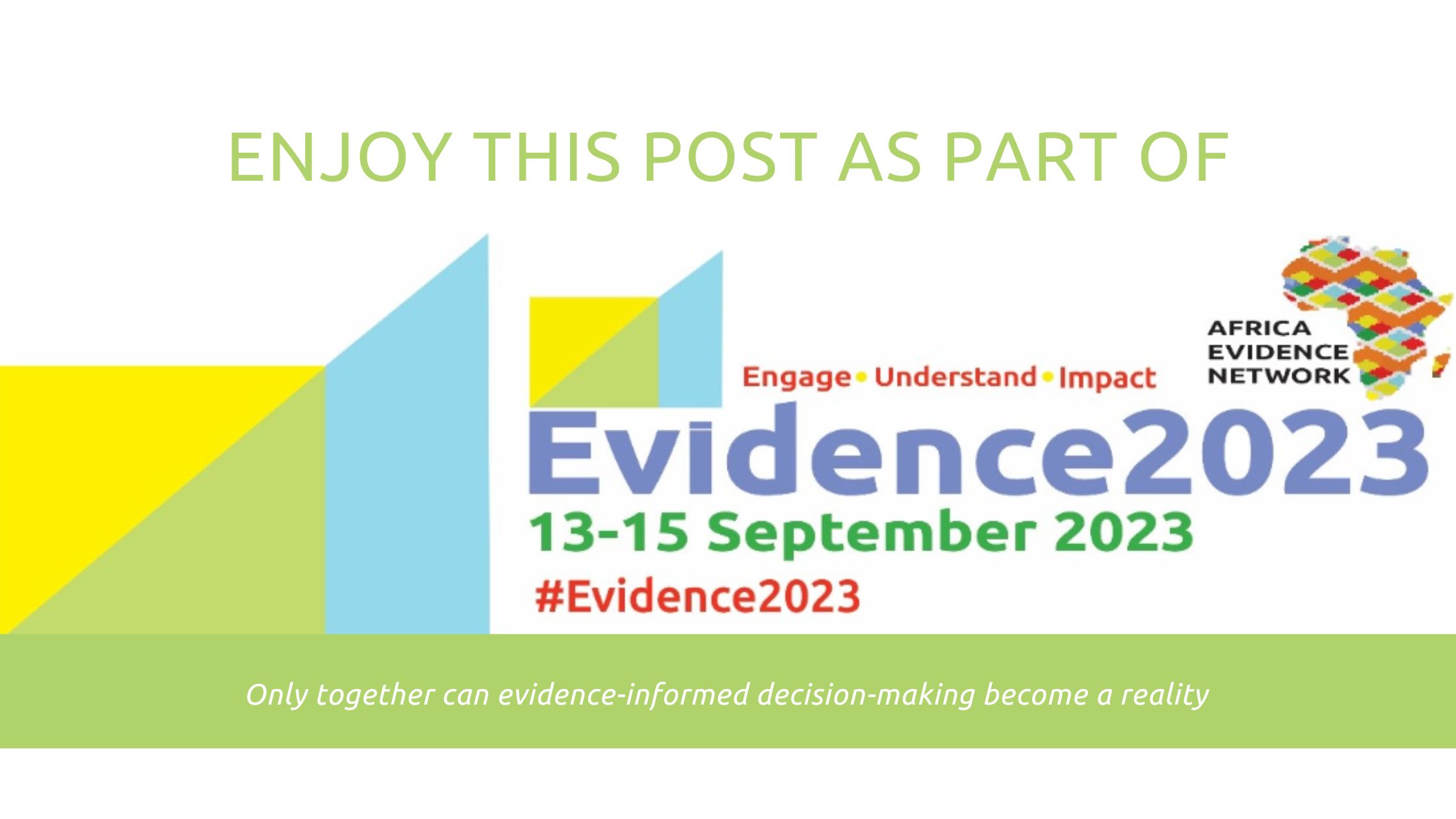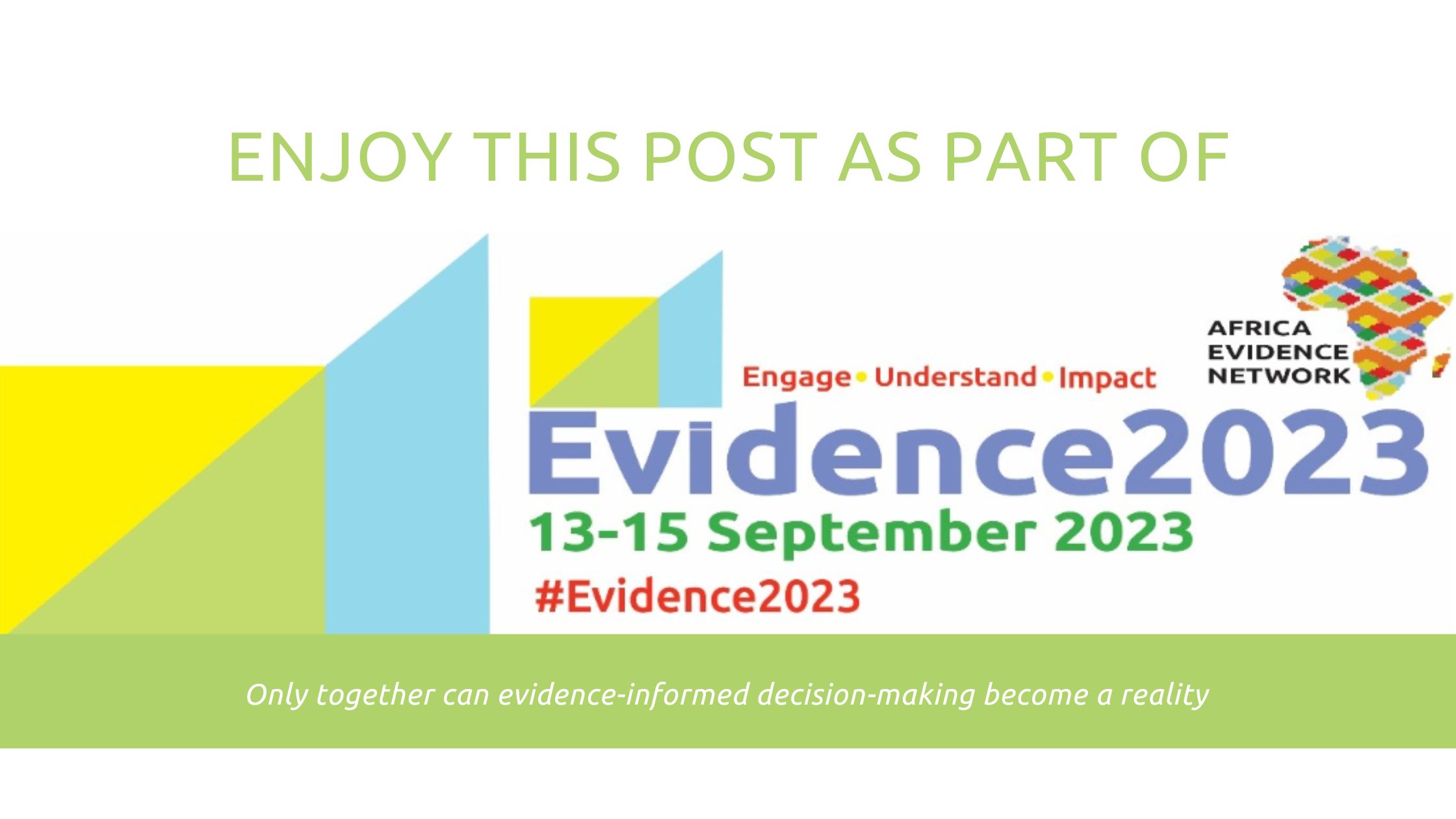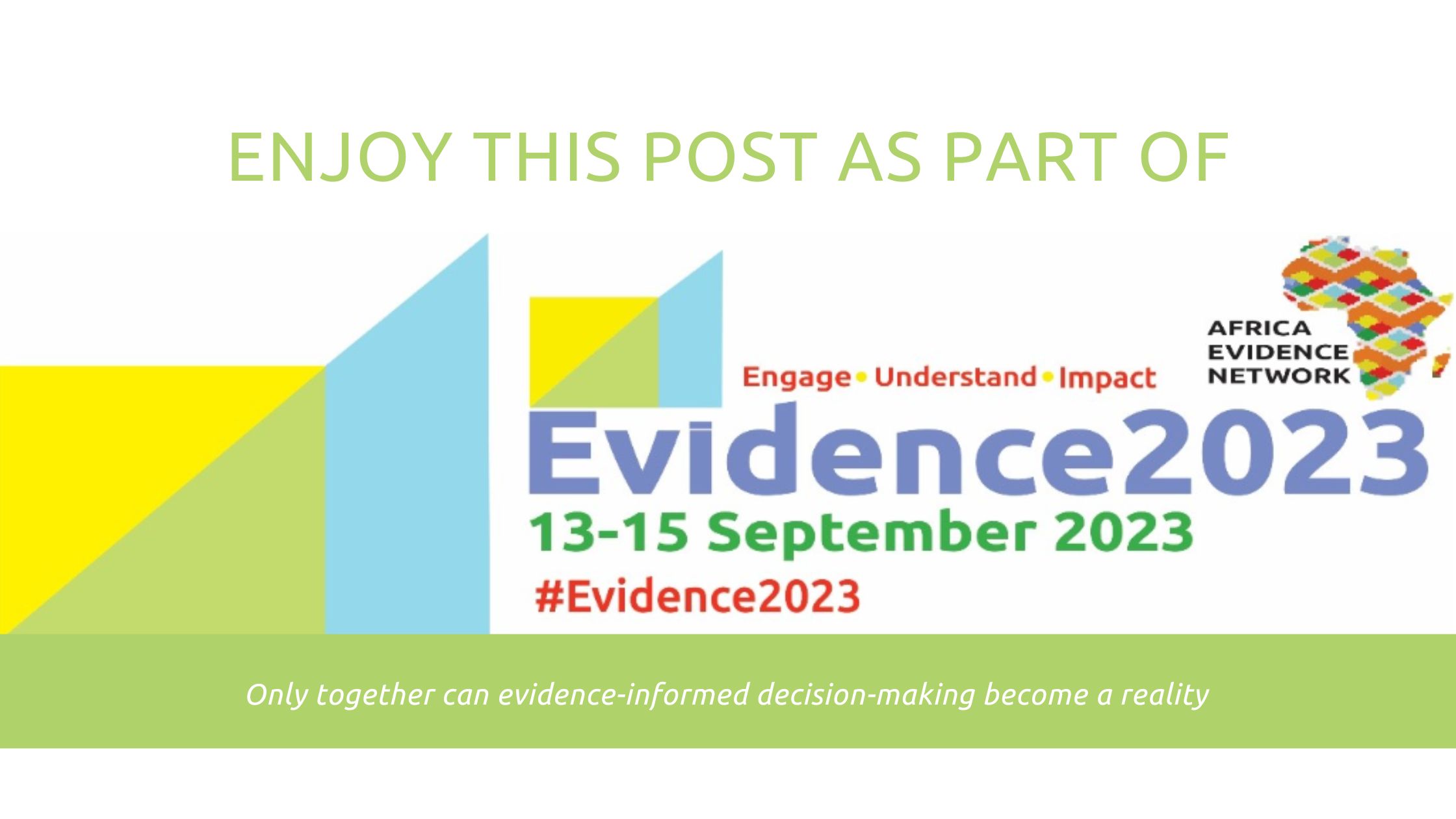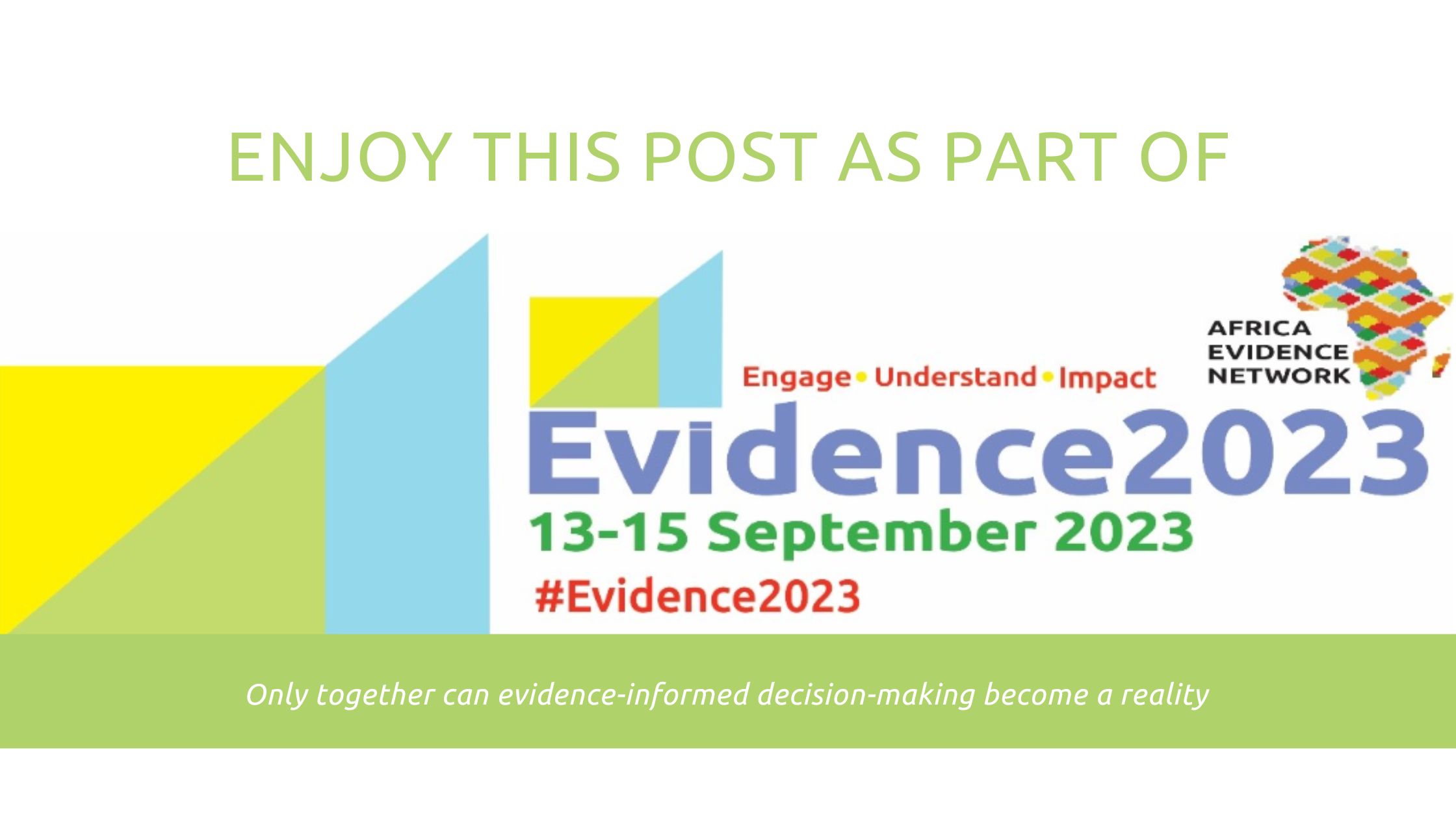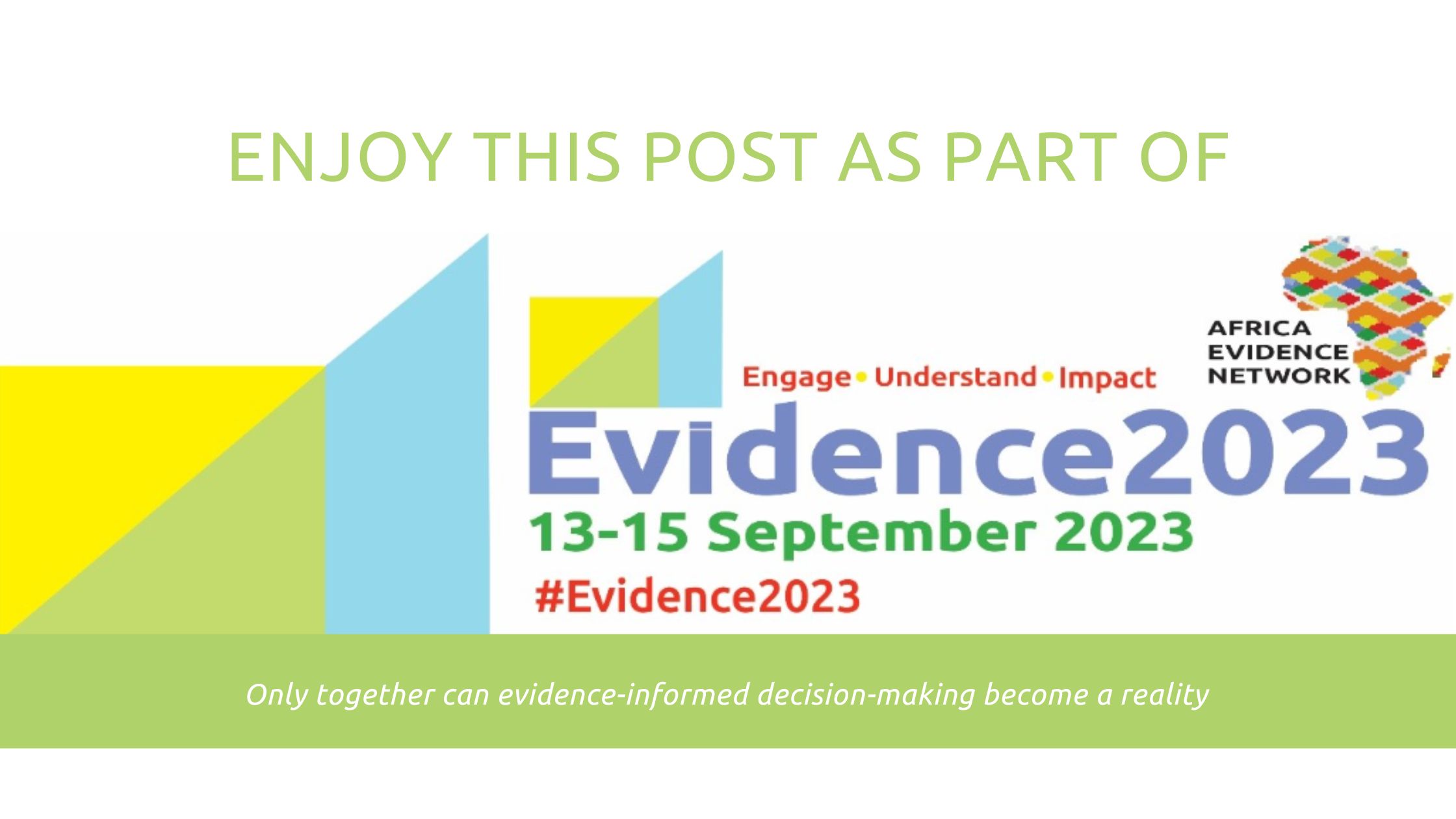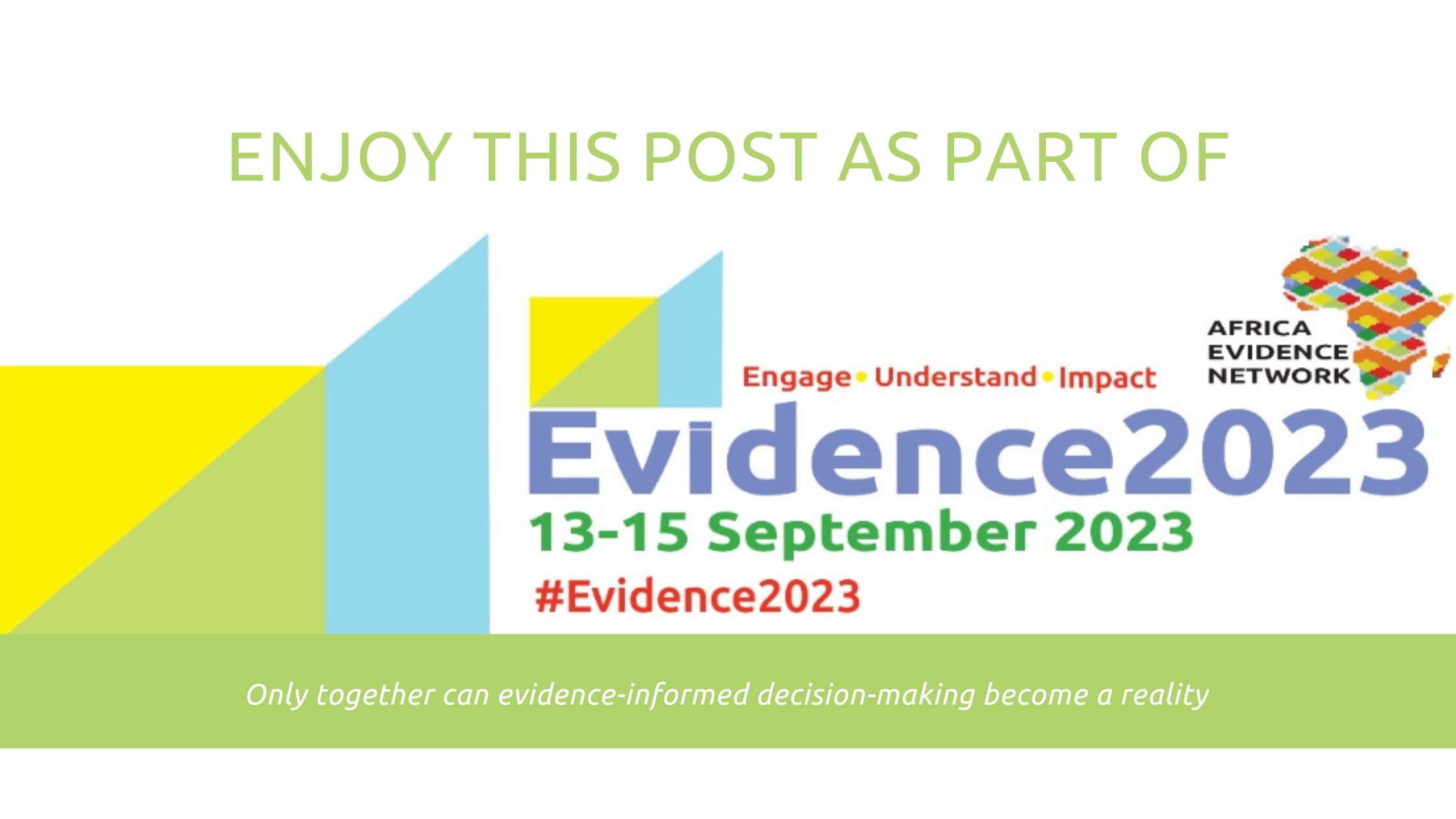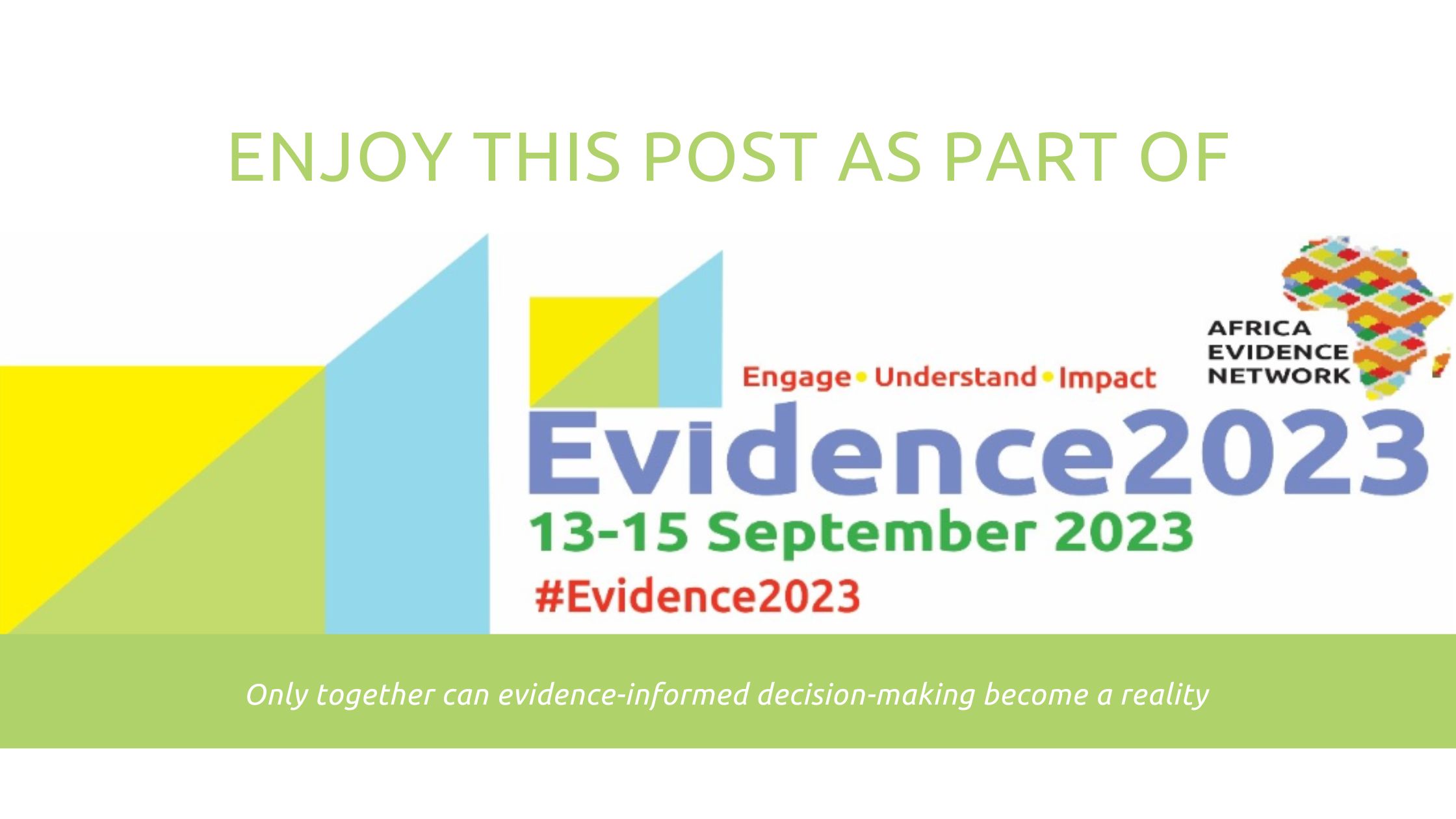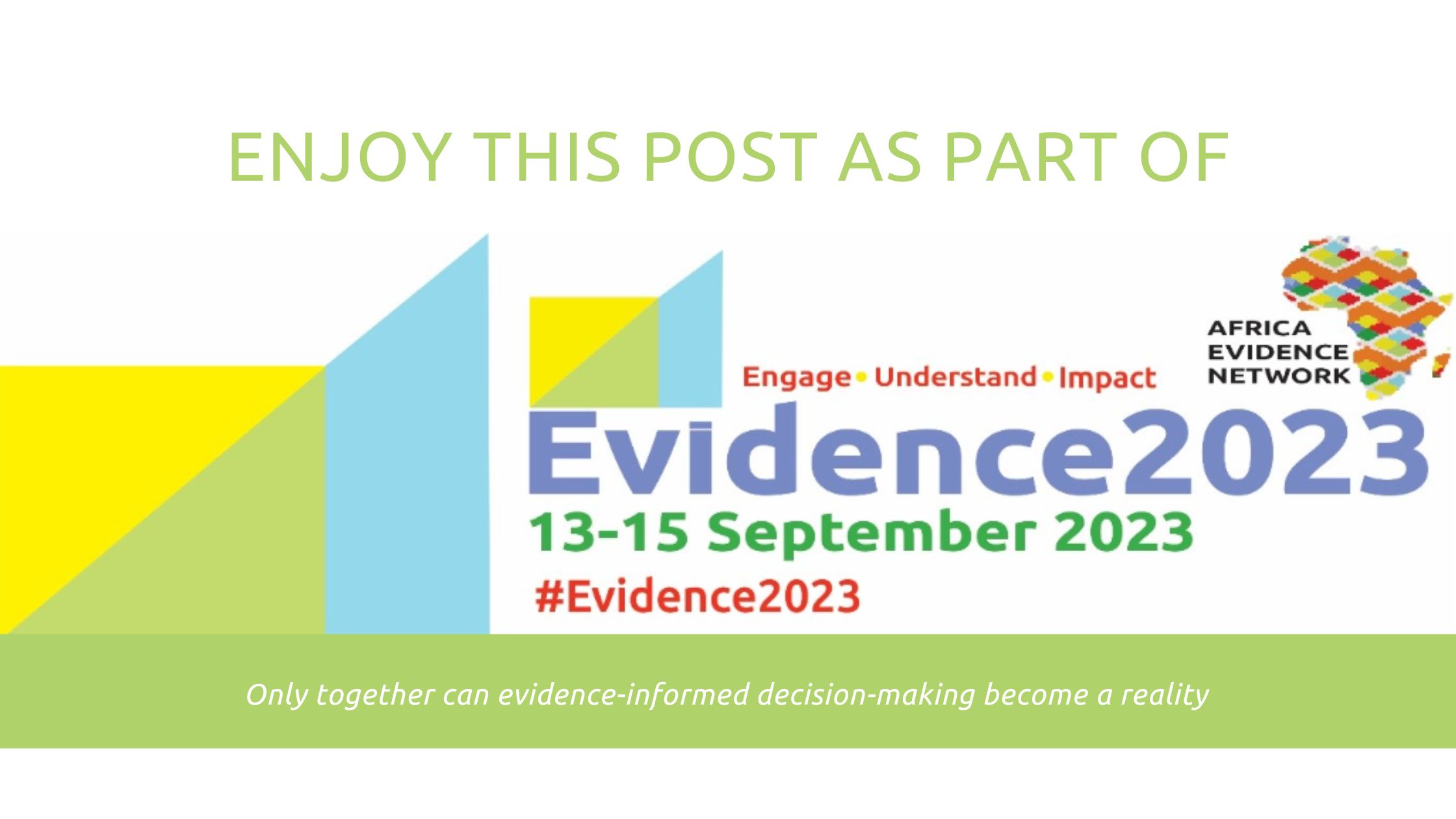
The question of Menstrual Hygiene Management (MHM) in schools has been overlooked in educational policy interventions. While there has been much talk about ‘making the school environment conducive for all learners to ensure equal access to learning opportunities’, the actions of policymakers do not match the words. UNESCO (2014) suggests that in sub-Saharan Africa, 1 in 10 girls do not attend school during their menstrual cycle, which some estimates note corresponds to 20% of the school time lost in a year. High dropout rates and low completion rates persist among girls due to menstruation, inability to manage it, and other puberty-related problems. In Cameroon, there are no specific government guidelines or policies for menstrual hygiene management in Cameroonian schools. These issues are further compounded by poorly maintained and inadequate menstrual hygiene facilities in schools adapted to serve the female population. These challenges could even be more acute for female learners in conflict environments. So how do we draw the attention of policymakers and practitioners in Cameroon to act decisively on addressing menstrual hygiene issues in schools using available evidence? eBASE Africa piloted 2 main actions including commissioning a comprehensive MHM programme in schools; and sharing the evaluation results with policymakers and practitioners through a policy event.
A comprehensive MHM intervention in schools
Stakeholder sessions organised by eBASE Africa with various educational stakeholders in Cameroon (learners, teachers, parents, and policymakers) to contextualise the eBASE Teaching and Learning Toolkit identified menstruation as one of the barriers to education for female learners. A comprehensive MHM pilot intervention was commissioned in 3 education priority regions of Cameroon affected by conflict (East, Far North and North West), and implemented by UN Women Cameroon and its partner organisations in 15 schools (9 secondary and 6 primary schools). The intervention included construction/rehabilitation of safe spaces (toilets) for girls, teacher training programme, provision of menstrual hygiene kits to female learners, creation of MHM Clubs in schools to raise awareness, and community sensitisation. Overall, the programme reached over 25,000 learners of which 10,000 female learners were direct beneficiaries.
An independent pilot evaluation conducted by a consortium of organisations led by the Association for the Welfare of Women and Indigenous Peoples (ASOWWIP) and comprising NatCen Social Research UK and the Bruyere Research Institute (World Health Organisation Collaborating Centre) Canada concluded that the intervention was feasible and acceptable within the Cameroonian context. Most importantly, the evaluation identified patterns of increased school attendance for female learners of menstruation age, an improvement in the use of positive MHM practices amongst female learners in the school milieu, and reduced stigma due to increase support from male learners and teachers because of the intervention. However, this assessment is inconclusive due to the absence of a control group and the small sample size involved in the pilot meaning such patterns would need to be tested through a rigorous impact evaluation.
Engaging stakeholders MHM issues in schools: A Policy event
A policy event can be defined as an inclusive forum where the stakeholders concerned by an intervention (decision makers, practitioners, and beneficiaries) meet with researchers to reflect on the findings of research conducted on the intervention. Although the MHM intervention was a pilot study with inconclusive results, the policy event on MHM was meant to stimulate discussions around emerging issues from the study and the strategies these stakeholders could put in place to improve on menstrual hygiene in the learning environment in Cameroon. The 1-day policy event assembled 20 policymakers from central and local governments, 15 students, 15 civil society actors involved in implementing and evaluating MHM interventions, and 10 international development partners to reflect on the results of the pilot evaluation on menstrual hygiene management. This policy event consisted of presentation and discussion of the MHM pilot evaluation results, and a stakeholder session in which various groups (learners, civil society organisations, and policymakers) were invited to reflect on menstrual hygiene in the school milieu within different context and formulate recommendations on strategies to improve menstrual hygiene in Cameroonian schools.
The main recommendations from the different groups included the following:
-
Construction and equipment of gender-sensitive toilets in schools (taking into consideration the specific needs of girls) and ensuring there is constant running water in the facilities.
-
Provision of free sanitary buckets and sanitary pads in schools
-
Reduction of taxes on sanitary pads to reduce the cost and make it affordable to all facets of the society.
-
Include MHM in school curriculum and provide special training for teachers on proper menstrual hygiene in the school environment.
-
Training parents, traditional and religious leaders on promoting proper menstrual hygiene and supporting female learners of menstruation age.
-
Including menstrual hygiene management in the support package of lower levels of government for schools
What lessons for the MHM intervention?
The recommendations of the various stakeholders indicates that policy events are an acceptable approach for communicating research evidence to practitioners and policymakers. This is because such events are opportunities to clarify research findings, obtain further inputs on the research outcomes, assists policymakers to develop, or improve guidelines towards resolving policy issues, and identify emerging areas for further research to improve policy and practice. The MHM intervention commissioned by eBASE Africa complements the ‘Operation Clean School’ Agenda of Cameroon’s Ministry of Secondary Education which seeks to galvanise communities, parents, teachers, and learners to improve on sanitation in the school environments. The Minister of Secondary Education declared “it took the MHM intervention for us to discover that we had much work to do in order to improve toilets in our schools”. eBASE Africa is committed to using policy events to communicate research evidence after conducting evaluations to determine the extent to which various interventions or policies can be implemented.
Acknowledgements: The author(s) is solely responsible for the content of this article, including all errors or omissions; acknowledgements do not imply endorsement of the content. The author is grateful to Siziwe Ngcwabe, the content committee and the Africa Evidence Network team for their guidance in the preparation and finalisation of this article as well as their editorial support.
Disclaimer: The views expressed in published blog posts, as well as any errors or omissions, are the sole responsibility of the author/s and do not represent the views of the Africa Evidence Network, its secretariat, advisory or reference groups, or its funders; nor does it imply endorsement by the afore-mentioned parties.
